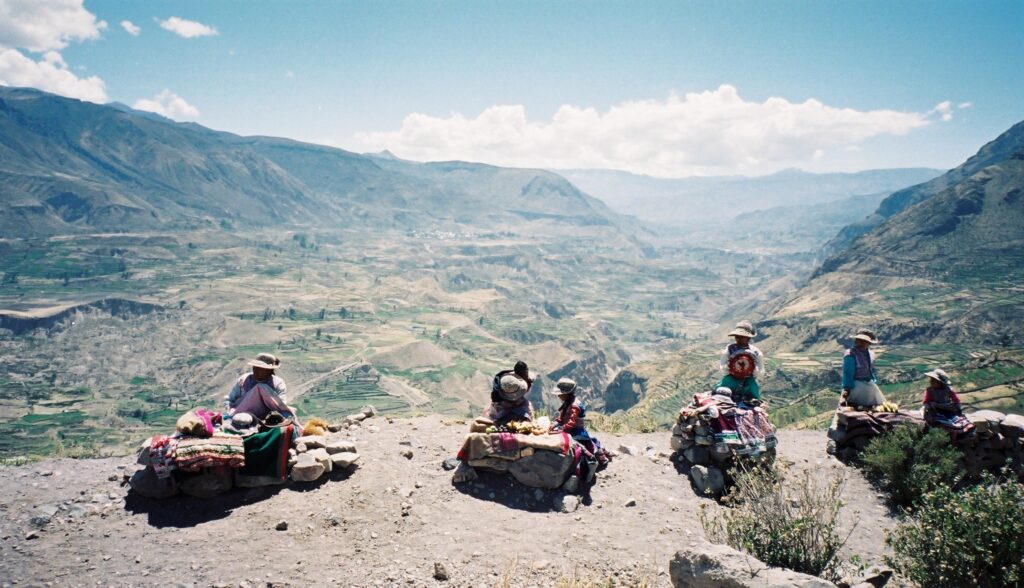Recent fellows
Chua, Lawrence
Modern Architecture and the Chronopolitics of Sovereignty in Thailand, Cambodia, and Laos
My current research project investigates the chronopolitics and temporal entanglements of modern architecture and the pre-modern built environment in Thailand, Laos, and Cambodia. It traces the histoires croisées of the region’s architectural and epigraphical fragments from the pre-colonial past into the present. The book argues that although architectural modernity is typically narrated as a new conception of time rooted in the present, modernism in Southeast Asia was also oriented toward “medieval” and “classical” pasts. This argument necessitates an investigation into what these temporal categories, imported from European historiography in the 19th and 20th centuries, meant in the context of the Southeast Asian built environment and how the colonial deployment of the concept of renaissance squared against local understandings of karma, rebirth, and sovereignty. It also demands related questions about the reorganization of the building trades in Southeast Asia and the transition from state-building projects as forms of world-making in the pre-colonial period to the professionalization of architecture in the 19th and 20th centuries. This development relied on the transregional circulation of labor, the implementation of architecture as a handmaiden of 19th-century colonialism and later 20th-century nationalism, and the modern encounter between autochthonous, migrant, and imperial cultures.
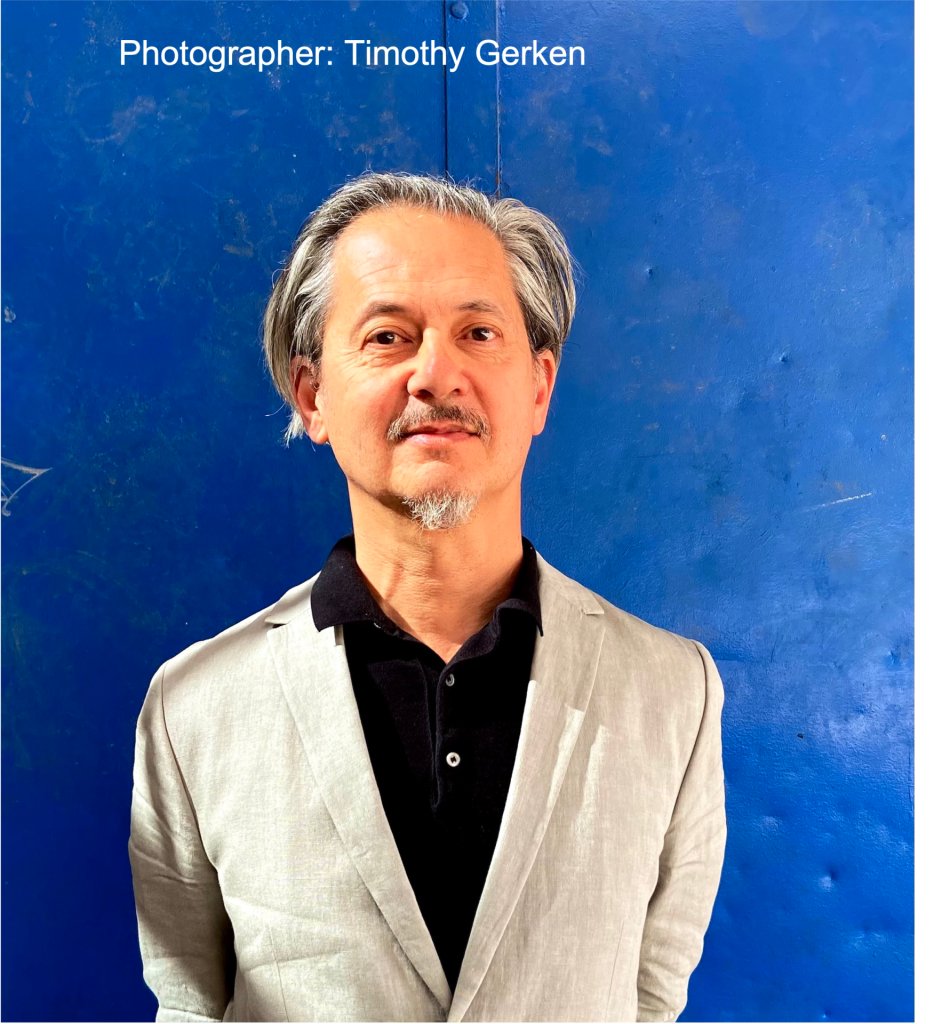
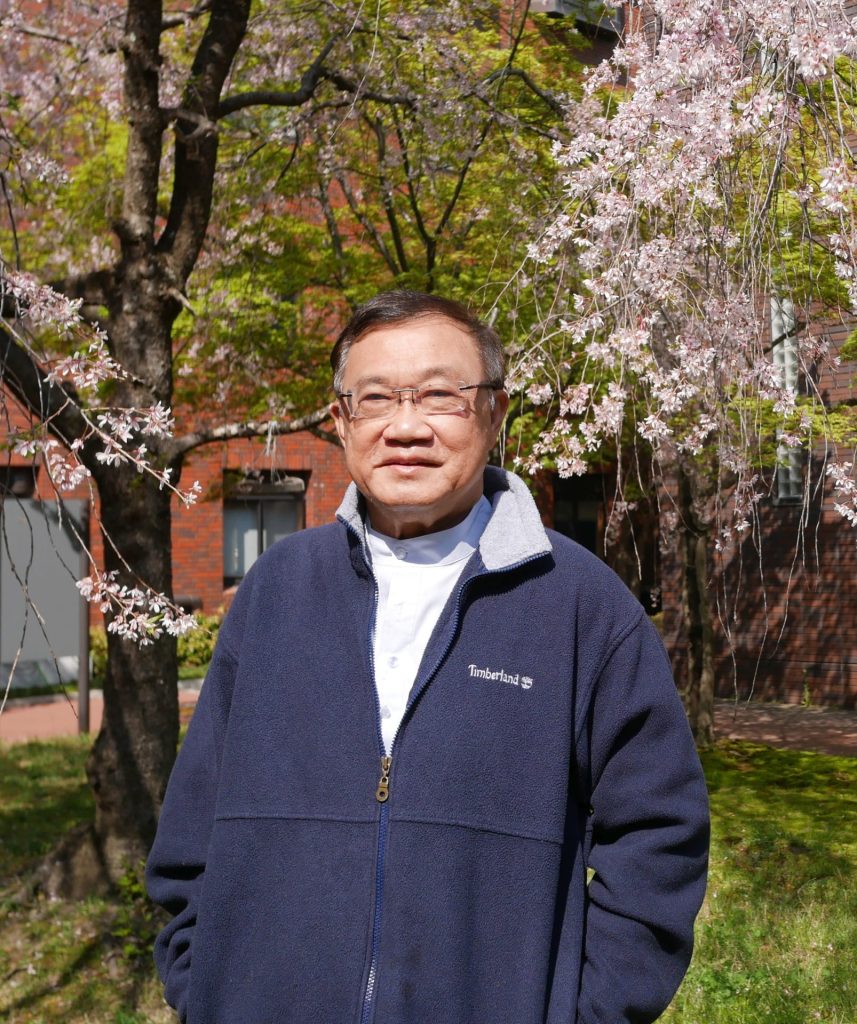
Tong, Chee Kiong
New Humanisms in Asia
Modernity has often been constructed as the rise of 1) individualism and 2) the idea that rational scientific thought will supplant, or at least reduce, the influence of religion and traditional belief systems. Critics of modernity and modernism, particularly post-modern scholars, have pointed to wars, violence, identity politics, religious conflicts, ethno-nationalism, and environmental issues as failures of modernity to deliver progress. In addition, religious revivalism and the growth of new religious movements in many parts of the world, including Asia, have made us more skeptical about the role of modernity and science. This project seeks to understand the relationships among religion, secularity, spirituality, and modernity in contemporary society. Based on primary fieldwork in various parts of Asia, including Singapore, Malaysia, Taiwan, Hong Kong, and Japan, it seeks to develop a model to understand human behavior and social interaction in the modern world by combining the concepts of spirituality and humanism.
Yos Santasombat
Chinese Capitalism in Southeast Asia
Over the past ten years, I have coordinated a team of international researchers and carried out four research projects on the expanding role of China in Southeast Asia. The first project is a contemporary analysis of the Impact of China’s Rise on the Mekong Region (Palgrave Macmillan, 2015). The second project focuses on the history and evolution of Chinese Capitalism in Southeast Asia (Chinese Capitalism in Southeast Asia: Cultures and Practices, 2017; The Sociology of Chinese Capitalism in Southeast Asia: Challenges and Prospects, 2019). The third project examines contemporary Chinese transnational mobility through ethnographies of mobile Chinese subjects in Malaysia, Singapore, and Thailand, and their interactions with the ethnic Chinese communities in these countries (Transnational Chinese Diaspora in Southeast Asia, Springer 2022). The fourth and ongoing project focuses on the impact of China’s Belt and Road Initiative (BRI) on Southeast Asia.
Through the conceptual lens of State-led Capitalism, Chinese economic statecraft, de-territorialized nationalism, and multipolarity, our research project attempts to assess and analyze the continuing impact of China’s rise on Thailand and ASEAN during a critical period of Southeast Asian history. Our research objectives are (1) to assess the impact of China’s BRI megaprojects in Thailand and Southeast Asian countries with special focus on ethnographic case studies of special economic zones (SEZs) and high-speed train projects, (2) to comparatively examine and critically analyze the risks and benefits stemming from these megaprojects in Thailand and Southeast Asia, and (3) to organize international seminars on the BRI and to discuss policy implications and recommendations for regional development and balance of power.
I would like to use my time at CSEAS to read more widely about the BRI, discuss and learn from distinguished colleagues at the Center, and to synthesize analyses of the impact of China’s BRI on Southeast Asia into a monograph. This work should represent an integrative and ethnographically grounded approach and offer a more holistic understanding of the transformation of China-Southeast Asia relations. I will also work with Dr. Decha Tangseefa, my partner at the CSEAS, in editing a research monograph on China’s BRI in Southeast Asia: Concepts and Methodologies and organizing international workshop(s) and a conference on China’s BRI in Southeast Asia.
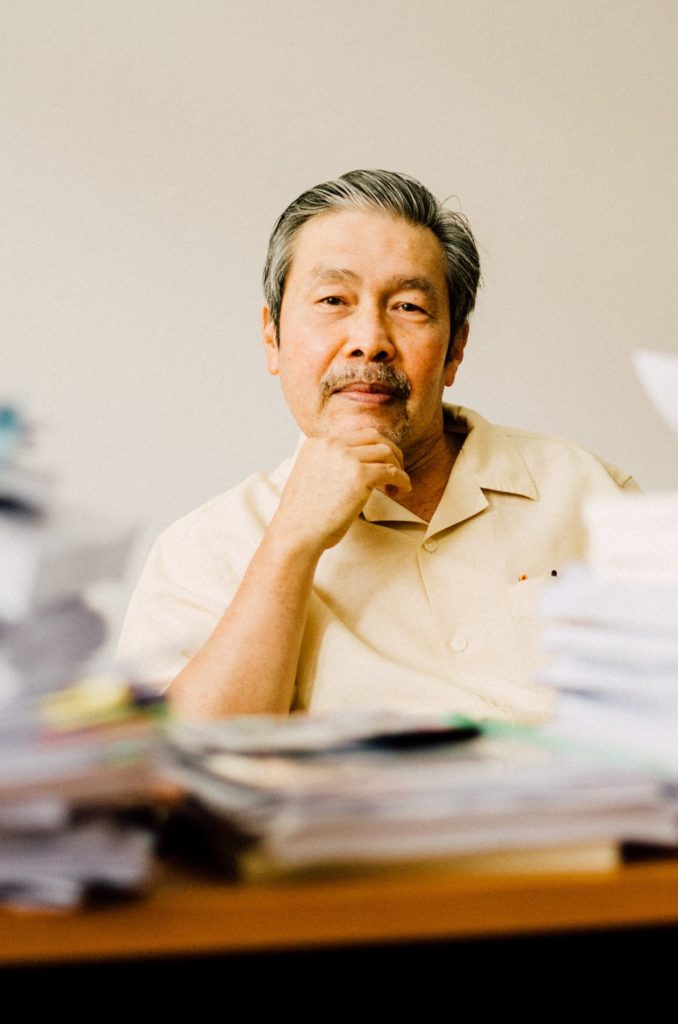
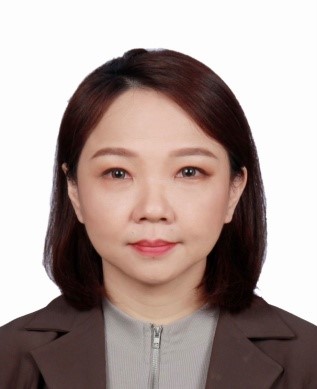
Wong Shwu Huey
Sustainable Development of Chinese Primary Schools in Malaysia
Social change requires continuous adaptation in the educational sphere. Education in Malaysia has undergone profound political, economic, and cultural changes in recent years, particularly in responding to the boom in information technology and intelligence derived from the Fourth Industrial Revolution and to the Covid-19 pandemic. Chinese primary schools in Malaysia have long been regarded not only as an important foundation for language and cultural transmission, but also as positive contributors to the overall level of the nation’s basic education provision. At present, Malaysia’s relatively enlightened national education policy, increasing recognition of Chinese primary schools by non-Chinese communities, and the existing quality and scale of such schools have laid a good foundation for their sustainable development. However, in addition to policy constraints, these schools face new challenges, such as quality improvement needs, a declining sense of Chinese identity among ethnic Chinese communities, and an associated decline in the number of students. By examining adaptations to local expectations as well as pluralistic integration of educational objects, educational functions, teaching modes, and schooling forces, this project explores how Chinese primary schools can ensure their continued development.
Apiwat Ratanawaraha
The Futures of Thai Urbanism
“The Futures of Thai Urbanism” is the working title of the book I plan to write while at CSEAS. The manuscript will be a synthesis of findings from ongoing and previous research projects that I have conducted related to urban life, urban development, and futures studies in Thailand. The book will also include my personal reflection from direct involvement in the policymaking and politics of urban planning and development in the country.
The book’s first chapter explores “Urbanism as the way of Thai life,” arguing that urbanity in Thailand has already expanded beyond the physical and administrative boundaries of the cities, meaning that urbanism will soon become the dominant way of life for most people. The book will then contrast “growing metropolises and declining towns.” A chapter on “peri-urbanity as a distinct form of urbanism” will investigate how the processes of dispersive urban expansion have created hybrid landscapes of fragmented urban and rural characteristics, not just in terms of physical space, but also in economic, social, and political terms as well. “City as a platform” will discuss how the infrastructure, economic processes, and institutional frameworks of digital platforms have penetrated and shaped practically all economic sectors and spheres of Thai urban life. I will also imagine “future scenarios of Thai urbanism,” analyzing their implications in terms of “social archipelagos, urban commons, and collectivism.” Finally, I will offer proposals for institutional reform.
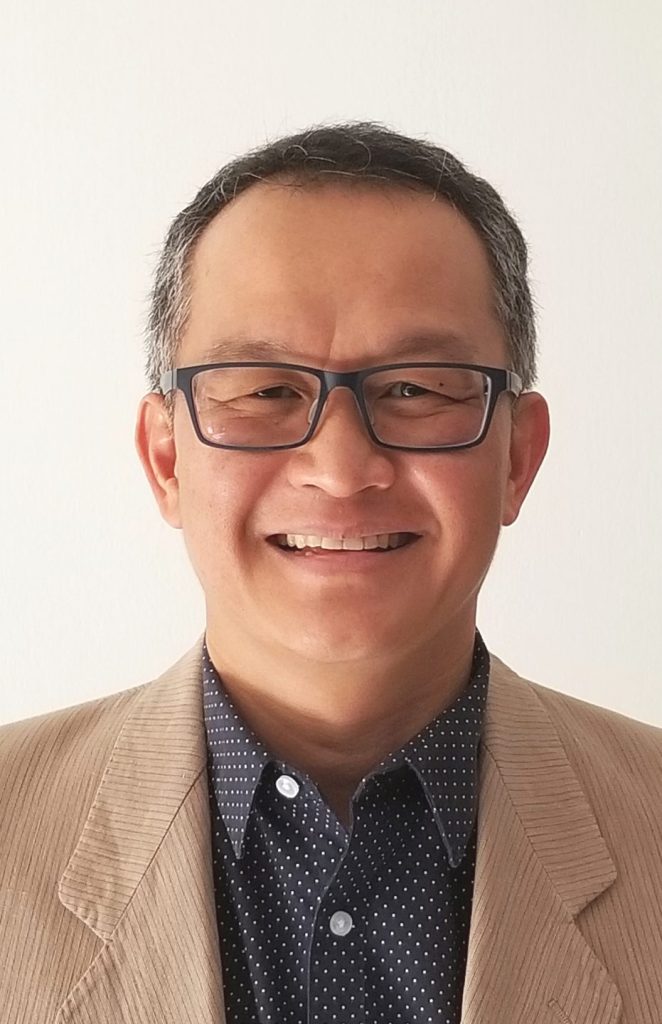
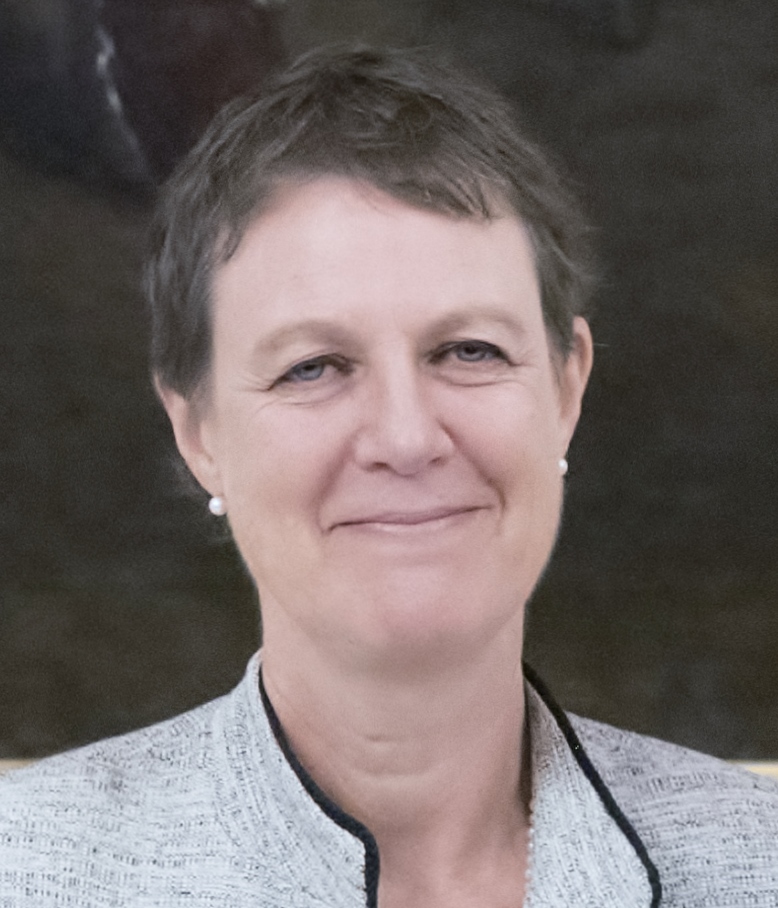
Tania Li
Plantations Today
For the past decade I have been examining the re-emergence of large scale, mono-crop plantations as a privileged form of production in the global south. Corporations, governments and development agencies support plantation expansion by arguing that plantation production makes efficient use of land and labour, brings jobs and development to rural areas, and supplies governments with revenues and foreign exchange. The list of claimed benefits is endlessly repeated by proponents of plantation expansion, yet there is surprisingly little research that supports these claims with empirical findings from zones in which plantations have come to dominate.
Plantation expansion is a matter of concern to scholars in many disciplines from the environmental sciences to geography and sociology, where land use transformation and labour migration are core themes. Oil palm in particular has become the subject of contentious debates in the European Union and elsewhere as advocacy groups highlight problems of species loss, forest destruction, and climate change, as well as abuses of human rights. Industry advocates recognize that some plantation corporations are irresponsible but argue that certification schemes can guarantee “sustainable oil palm” that is harm-free.
In 2010-2015 I conducted in depth, ethnographic research on the social, political and economic impacts of oil palm plantations in West Kalimantan, Indonesia, together with my colleague Dr Pujo Semedi from Gadjah Mada University and a team of student researchers. We studied the processes that enabled some actors to benefit from plantation presence while others were severely marginalized. During the fellowship in Kyoto I will focus on research translation, aiming to draw from our research to contribute to public policy and debate. Specifically, I propose to develop a series of publications in multiple written and graphic formats such as short articles, blogs, podcasts, and visual media designed to reach audiences beyond the academic milieu.
Cao Yin
Rethinking Infrastructure in Asian Borderland
This research examines the empire- and state-building processes in India, Burma, and China from the late nineteenth century to the mid-twentieth century. It investigates how infrastructure such as roads, railways, ports, and airports, and along with them, railway stations, docks, refueling depots, warehouses, and airfields, simultaneously facilitated and thwarted the expansion of empires (particularly the British Empire and the Qing Empire in this region) and nationalist states (the Republic of India, the Republic of the Union of Myanmar, Nationalist China, and Communist China). As China extends its Belt and Road Initiative across the Asian borderlands in the twenty-first century, this research will give us a significant historical understanding of previous infrastructural expansion and its great human and environment costs.
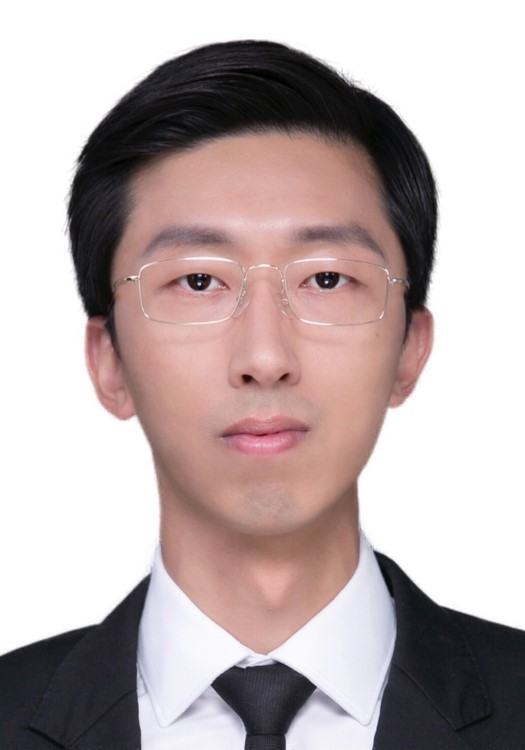
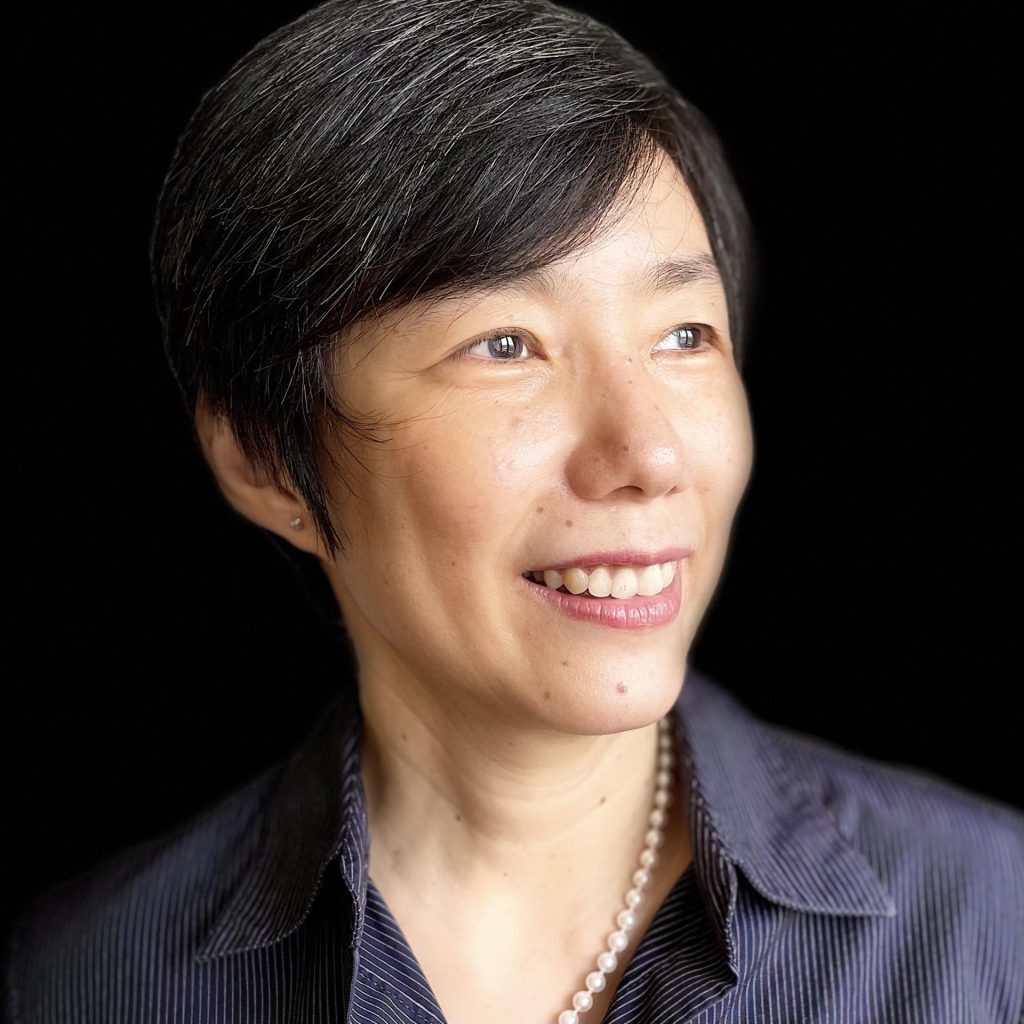
Sharon Adeline Bong
Queer ecofeminism in Southeast Asia
My book project at CSEAS focuses on spiritual/cultural ecofeminism and explores its understandings and manifestations in the everyday practices of those who live in a just and sustainable manner within an ethnically, culturally, and religiously diverse Southeast Asian milieu. At the heart of these practices is a profound sense of connectivity lived at the intersection of gender, ecology, and religion.
The project is developed from my recent study of ecology and Christian theology from a critical feminist lens, which I applied to Pope Francis’ encyclical Laudato Si: On Care for our Common Home. Despite the current Pope’s ecological vision of humanity’s culpability yet commitment to the ecological crisis, I argue that Christian eco-theology as articulated in Laudato Si is founded on an androcentric and anthropocentric worldview that privileges men over women and humans over nature.
I first propose a de-centering of the human as a theological ethic for ecological sustainability. Second, I explore queer ecofeminism, which recognizes the parallelism of ecological biodiversity and gender diversity (of, for example, non-binary and plural sexual orientations, gender identities, gender expressions, and sex characteristics). By interrogating what passes as ‘natural’ and its constructed antithesis, ‘unnatural’, queer ecofeminism renders identities incoherent, unstable, and fluid. The tropes of queers and cyborgs (principally transhumans and posthumans) are emblematic of such de-naturalizations. Strands of queer ecofeminism include (but are not limited to): feminist veganism, vegetarianism, and animal rights. I hope to add to exciting and emerging scholarship on the cultural and spiritual resources of (queer) ecofeminism from Southeast Asia by drawing from transformative Confucian, Buddhist, Christian, and Muslim eco-theologies.
Walden Flores Bello
Democratic Degeneration: A Comparative Study of Democratic Decay in the Philippines, India, Hungary, Weimar Germany, and Post World War I Italy
The proposed research will look at the causes for the weakening of democratic processes in four selected countries. The study will examine closely the role of the following variables: class conflict, economic conditions, formal political structures and processes, and the international context. In the case of the Philippines, the period from 1986 to 2022 will be the period studied. Interviews of selected respondents will be done, along with analysis of electoral data and primary and secondary documents. In the case of India and Hungary, the period of study will be from 2000 to 2022 and will involve the same methods as the Philippines. The study will be comparative across contemporary political systems as well as historically. The reason for this is that there may be trends or developments that can only be caught by a longitudinal methodology. Weimar Germany and Post-World War I Italy have been chosen owing to the wealth of both documentary and electoral data available on them.
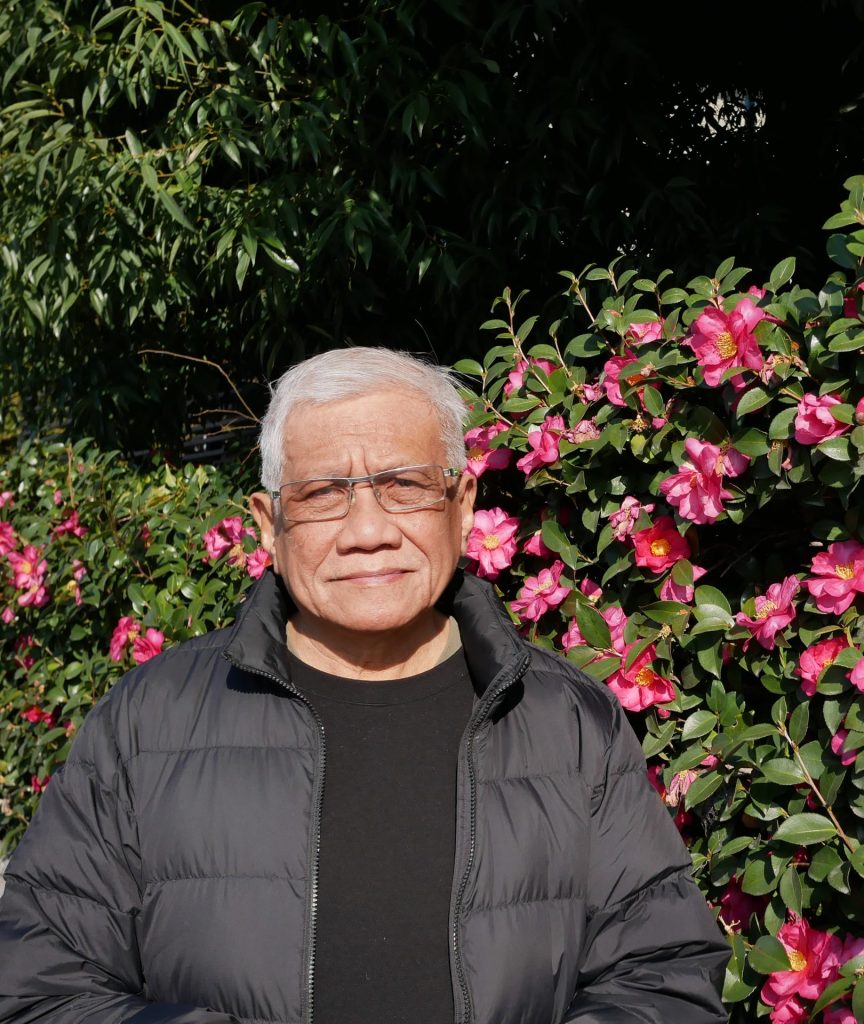
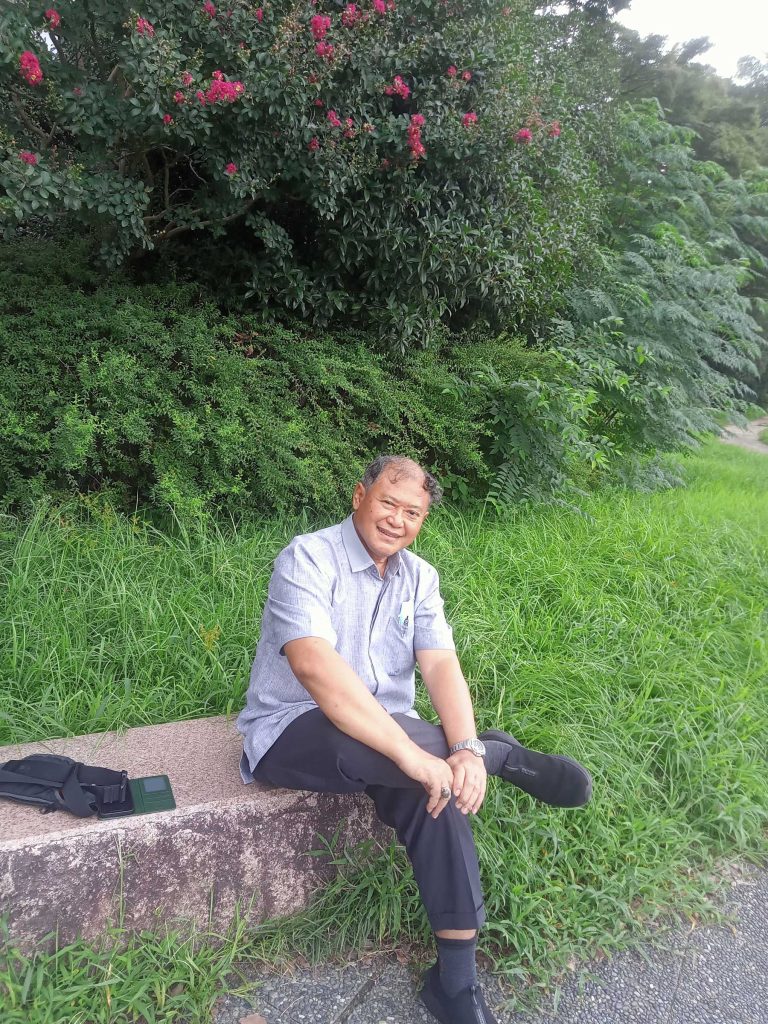
Herman Hidayat
Model Participation and the Role of Local People in the Restoration of Peat Swamps: A Case Study of Riau, Central Kalimantan Province, Indonesia and Hokkaido Prefecture, Japan
The forest fires that occurred in Indonesia the 1990s and 2000s are main factors highlighted in forest mismanagement. These also include the conversion of peatland to paddy rice fields, illegal logging, and the use of forest conservation areas for oil palm plantations, mining and industrial timber plantations. These conditions eventually induce forest degradation, deforestation and forest fires. From a legal perspective, the central and local governments as well as law enforcement impose hard sanctions on those who break the law.
The research focuses the role of local people as well as other stakeholders to contribute to peatland management to tackle forest fires by 1) adhering to regulations on making fires in the customary forest lands (for paddy rice cultivation), 2) making canals to wet their peatland, 3) establishing groups prevent and fight forest fires (Kelompok Pemadaman Api), and 4) establishing socio-economic empowerment programs. The research also investigates lessons from Hokkaido, including agro-production, technology application, fertilizer use, and canal blocking. It also examines how local people, together with the central and local governments, academics, and NGOs, properly manage the peatlands of Hokkaido for paddy production, cow pastures, and other agricultural products.
Rataya Phanomwan Na Ayuttaya
The Data Structure of Cremation Books in the Thammasat University Library
At present, I am employed as a librarian at Thammasat University Library, Thailand. During my fellowship, I intend to conduct research on cremation books in Thailand.
Cremation books are Thailand’s unique cultural artifacts, published as memorials given to guests at funerals. They are sources of information for the study of history, biography, literature, religion, sociology, folklore, and cognitive science within Thailand. Each booklet has its own distinctive characteristics, and all are rare as they are published on one occasion only. In Thailand, Thammasat University Library recognizes the importance of such books. Therefore, our library has initiated an initiative to collect and preserve these valuable resources. The Pridi Banomyong Library has collected more than 7,400 funeral and memorial books in our rare book collection and has operated under a closed-stack system.
I am interested in studying the cremation books of Thammasat University library. By analyzing the biographies of the dead, booklet illustrations, and their contents this study can provide useful information for librarians as well as other scholars. Furthermore, it can encourage the public to recognize the importance of these books as historical records, worthy of being preserved.
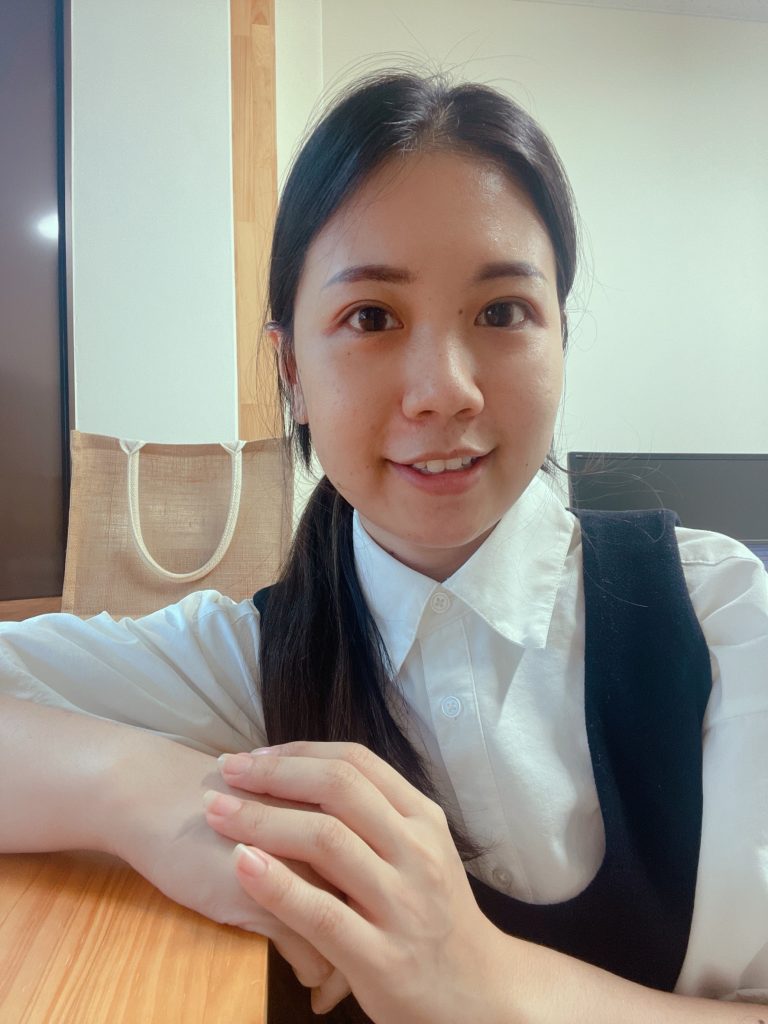
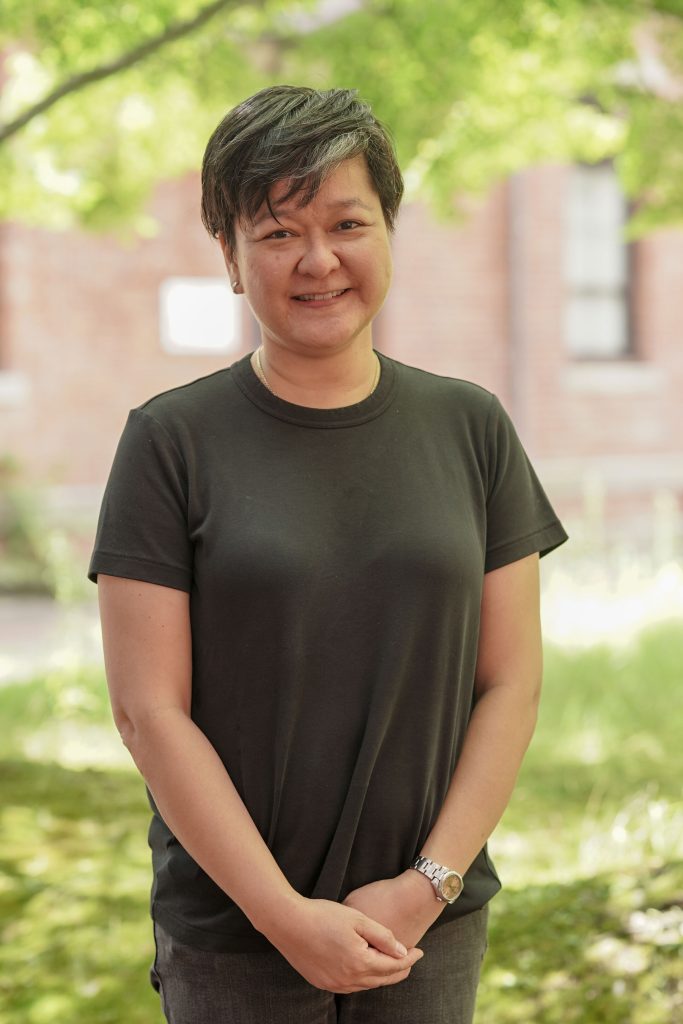
Patricia May Bantug Jurilla
A study on the survival of the early printed books of the Philippines
Books in the Philippines have an almost ephemeral quality to them due to the conditions they are subjected to—the humid tropical climate, typhoons, floods, fires, earthquakes, and termites—and, generally, the inferior materials used in their manufacture. That the book has to contend with these multiple forces in order to survive is often raised in studies on Philippine book history, but how and why the book survives in spite of these forces have not been pursued at length or in depth. No single work concentrating on the collection, destruction, and preservation of the Philippine book has yet been done.
My project seeks to address this lack in Philippine book history. It is envisaged as a book-length study on the survival of the early printed books of the Philippines with the general objective of understanding, following Adams and Barker’s model, the three stages of survival in the life of Philippine incunabula (books printed from 1593 to 1640): their initial creation and reception, their resting period after such, and finally their entrance into the world of book collecting. To this end, the project will undertake case studies on five books: Ordinationes generales prouintiae Sanctissimi Rosarij Philippinarum (1604) by Juan de Castro; Relacion verdadera, y breve de la persecucion, y Martyrios (1625) by Diego de San Francisco Pardo de la Membrilla; Arte de lengva iloca (1627) by Francisco Lopez; Vocabulario de Iapon declarado primero en portvgves (1630) translated by Jacinto Esquivel; and Historia de la provincia del Sancto Rosario (1640) by Diego Aduarte.
Understanding the survival of these specific volumes, and Philippine incunabula in general, would hopefully contribute to their preservation, whether in physical or electronic form, and foster further scholarship on the books themselves, on their texts and contexts.
Bounthong Bouahom
Responsible investment in Laos: the Case of Rubber Industry Development
During my fellowship at CSEAS I intend to prepare a book on rubber development and responsible investment in Laos. For almost 20 years, as a co-founder of the National Agriculture and Research Institute (NAFRI) I have been working to address agricultural and forestry research strategies and leading the implementation of four research programs: agriculture biodiversity conservation and sustainable use, productivity improvement, climate change adaptation and agriculture policy research. At present, I work for the Lao Rubber Association. Booming Rubber production in Laos during the period of 2005-15 due to a high price and increasing demand for natural rubber was an investment promotion scheme alongside hydroelectric dams and mining. Foreign Direct Investment (FDI) in rubber production from China, Vietnam and Thailand by land concession grants from the government significantly contributed to the development of the rubber industry. Through FDI, the majority of rubber production areas in Laos have been developed through concessions to foreign companies and they comprise about 70% with only 30% owned by smallholders. As such, rubber production has caused many issues and challenges in regards to food security, land, labor and livelihood, and toward the environment. Production has rapidly penetrated the country and at different levels, government was not ready nor well prepared for developments. The policy of the foreign investment in rubber and rubber importing countries also play a crucial role in rubber sustainable development in rubber producing countries. This research will highlight the challenges in rubber industry development in Laos and based on evidence, attempt to make policy recommendations to the government for better governance and management for sharing fair benefits among stakeholders in this sector.
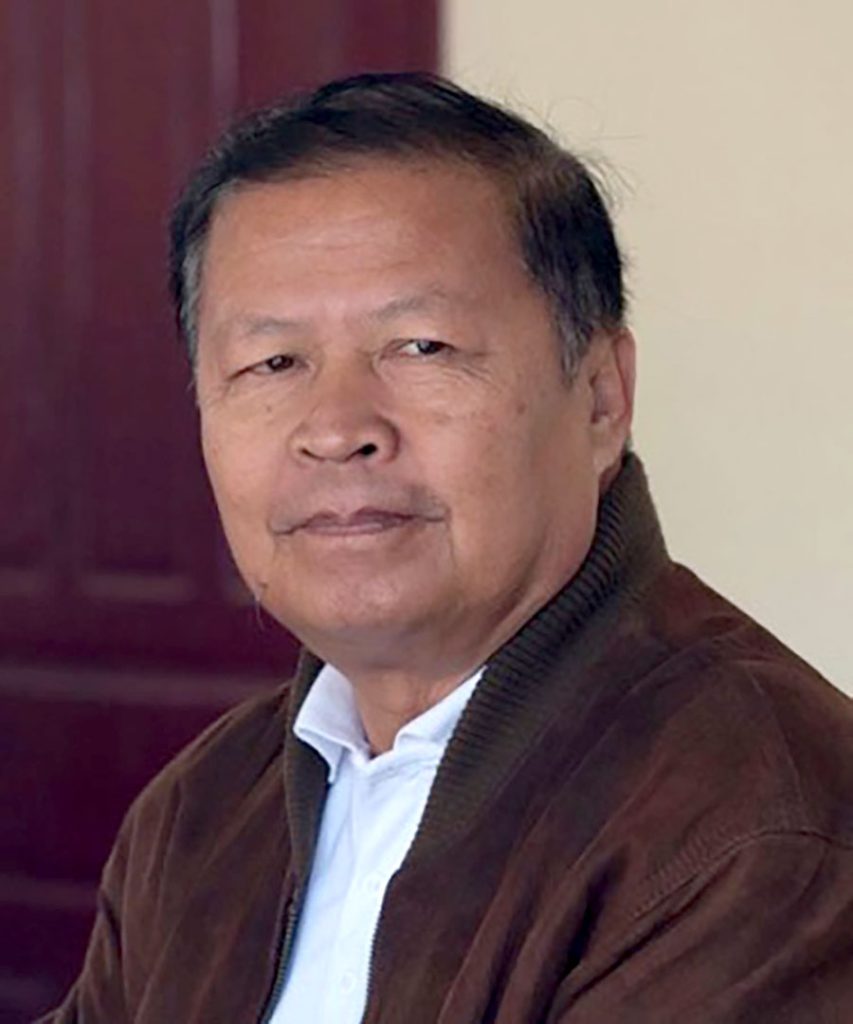
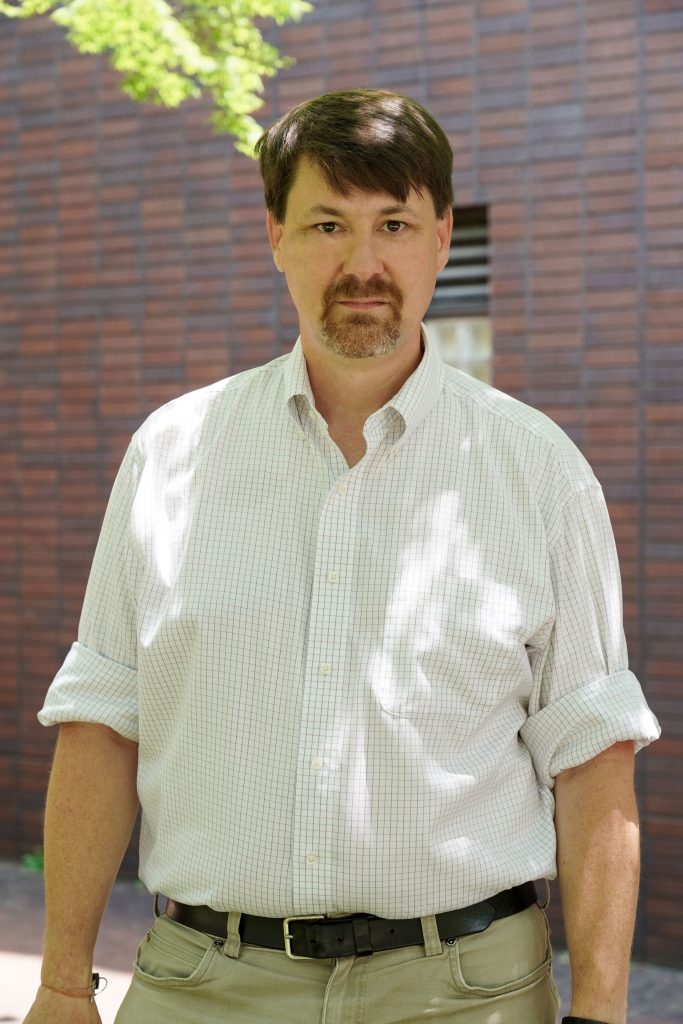
William Womack
Representing Karen historical networks
During my fellowship I am returning to the core project of my PhD research, tracing histories of Pwo and Sgaw Karen literate networks in nineteenth-century Myanmar. I am working to revise and extend this project, integrating more recent scholarship and expanding my focus to include different networks of exchange and cultural production. I am particularly interested in representing historical networks visually, so I plan to test some new tools for network visualization. I am pleased to have an opportunity to renew contacts with scholars in Japan who work on similar topics.
Krishna Bahadur KC
Exploring the contemporary resources use change in Cambodia.
My project is about writing a book on the sustainability of Cambodia’s Tonle Sap system. The Tonle Sap system feeds approximately 3 million people directly and provides income for millions more. The productivity of the system is sustained by an annual flood cycle, in which floodwaters of the Mekong fill the lake basin, increasing the size of the lake many times over, then receding. In the course of the annual flood, forests, grasslands, and agricultural fields in the floodplain of the lake are submerged for several months. This means that the hydrologic dynamics of the system interact with land-use dynamics, making for a complicated system that is impacted in many ways by human actions and will be vulnerable in many dimensions to climate change. The fishing people of the Tonle Sap live directly on the lake in floating villages or mobile communities at the shifting lake margin. Lake fisheries management has recently been granted entirely to these communities, with a ministerial decree that abolished a former system of large privately held fishing concessions. The Tonle Sap is, therefore, not only a prime example of a freshwater fishery but also a model of community control and management of a freshwater fishery. These attributes make it a rich source of information about freshwater fisheries management and their responses to climate change.
I have been interested in the Tonle Sap system since I first got the opportunity to visit there as a JSPS visiting fellow in 2010 from CSEAS. That time I learned a little bit about its ecology and the livelihood of the people on the lake. After returning from CSEAS and joining the University of Guelph, I kept trying to work on understanding the social and ecological implications of the Tonle Sap fishery under climate change. I got another opportunity to work with a group of people from Canada, US, and France on mainlining the productivity and income of the Tonle Sap system in the face of climate change. We researched a couple of issues, such as 1. We explored fisheries in the lake through fishers’ perceptions: (KC et al., 2017). 2. We compared the economic impact of global change on fishing and non-fishing households (Teh et al., 2019). 3. We assessed the Fishers’ ability and willingness to adapt to environmental change (KC et al., 2019). 4. We evaluated Community Fishery Management using fishers’ perceptions (KC et al., 2020). During my stay at CSEAS this time, I plan to summarize the findings from these publications, including the work carried out by various scholars from Kyoto University, and prepare a synthesized book on the sustainability of Tonle Sap.
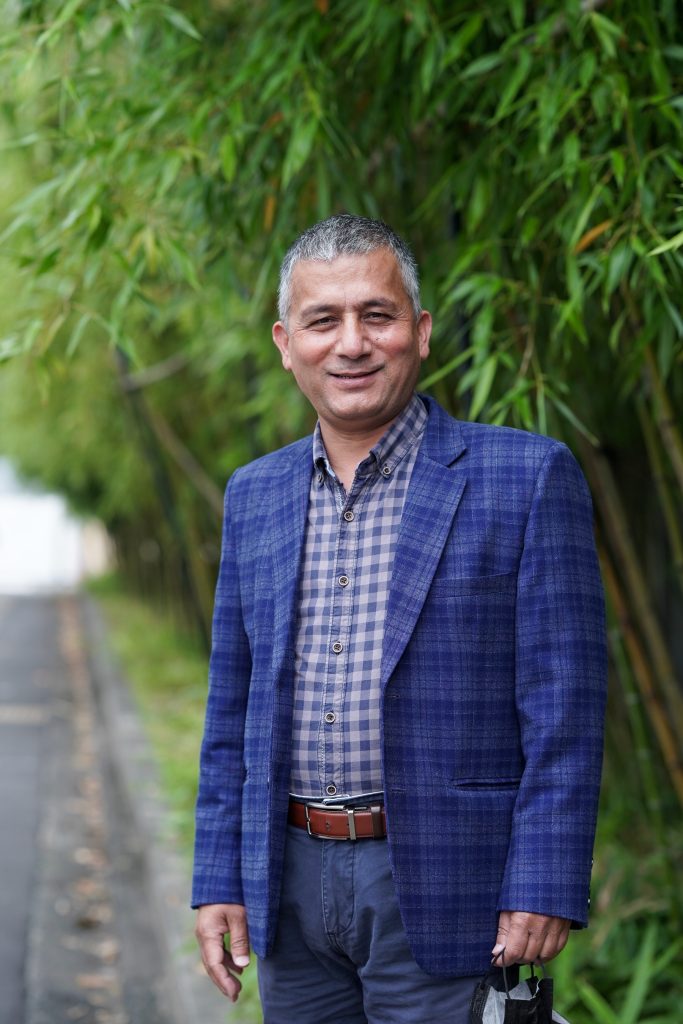
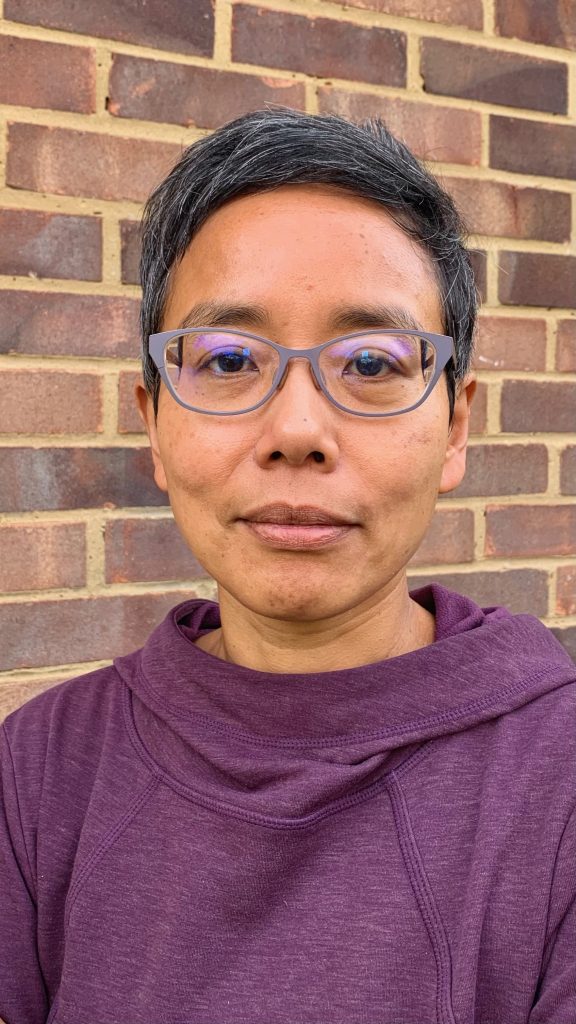
May Adadol Ingawanij
Animistic Medium: Cotntemporary Southeast Asian Artists Moving Image
Professor Ingawanij is working on her book project. Animistic Medium conceptualises a contemporary artistic praxis: Southeast Asian artists moving image. It pursues two related concerns: to understand the relationship between regional legacies of vanguardism and contemporary artistic practices, and to think about modalities of artistic agency creating Southeast Asian artists moving image. The artists studied are, primarily, Lav Diaz, Araya Rasdjarmrearnsook, Apichatpong Weerasethakul, Anocha Suwichakornpong, Nguyen Trinh Thi, Korakrit Arunanondchai, Ho Tzu Nyen, Kidlat Tahimik, Tuan Andrew Nguyen, and Riar Rizaldi.
Animistic Medium tries to understand what has become of the avant-garde’s aspiration to change life. It asks: What are the characteristics of contemporary Southeast Asian artists moving image? How are such artistic practices entangled with the failures and the aftermath of the region’s historical vanguardism?
An increasingly common way to validate Southeast Asian contemporary art is to affirm artistic criticality, accompanied by the notion of the civic and transnational agency of the Southeast Asian contemporary artist. Yet such artistic practices tend to produce fables with oblique links political circumstances and legacies. The artists in the book tend to fabulate temporally heterogeneous worlds enlivened by beings of the deep past, the undead, spirits, and mythical creatures. They tend to reflexively dwell on the precarity of artistic subjectivity and expression, and to simultaneously ask what art can do and not-do. This is where the conceptualisation of Southeast Asian artists moving image as the making of animistic medium comes in. The book theorises the connection between regional contemporary art, legacies of vanguardism, and heuristics of Southeast Asian animism, through interrelating four research methods: criticism, conjunctural analysis, curatorial thinking, and storytelling. It theorises the entanglement of historical vanguardism and contemporary art via the proposition that that Southeast Asian artists moving image are practices that make animistic medium within circuits of global contemporary art. And it thinks the contradictions and potentialities of artistic expression and enunication by essaying the resonances between regional artistic agency and regional animism, defined as the praxis of agency of precarious beings in vast worlds of hierarchies and entanglements.
Arief W. Djati
Colonial Cosmopolitanism: Writing a biography of Kwee Thiam Tjing
Kwee Thiam Tjing, one of Indonesia’s great writers, wrote in Chinese Peranakan newspapers during the Dutch colonial period. He also wrote Indonesia Dalem Api dan Bara (Indonesia in Flames and Embers, 1947), the only book published while he was still alive. The book describes conditions in Java during the Dutch era, the Japanese occupation, and Indonesian independence with an original style that is funny, sad, and thrilling. Kwee Thiam Tjing used several pseudonyms, including his most well-known, Tjamboek Berdoeri. He may have been forgotten if not for the late Professor Benedict Anderson, who re-explored traces of the author and journalist, discovering more of his works.
My research is to continue writing the biography of Kwee Thiam Tjing that was initiated by Ben Anderson. This biography is important for several reasons. First, it will provide an overview of the dynamics of the world of journalism and publishing during the final period of the Dutch East Indies colonial government. Secondly, it will examine the connections between Indonesian nationalists and Chinese Peranakans in the period before and after the failed PKI rebellion of 1926. Third, the biography will trace the origins of the emergence of pro-Indonesian political choices among Peranakan Chinese. Through the story of Kwee Thiam Tjing, we can learn more of the cosmopolitan world he lived in and developed among journalists and Chinese—a cosmopolitanism that disappeared during the period of Indonesian independence.
Patrick McCormick
Ancient Past for a Modern Nation: Mon Histories in Burma
During my fellowship, I am working to complete a book project that I have been working on for several years. I look at how Burmese historians and intellectuals understand themselves through British ideas brought in during the colonial period. European ideas of race (later renamed “ethnicity”) and nation led to the creation of new sites of history, in particular “Burma,” and new subjects of history, or the so-called “national races.” Local pre-modern, pre-colonial practices continue to inform the reconfigured landscape of history writing, especially in how local intellectuals make their arguments. I look at the example of one such newly created national subject, “the Mons,” who have created new national histories for themselves based on British ideas and their local adaptation in the wider Burmese intellectual environment.
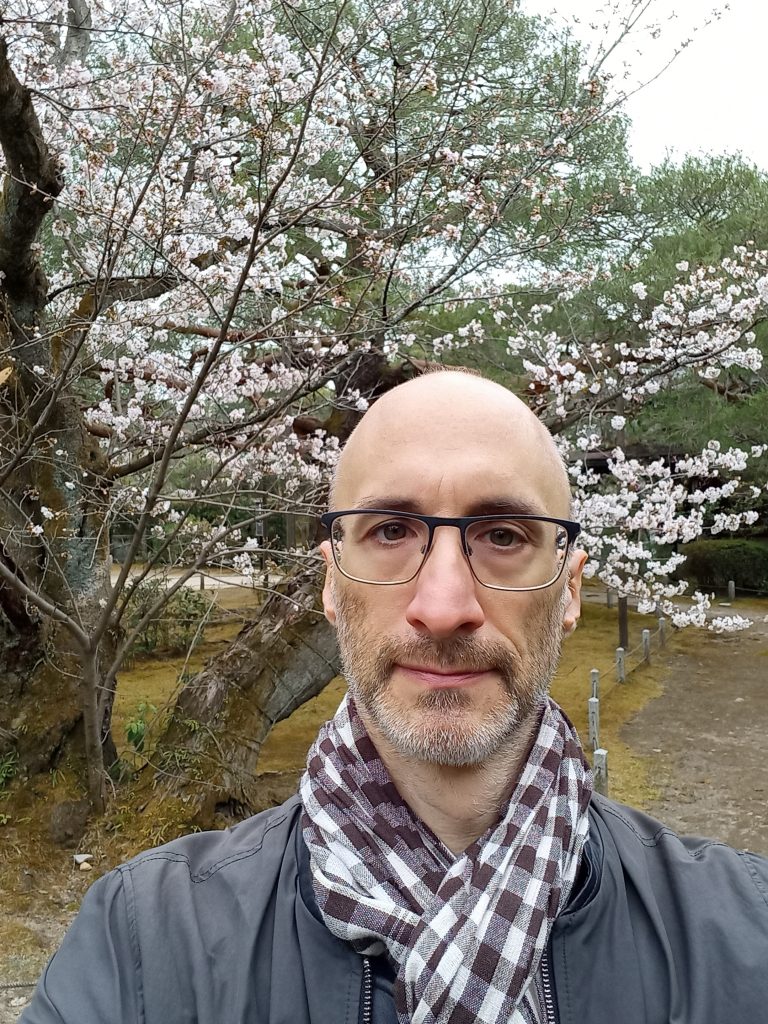
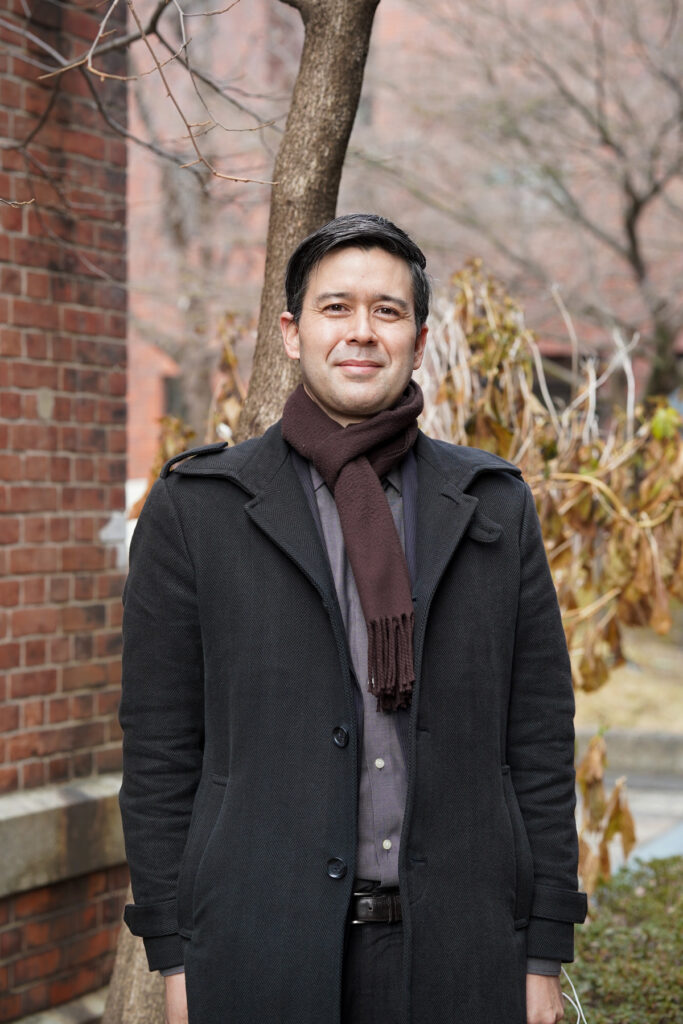
Michitake Aso
Vietnamese Responses to Environmental Warfare and Disease
My current project examines a history of Vietnamese experiences with environmental warfare and diseases exacerbated by warfare during the Cold War. Those living in North and South Vietnam (and Laos and Cambodia) faced an environmental and social apocalypse. But even as millions were injured or killed, many learned to survive environments rendered hostile in new ways. These experiences helped form a “coping environmentalism,” which is particularly relevant in today’s world where individuals and societies face existential threats of climate change, air and water pollution, and pandemics.
In Kyoto, I will write about an early Cold War moment, namely the (non) use of biological weapons by the French during the First Indochina War. Starting in 1952, the Viet Minh became convinced that the French were dropping biological agents in northern Vietnam, aimed for the most part at destroying food crops. This moment set in place certain patterns of Vietnamese responses to environmental warfare, including the cooperation among medical doctors, agronomists, and other kinds of scientists. Vietnamese scientists also reached out to their colleagues around the world, including both those in the communist and capitalist worlds, to study, document, and resist epidemics and environmental warfare. I will also work on a chapter that compares malaria control and eradication in North and South Vietnam from 1954 to 1975. Malaria control efforts in the north seemed to be much more successful than those in the south and I will explore a few possible explanations as to why.
SCHREURS, Jeanine
Towards Sustainable Living
The recognition that ending poverty must go hand-in-hand with strategies for social welfare and environmental protection, makes the UN Sustainable Development Goals (SDG’s) unique in history.
Moreover the UN calls on everyone to take action for sustainable living: “Be the change” is their slogan. This project addresses this current, urgent question, by 1. investigating possibilities for universal applicability of the “Lift your Life” action-program, that addresses the three core items of sustainable living (finances, eco-friendliness and health/wellbeing) in an integrated, practical way. Since 2012 this program was successfully applied in the Netherlands (around 1400 participants). 2. The second aim is to discuss and further develop the theoretical starting points of lifestyle transformation programs. Data will be collected through a focus group study and an expert consultation workshop. Previous investigations will also be elaborated. The general objective of my project will be a valuable contribution to theories and practices of sustainable living.


Paul Chambers
The Political Economy of Thailand’s Arch-Royalist Military
My research project derives from a book I co-edited entitled Khaki Capital: The Political Economy of the Military in Southeast Asia (NIAS, 2017). That book looked at Southeast Asia in general. My research project at Kyoto University more specifically focuses on Thailand. In Thailand, as in other countries, there are both direct and indirect methods by which the military (as an organization) or an individual military official gains profits. Direct military capital includes the budget but also military enterprises, investments, land, as well as positions on boards of directors. There is also indirect military income such as illegal “protection” money. As a profiteer from this “khaki capital,” the Thai military today perseveres as a prominent economic actor in Thailand because of its history in “developing” the countryside, its role in combating counter-insurgency, and its close relationship with monarchy (from which it receives much legitimacy). The dividends from such “khaki capital” are institutionally and individually alive and well today. My research will thus examine the history of “khaki capital” in Thailand.
TEEHANKEE, Julio Cabral
Between Elitist Liberals and Illiberal Democrats: The Rise of Nationalist-Populism in Southeast Asia
The shadow of nationalist populism has been cast over Southeast Asia. Three decades since a wave of democratic revolutions swept authoritarian dictatorships out of power in the Philippines, Thailand, and Indonesia, a new set of “strongmen” has emerged to challenge the liberal democratic order. These three countries were formerly hailed as exemplars of democratization in the region. However, democratic consolidation in these countries has been ambivalent, often prone to democratic deficits. The post-financial crisis period coincided with the rise of the first wave of populists in the region. Charismatic and popular leaders like Joseph Estrada and Thaksin Shinawatra arose in these countries to espouse populist causes and to win the votes of the oppressed, amidst the failure of previous leaders to institute social reforms and consolidate democracy. The inability of middle class-based reformism and the continuance of money politics fueled a growing desire among the electorate for a new anti-elitist and pro-poor political program. Unsurprisingly, these two leaders were ousted by the military-backed liberal urban elites.
The second wave of populism in the region is marked by the politics of anger and frustration, not so much from the poor, but the urban middle class. This resentment was manifested by the near victory of former New Order lieutenant general Prabowo Subianto in Indonesia, the victory of controversial crime-busting mayor Rodrigo Duterte in the Philippines, and the consolidation of political power by retired general and junta leader Prayuth Chan-o-cha in Thailand. Cass Mudde described populism as “an illiberal democratic response to undemocratic liberalism.” This research will trace the emerging contours of political contestation in Southeast Asia between law and order, nationalist populists, and the liberal moral reformists. Moreover, it will critically assess the challenges to democratic consolidation and the uncertain future of liberal democracy in the region.
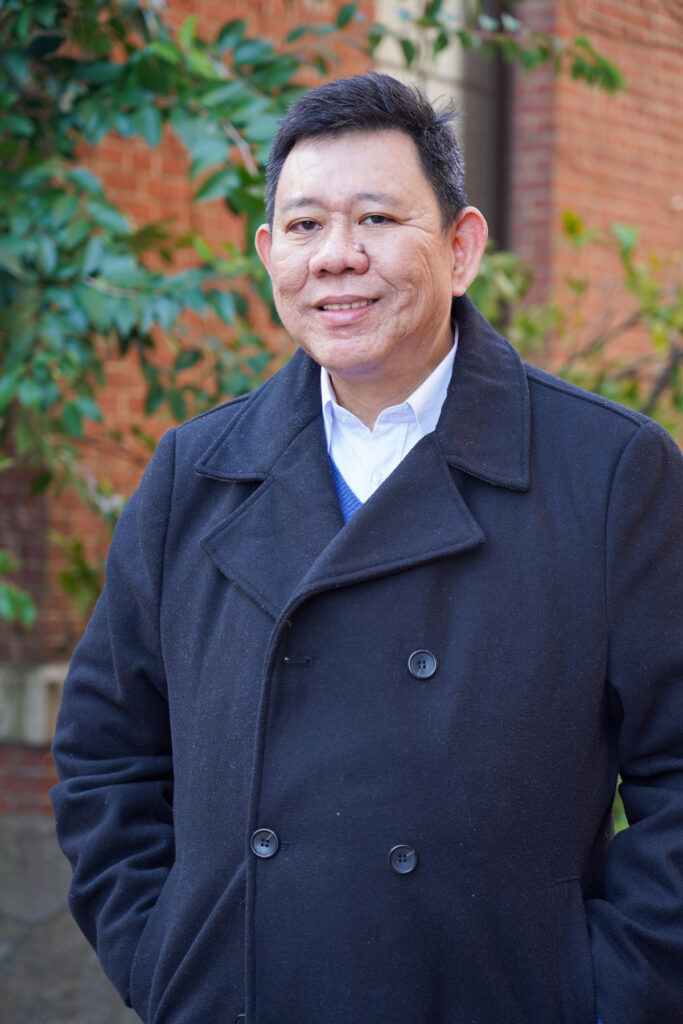
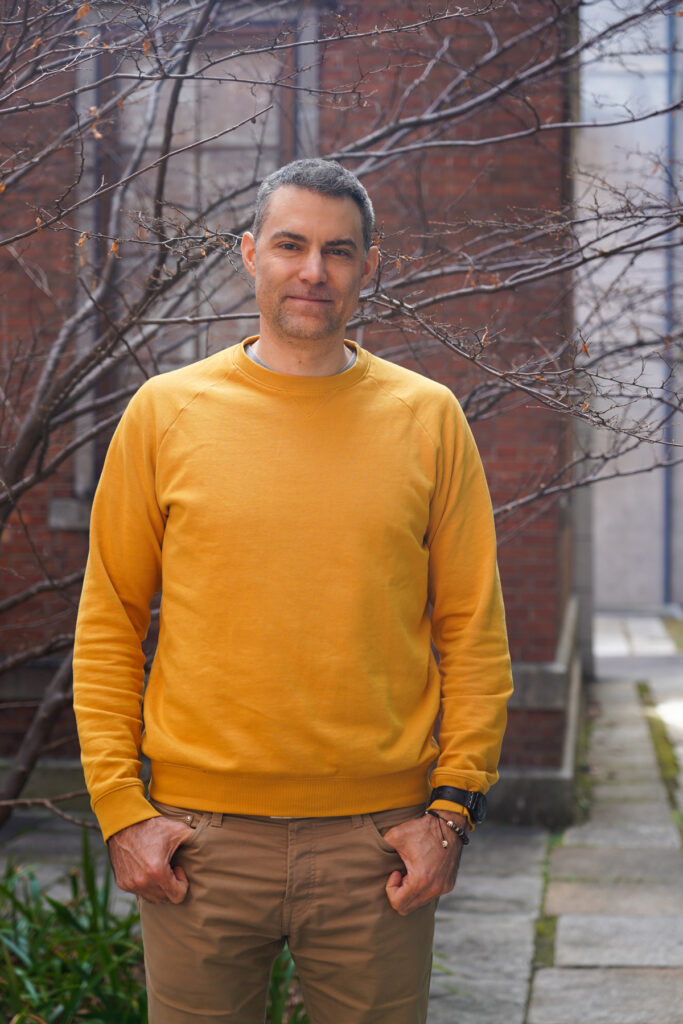
BUEHLER, Michael
The diffusion of shari’a laws in democratizing Muslim-majority countries: The case of Indonesia
My research project aims at explaining the diffusion of Islamic laws (shari’a) within democratizing Muslim-majority countries. The case study will be Indonesia. Most existing studies on the politicization of Islam under conditions of democratization have focused on national level politics. This focus misses the considerable spatial and temporal variance in the diffusion of shari’a laws within Muslim-majority countries. The project will examine this subnational variance in the diffusion of shari’a laws by combining methods from public policy research and political science in new and innovative ways. First, the research project will conduct a content analysis of over 1000 shari’a laws that have been adopted across Indonesia since 1998. Second, social network analysis will be used to examine the mechanisms through which these patterns have formed. The project’s working hypothesis is that networks within the government and the bureaucracy rather than groups situated in society explain variance in the diffusion of shari’a laws in Indonesia over the past 20 years.
FERGUSON, Jane Martin
Silver Screens Golden Dreams: A Social History of Burmese Cinema
My research at CSEAS is an effort to use the lens of cinema, both figuratively and literally, to peep into Burmese history and culture. Whereas many silver nitrate reels have disappeared, this project, entitled Silver Screens Golden Dreams: A Social History of Burmese Cinema uses ethnographic interviews, an ongoing collection of old magazines, local sources and remaining films that were preserved by MRTV to explore Burmese history and social concerns as presented on the screens in the country’s hundreds of cinema halls and open-air cinemas over the decades. Burmese cinema’s tropes include Buddhist cinematic and plot elements, from the moral perils of gambling and alcoholism in the colonial days, to Burmese-style socialist realism and the ethnic unity films of the Ne Win years, to representations of Burmese traditional music and dance and the risky allure of rock n’ roll; all of these play into a creative and constantly-changing Burmese cinematic language, which is crucially framed by its political economies of production, yet finds dynamic new spaces for interpretation and spicy controversy. I am delighted to be here in Kyoto for the next six months, and I look forward to getting to know the many other scholars here at CSEAS.
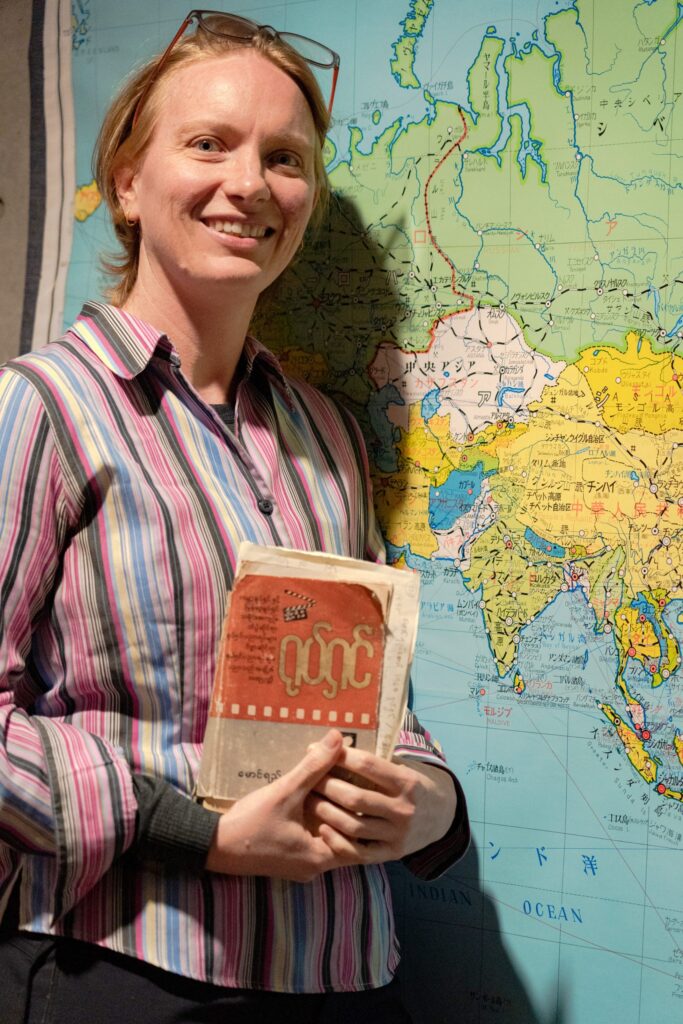
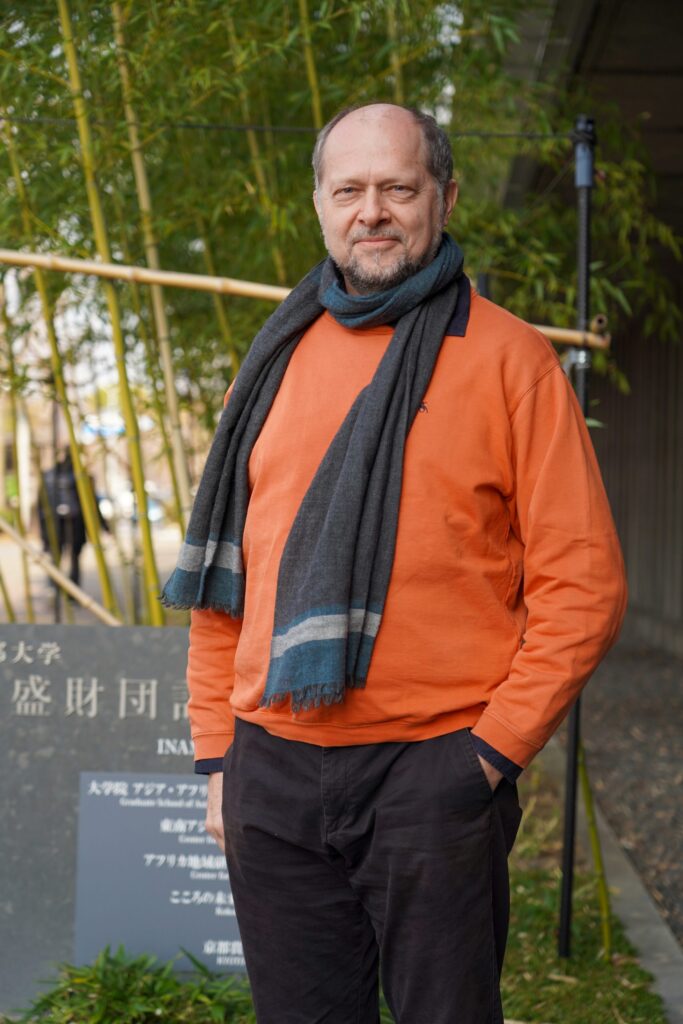
MOLLE, François Pierre Marie
A socio-environmental history of the Chao Phraya River Basin, Thailand
During my time at CSEAS I intend to capitalize on 25 years of research on the water sector in Thailand. This project first draws on a book project initiated twenty years ago on the history of water development in the Chao Phraya delta that I would like to further develop into a full socio-environmental story of 150 years of development of water resources in the whole Chao Phraya basin. My main objective is to unravel the intersecting economic, social, political, technical and agrarian transformations, and to describe and explain the intertwined evolutions of society and its environment, with a focus on water resources. Because of its ideal mix of water-related features (a wet season with flood problems, a dry season with insufficient supply to meet agricultural demand, water quality issues, highland/upland relationships and ethnic diversity, surface/groundwater use, the presence of a megacity (Bangkok) in its lower delta, a large diversity of uses, etc), the Chao Phraya basin offers a perfect setting to analyze how societies deal with various type of water-related challenges and how, in return, they are shaped by their changing water environment. This longitudinal study is also meant to contribute to the literature on socioecological systems and on political ecology. In parallel I am assembling and drafting material for a later book on institutional change in the Thai water sector over the past 30 years.
Ni Win Zaw
Professor (Head)
Department of Library and Information Studies
University of Yangon
An Annotated Bibliography of the Doctoral Dissertations Submitted to the University of Yangon (2000-2018)
My research at CSEAS will be to compile “An Annotated Bibliography of the Doctoral Dissertations Submitted to the University of Yangon (2000-2018)”. I aim to classify the listing of the dissertation entries for work in Geography, Psychology, Anthropology, Archaeology, International Relation, Library and Information Studies and Law. The objectives of the study are to comprehend the total research works on particular subjects or topics, to identify the strengths and weaknesses of doctoral research in particular subject areas, and to provide students and scholars a way to discover and analyze previous works of research.
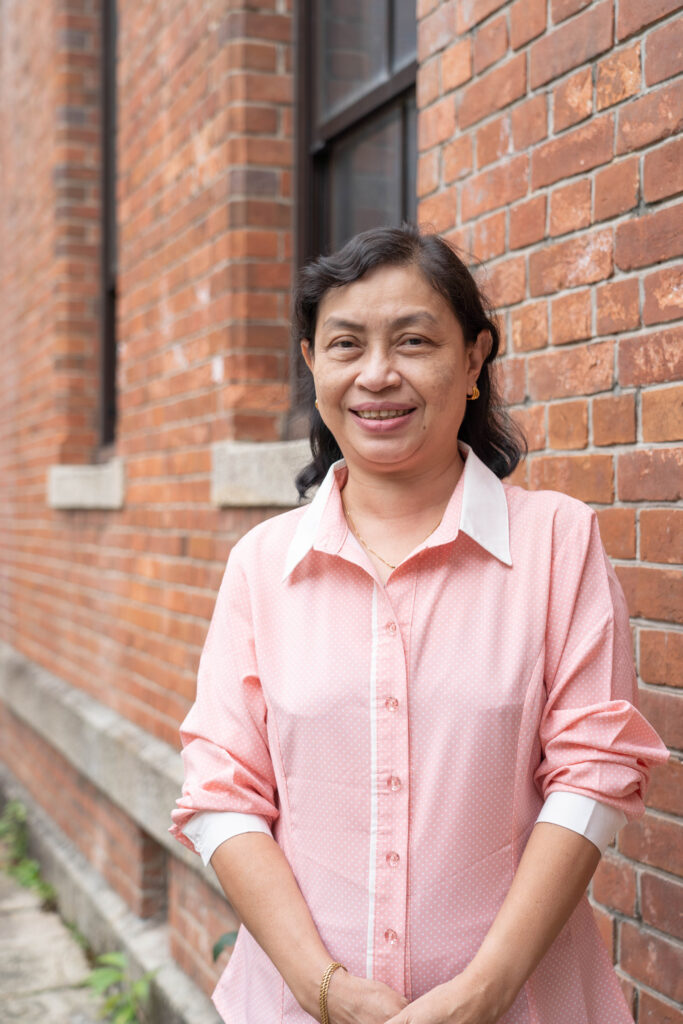
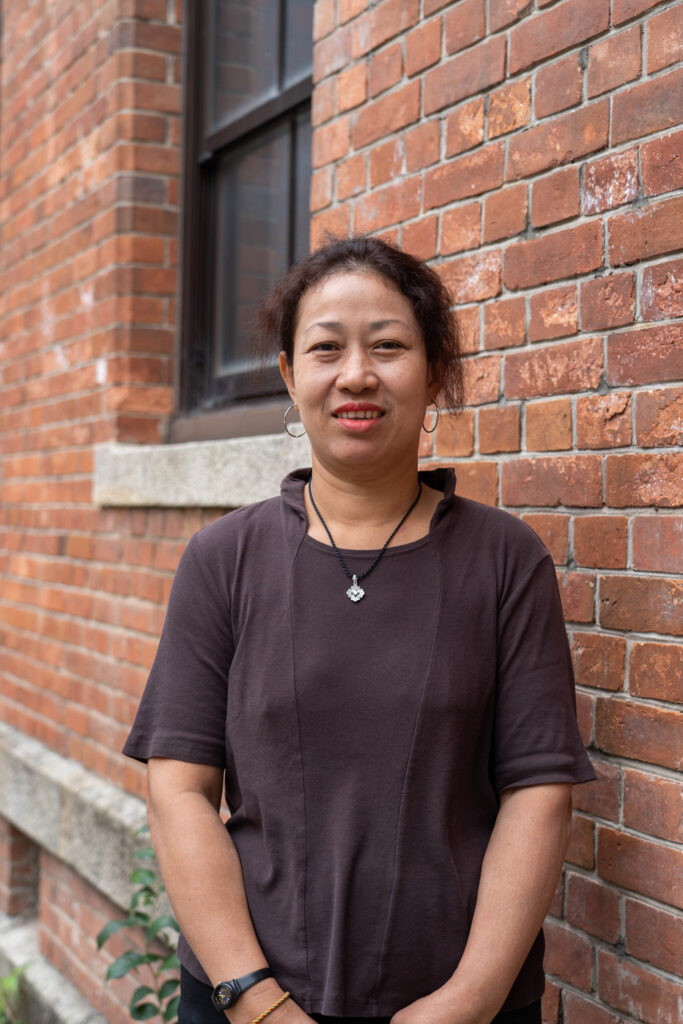
Min Min Htun
The Study of Literature Magazines Published in Myanmar (1941-1961)
Min Min Htun is a Lecturer from the Department of Library and Information Studies, Yangon University, Myanmar. She has fourteen years of work experience and nine years of research experience. In 2015, she studied Social and Demographic Research Methods at the Australia National University (ANU). She has recently published two research papers both locally and internationally, A Study on Selected Male Writers’ Handwritings Collected in The University of Yangon Library (2017, Local) and Impacts of Flood and River Bank Erosion on Human Livelihoods: A Case Study of Some Riverside Villages in the Lower Ayeyarwady (2018, Team Work, International).
During my three months (2019, October to December) at CSEAS, Kyoto University, I aim to identify the main literary information sources of monthly Myanmar magazines published between 1941 to 1961 with an emphasis on literature. Magazines are one of the most often accessed information resources by the general public. They usually include various literary forms and types of writings by numerous writers and cover a broad range of subjects. Most have generally dealt with issues relating to religion, culture, literature, arts, social science, economics, education, and sports, etc. For my research I aim to research a total of six magazines for analytical study through literary research and analysis. The results gained from the study will provide new knowledge on the position of magazines over fifty years ago in the world of Burmese literature.
I am happy and gratitude to have the opportunity to be a CSEAS visiting scholar. Hopefully, my research paper will be beneficial to those who are eager to understand the conditions and status of Myanmar magazines published over fifty years ago.
KIM, German
Transnational Migration Vs Repatriation of Koreans: Kin state and the metamorphosis of national, ethnic and diasporic identities from a comparative perspective
Over the last 5 years I was a visiting Professor in South Korean Universities and witnessed the remarkable new phenomena of the exodus of former soviet Koreans from CIS countries and immigration vs Repatriation to South Korea. According to the Immigration office the number of koryoin, that is ethnic Koreans from Central Asia and Russia boomed over a few years to reach 85,000. These newcomers are diverse in terms of their country of origin, age, gender and social status. The majority of them are labor Migrants earning money doing so-called ‘3-D’ work. The second largest group is made students, and the smallest consists of self-employed young koryoin shuttling between Korea and their native countries. While in Korea, I conducted interviews and surveys on the three main group of CIS ethnic Korean Migrants in South Korea. At CSEAS I will analyze the similarities and differences in the adaptation and acculturation strategies, metamorphoses in the loyalties toward kin and their host countries to clarify the multifaceted identities of ethnic migrants.
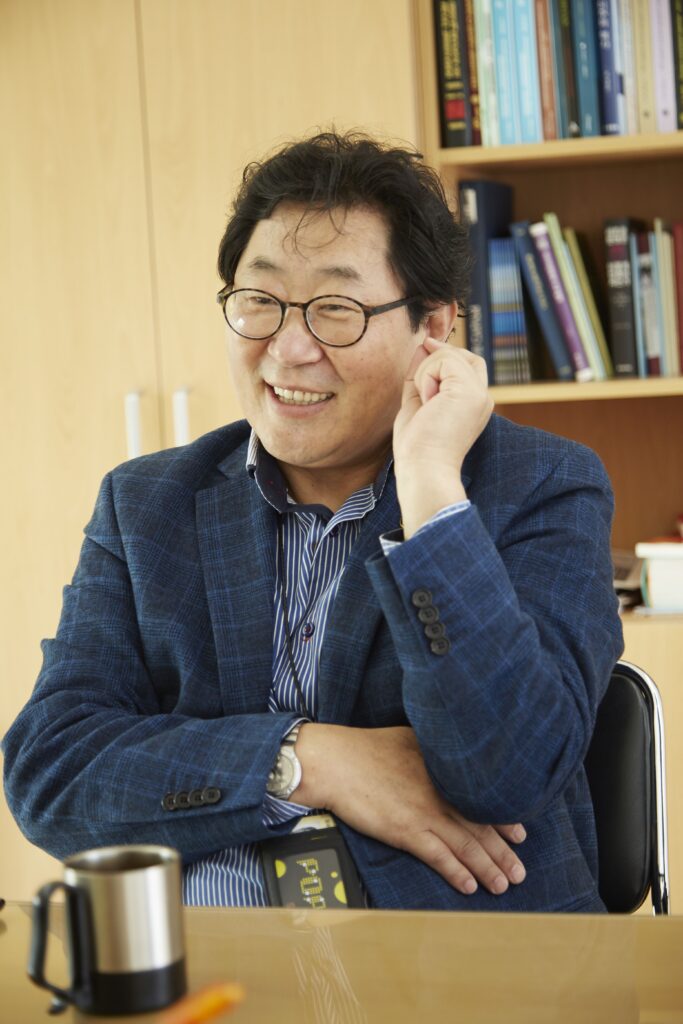
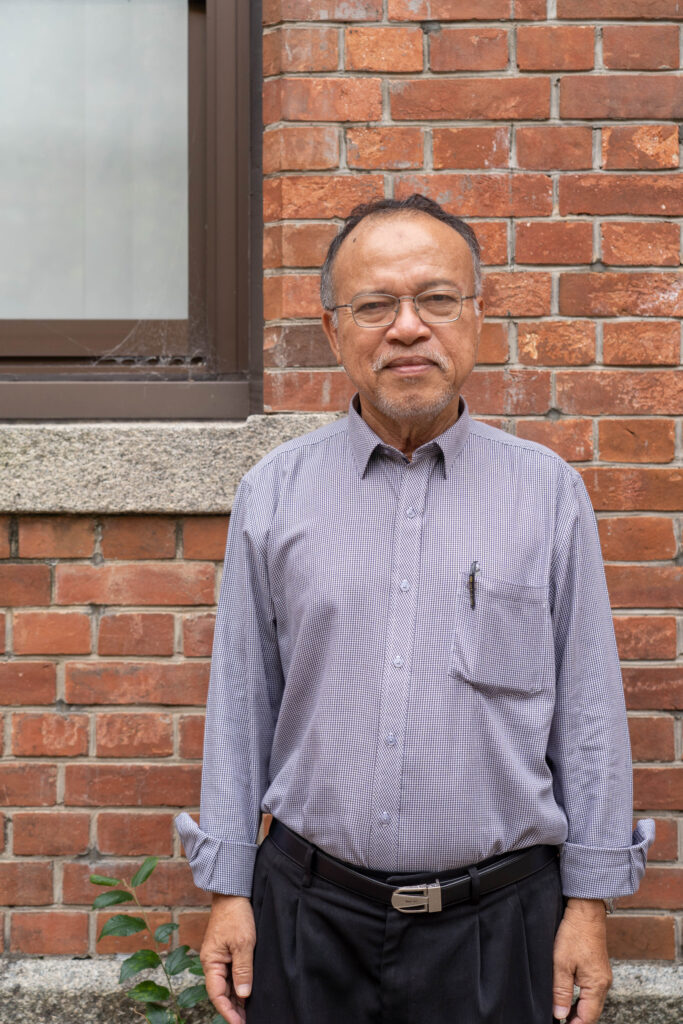
WAN ALI WAN MAMAT
The cataloguing and evaluation of Jawi Collections in the CSEAS Library
At present, Malay books in Malaysia are overwhelmingly written in Roman script although a limited numbers of Islamic religious books are written in Jawi. The process of introducing Roman script was initiated by the British from about the middle of the 19th century through the modern school system established by them. As more and more schools were established and attracted students, the usage of Jawi script slowly faltered. After independence in 1957, Roman script became the standard script in schools, administration and the book publishing industry although officially Jawi script can still be used. However, unfortunately at present, there are few persons who understand Jawi, mainly because it has no economic value and not used in administration.
Generally, Jawi has passed through three stages of development: classical Jawi (prior to 1940), Za’ba Jawi (1940-1990) and modern Jawi (1990 and after). Their differences are mainly due to differences in the application of vocal letters to represent the vocal sound system. Those who knows modern Jawi would find it difficult to read classical Jawi as found in Malay manuscripts.
My main responsibilities will be to catalog the library collections in Jawi script and to evaluate the collections from many possible perspectives. My other responsibility will be to write articles on Jawi script and Jawi manuscripts (texts written by hand) before the introduction of printing in Malaya.
Sophie LEMIERE
Gangsters and Masters: The Invention of Legitimacy in Malaysia and Beyond
My current work explores the intangible elements of politics including the conjunction of political imaginary and legitimacy; charisma and personality politics; the evolution of political imaginary; the constructions of political and national narratives; and the role of emotions in politics. While at CSEAS, I will focus mainly on my first monograph manuscript and also take this opportunity to give several seminars on Malaysian Politics.
During the 2018 Malaysian General Elections campaign I was given access to the inner circles of Mahathir campaign for 6 months, from nomination day to victory for my forthcoming monograph (2020). Beyond the rigorous documentation of the campaign and its intricacies from the unique perspective of the close circles of Mahathir, this book is an in-depth analysis of the re-invention of the Mahathir persona and the concept of “Legitimacy” in Malaysia and beyond. This work explores questions rarely touched on in the field of Malaysian studies and contributes to larger debates in the social sciences (sociology, political sciences and anthropology, philosophy etc).
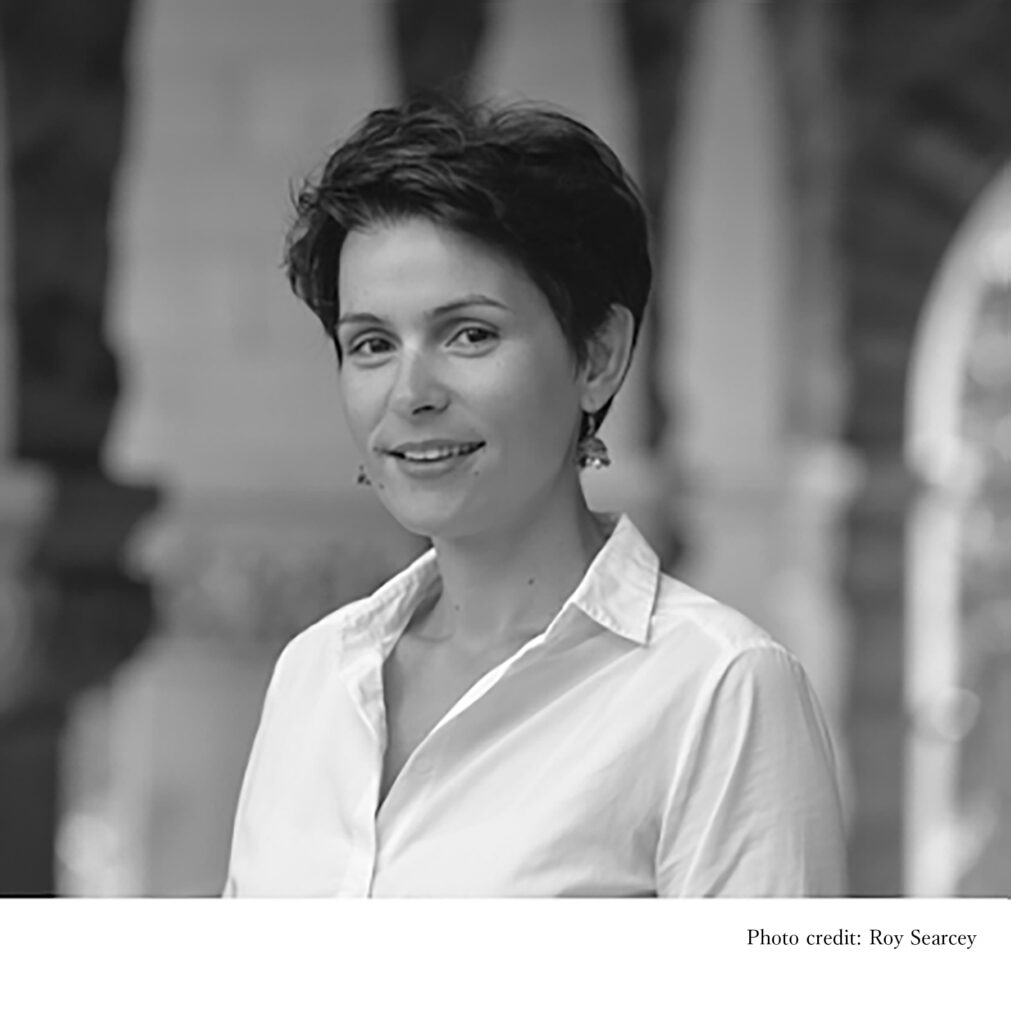
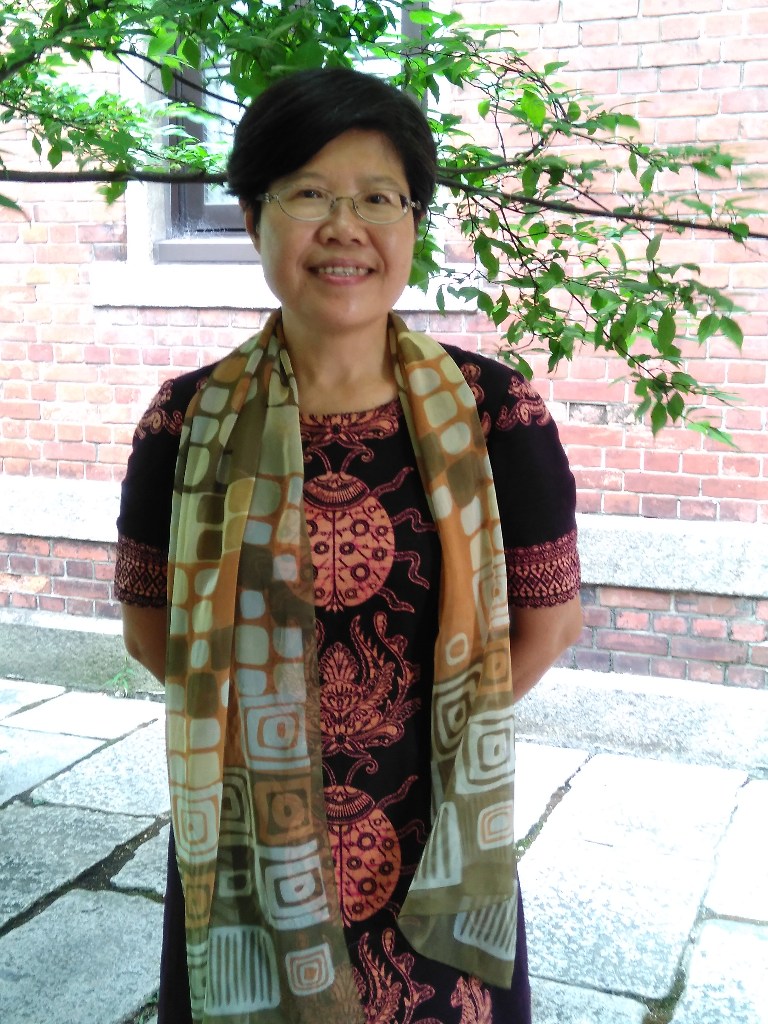
Mei-Ling Chien
Multiple Modernities of the Minority in Southwest China:
Life Historical Narrations and the Rural Immigrants of the Hmub in Eastern Guizhou (1930s-2010s)
With the contemporary “rise of China” phenomena, at present mass immigration from the rural areas to urban cities is one of the most apparent and significant experiences. Personal experiences describe and interpret such macro phenomena. This writing project is an ethnography for my half a year at CSEAS of Kyoto University and leads on from my ethnographic studies on Hmub (Hmong/Miao) villages in the highlands of south-eastern Guizhou since 1997. It aims to explore the marginality and multiple modernities through personal histories and narratives that deal with cross-regional movement of Hmub language speaking individuals, families, villages and counties. Life history narratives express not only the re-examination and analysis of real people through methodology but also with regards to the concept of performance, existence and linguistic practice in theory.
This ethnography proposes to describe and analyze three dimensions of the cross-regional immigrants, including historical, geographical and personal embodiment. The first focus will be on the generational differences between the following four periods: 1930-1940 (before the Chinese Civil War), 1950-1970 (the socialist transformation period), 1980-2000 (the economic reform and development period), and 2000-2010 (the rising of China). Secondly the ethnography will describe the stories and related documentation of one single county, Taijiang, in eastern Guizhou. Taijiang area began to be included as part of the Chinese Empire from the eighteenth century. For the surrounding Hmub and other minority people, Taijiang county has been represented as both a real and fantasized place of modernization. I will focus on the specificity of Hmub language, culture, environment, geographic features and governance among these areas to explore the space of Taijiang county and the interactions, dialogues between different generations of rural to urban immigrants. Finally, the ethnography aims to describe and discuss how different generations of Hmub migrants frame their own subjectivity and identity on gender, body and modernity through remembering, narrating and creating their life histories. The empirical data for this monograph is based on in-depth interviews, participant observation and historical research.
Nick Cheesman
Torture and political order in Myanmar and Thailand
Police, soldiers and paramilitaries torture captives in a variety of settings in Southeast Asia today. What work is torture doing? What role is it playing? To address these questions, my current project brings political theory together with interpretive modes of inquiry into specific cases of torture in Myanmar and Thailand. By attending to the intimacy, lexicon, spatial and temporal amorphy, and jurisprudence of torture, I consider the relationship between this type of violence and the idea of the state in mainland Southeast Asia specifically, and in our time generally. While at the CSEAS I will work with data generated during 2018 and 2019 to show how law courts recognize, misrecognize or refuse to recognize facts about torture. I will also work on two monographs on politics in Myanmar, one in a long essay format and the other a reader for a general audience.
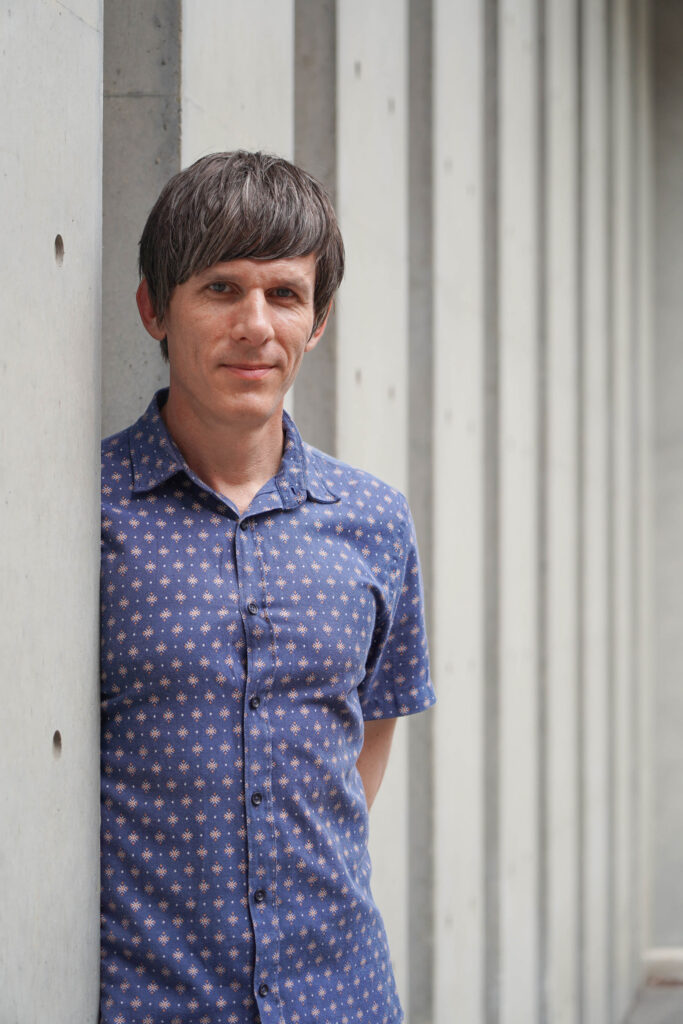
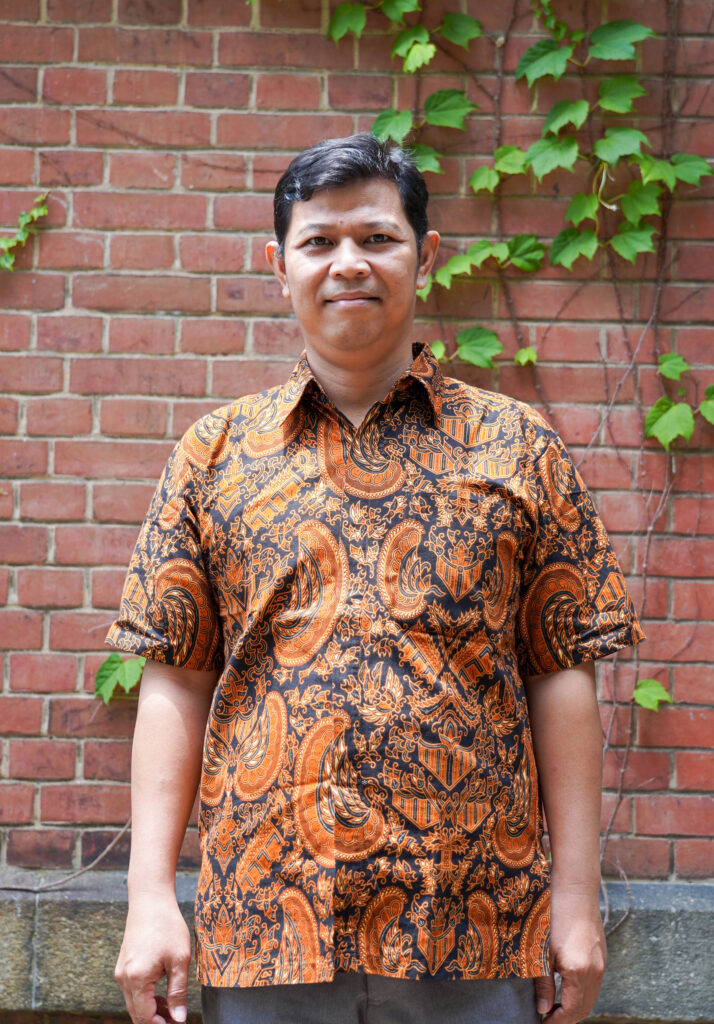
Benny Baskara
The Expansion of Tabligh Jama’ah and its Influence on the Religious Belief of Bajo People
Tabligh Jama’ah is an Islamic sect originating in India which has rapidly spread and developed in Southeast Asia, including Indonesia. The spread of Tabligh Jama’ah has already reached indigenous and marginal ethnic groups, one of which is the Bajo people. The Bajo people (sometimes spelled “Bajau”) are the most distantly dispersed and widespread indigenous ethnic group in Southeast Asia, known widely as “sea people” because of their marine based livelihoods. My research at CSEAS will focus on the expansion of the Tabligh Jama’ah movement and its influence on the religious beliefs of the Bajo people living in Kendari, Southeast Sulawesi, Indonesia. During my time at CSEAS, I will explore the valuable sources at the CSEAS Kyoto University libraries, especially regarding the socio-cultural life of the Bajo people and the movement and spread of Tabligh Jama’ah in Southeast Asia. I will also consult and to discuss with experts on Southeast Asian studies at CSEAS to received valuable input for my research. I am proud and honored to have the opportunity to be CSEAS fellow, and I hope my research can contribute to the great wealth of research on both Bajo communities as well as on the development of Tabligh Jama’ah in Southeast Asia.
HE, Jun
Coffee Production, global value chain and ethnic minorities in Chinese borderlands at Upper Mekong region
Coffee, as a cash crop, is an important source of income for the livelihood of many farmers in the Global South. Major coffee producers are small-scale famers, who produce over 75% of the world’s coffee. Along the Chinese borderlands with Southeast Asia countries, coffee production is now booming along with rapid economic development. Yunnan province, situated in the upper part of the Mekong Region, currently accounts for around 98% of all coffee production in China, but it is also regarded as a poorer province within China. However, there is current gap in understandings of effects of the China’s coffee boom on livelihoods, environmental landscapes and poverty alleviation in the area. Within such a context, this research in CSEAS will attempt to address the question “how does rapid development of coffee production in Yunnan transform the livelihoods and local landscape of ethnic minorities in the region?” The research aims to understand: 1) how is labor-capital-land arranged in China’s coffee production 2) how the global coffee value chain is organized in Yunnan, and 3) what are the environmental and livelihood changes that arise due to the development of coffee production.
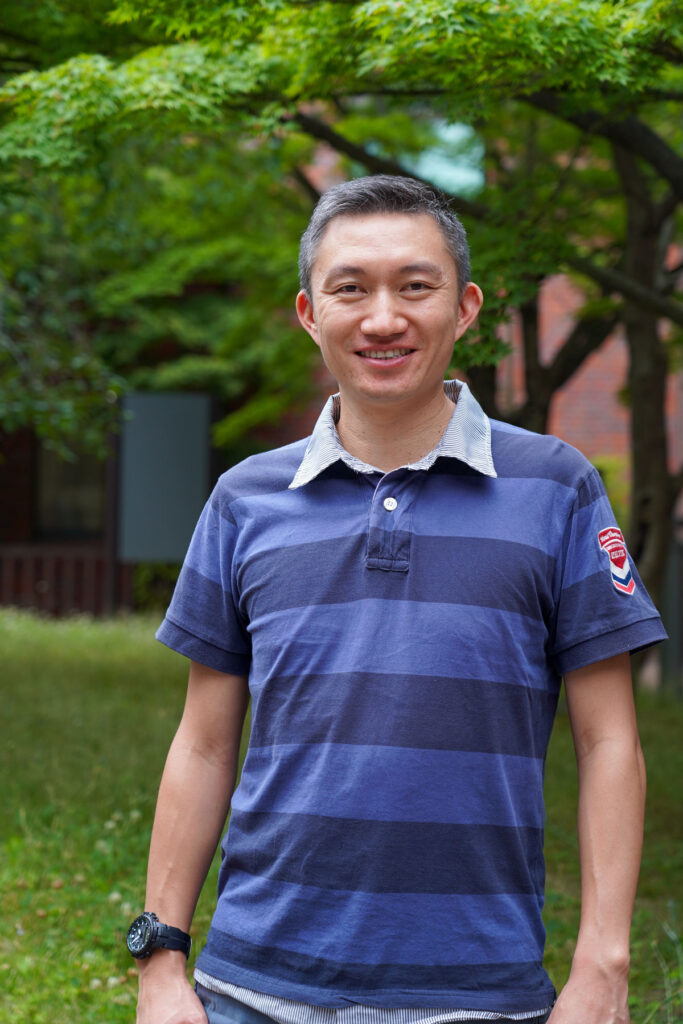

Wen-Chin Chang
Clandestine Travel across the Sino-Burmese Border during the Cold War
In terms of Cold War history, mainstream historiography has focused on the politics of global confrontation in light of ideological differences, the central state’s foreign policies, and national and regional security, which we may term high-level historiography. Apart from this orientation, there have been efforts to explore how ordinary people carried on their everyday lives during this era in the face of numerous struggles and even persecutions imposed from above, and how they remember their history. This latter approach, or grassroots historiography, though comparatively minor, has enriched our understanding of the Cold War history beyond the frameworks of politics and national and international institutions, and helped us gain insights into plural dimensions of daily lives—socio-cultural, economic, technological, and environmental.
My year at CSEAS endeavors to write an ethnography related to Cold War history, which is grounded in in-depth fieldwork among Yunnanese of southwestern China and Yunnanese migrants in Burma and beyond over the last four years. It attempts to look into their clandestine travel across the Sino-Burmese border for survival or for a better life in the face of ongoing political and social upheavals during the Cold War era. Their moving was connected to multiple factors and resulted in various types of migration—victim, political, military, economic and cultural—which often overlapped with one another. Moreover, circulation of goods, capital, ideas and intelligence accompanied their travels.
Rodney Keenan
Scaling forest restoration in South East Asia through integrating timber production and private sector investment
Forest landscape restoration has become a major global objective and a strong focus of policies to address climate change. Restoration aims to restore landscape function through a mix of forest conservation, re-establishment of forests and productive uses of trees. There is an estimated 110 million hectares of degraded forest lands in South East Asia, 60 percent of the total forest area. My research at CSEAS aims to investigate new approaches to overcoming the policy and financial challenges of forest restoration in this region. For the past 3 years I have been leading an international multi-partner research project on improving policies for forest plantations in Lao PDR and Vietnam. My aim is to use the outputs from this research and work with experts at CSEAS to investigate supportive policies and legal frameworks for implementing forest landscape restoration. These policies will cover issues such as governance, property, tenure and access rights, and strengthening capacity of public organisations. A key focus will be the design of policies to support integrated investment models that engage the private sector and empower rural landholders to become more engaged in sustainable forest management.
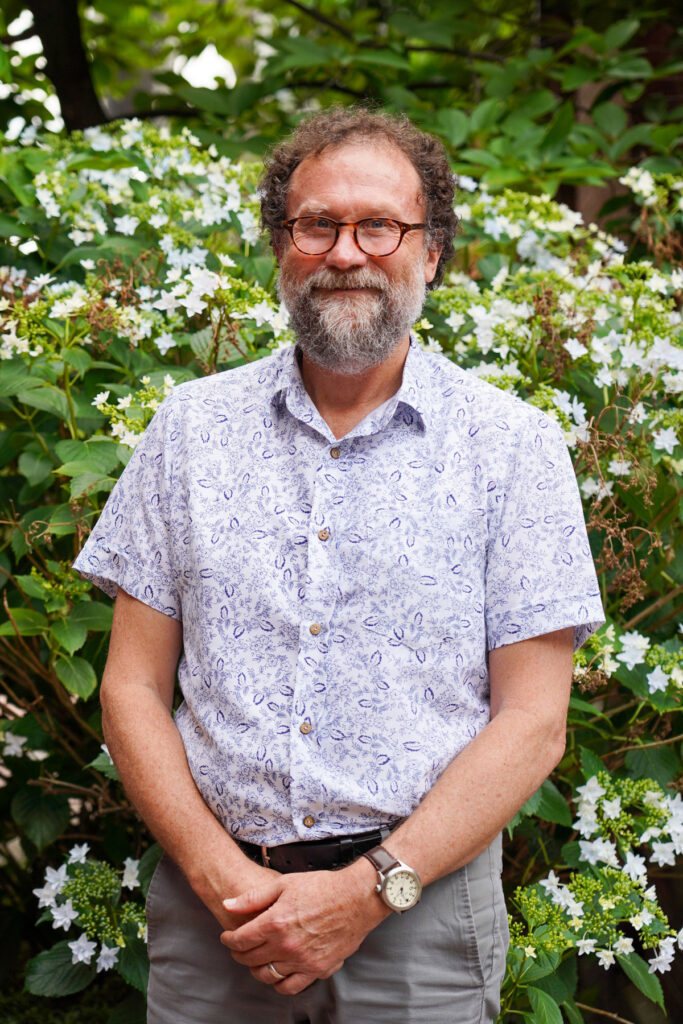
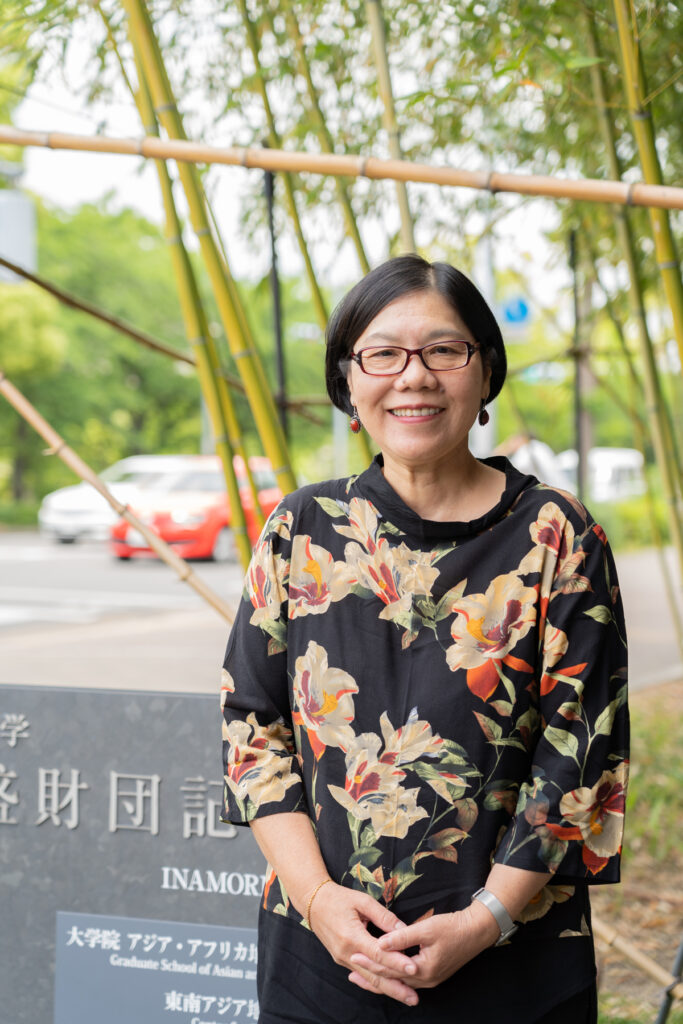
Goh Beng Lan
Silent Revolution: Changing Mindsets as Radical Politics in 21st Century Malaysia.
I have two writing projects during my three months at CSEAS. The first, is to turn a talk delivered at the Annual Meeting of the Japan Society for Southeast Asian Studies in December 2018 in Tokyo into a paper for a forthcoming special issue of Tonan Ajia: Rekishi to Bunka (Southeast Asia: History and Culture), Vol. 49, 2020.
Second, I will continue writing a manuscript that showcases the significance of mindful self-transformations —which is not generally considered ‘’political’’— as the basis for the renewal of political consciousness and action in contemporary Malaysia. Based on ethnographic, online and secondary research conducted over the past decade, this manuscript focuses on resistance against ethno-religious bigotries outside the conventions of civil society in three societal arenas, namely, popular religion, artistic practices and citizenry initiatives. While seemingly disparate, these rejections of ethno-religious dogmas are united by a mode of protest that is configured by the intersection of social media and the creative play of symbolism, metaphor, and image. Importantly, these innovations stimulate new and open ways of interrogating, expressing, blurring and minimizing ethno-religious differences which strike powerful cords with, and are easily understood by, fellow Malaysians. By exploring atypical political actors, sites and methodologies of defiance associated in these actions, I hope to provide fresh insight into the forms, characteristics and meanings of contemporary political resistance in Malaysia.
I am honored to have the opportunity to be at CSEAS and look forward to learn and benefit from discussions with staff and visitors at the center.
Edilberto De Jesus
Philippine “Populism” under Rodrigo Duterte
The election of Rodrigo Roa Duterte as president in 2016 blindsided many experienced political analysts. In the first half of his six-year term, he has pursued policies that ran counter to the views held by the majority of Filipinos. His speech, behavior and style of governance clashed with values traditionally taught to children, embodied in pledges recited in schools, and often proclaimed as quintessentially Filipino.
International observers have identified him among the new breed of populist strong men, together with Vladimir Putin, Xi Jinping, and Donald Trump. But the character of his populist appeal appears rooted in factors different from those energizing the popular base of his colleagues, who have no special standing among Filipinos. Nonetheless, Duterte clearly continues to enjoy high levels of trust and approval in public opinion surveys. His anointed candidates for the 2019 mid-term elections have also taken an early lead in the senatorial race, benefitting from the presidential endorsement and the advantages provided by an administration in power.
Three months at the Kyoto CSEAS will give me a chance to explore the Center’s rich Filipiniana resources and to tap into recent studies of Philippine history and political culture. Perhaps, these sources will provide some clues to understanding the Duterte phenomenon in the context of what he has promised and achieved during the first half of his term, and its implications for the trajectory of Philippine development.
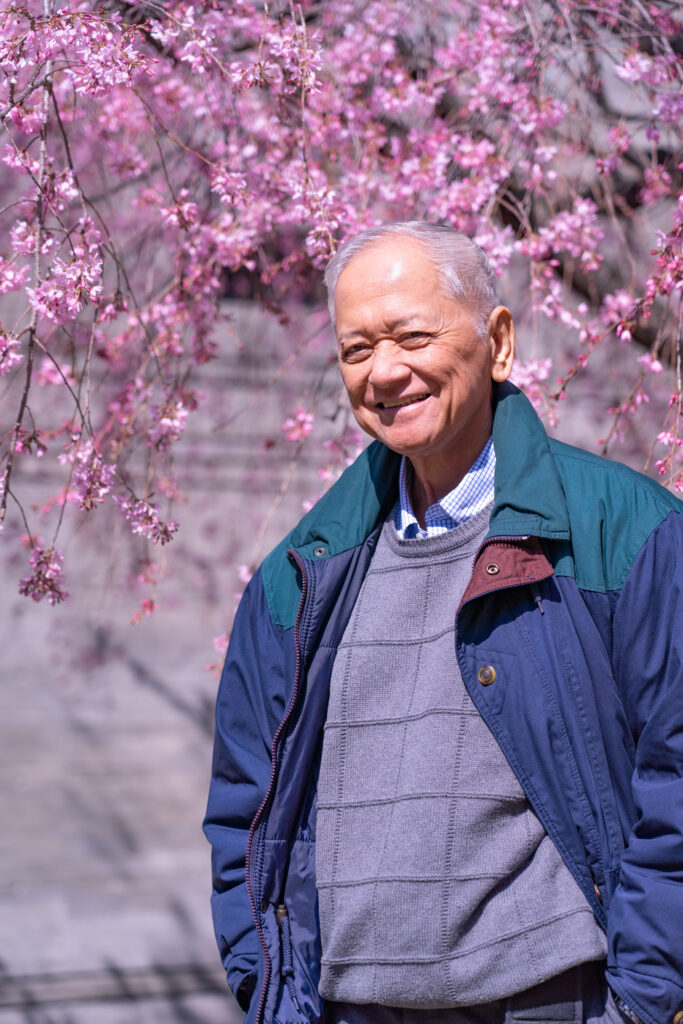
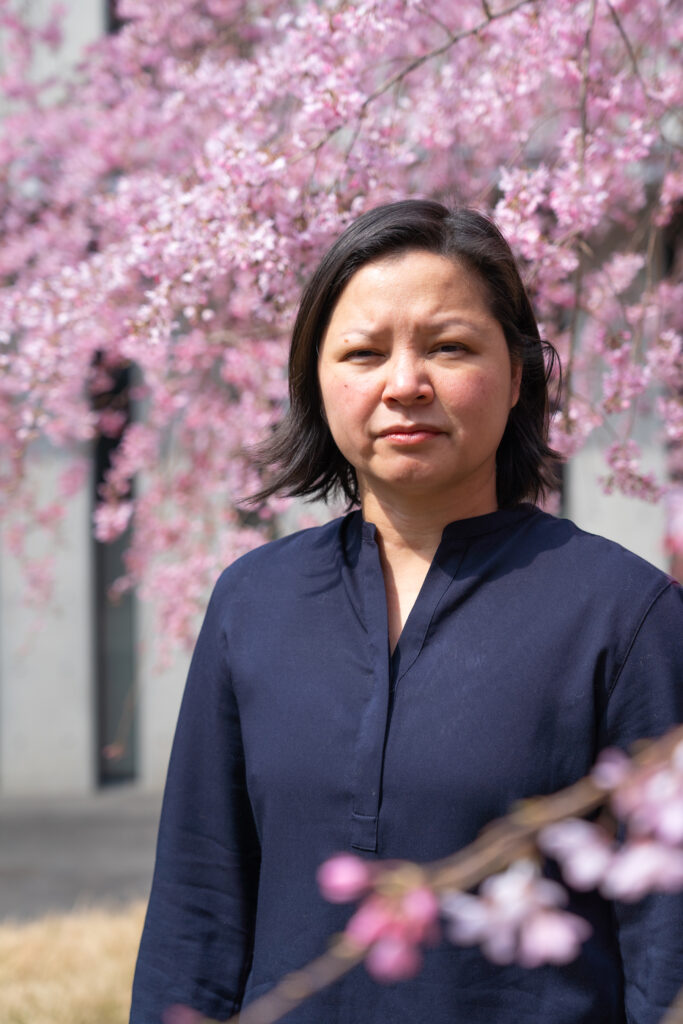
Nhung Tuyet Tran
During my time at the Centre for Southeast Asian Studies, I will be working on two related projects: I will complete the manuscript for my book on the cultural history of Vietnamese Catholicism from 1624-1800 and I will begin work on my next project, a study on the idea of property in Vietnam. The former, tentatively titled, “Translating the Christian Cosmopolis: Vernacular Writing, Oral Culture, and Catholic Identity in Early Modern Vietnam,” explores how Vietnamese Christians made Roman Catholic teachings legible to a local audience through the circulation of easily transported codices written in the vernacular script and transmitted orally from one community to the next. The articulating of these teachings in Vietnamese contexts allowed believers to travel the post-Tridentine Christian world and imagine themselves as members of a Vietnamese and global church, no less deserving of salvation than any of its other members. I will spend the second part of the fellowship period translating contracts between Cham women, Vietnamese men, and the Southern Vietnamese state from the 17th and 18th centuries to understand how indigenous Cham notions of property over people, place, and things shaped the property regime of the Southern Vietnamese state in 1812, even as it claimed a “universal” Chinese model. Both these projects examine how local articulations of knowledge, prestige, and authority (re)shape universal claims.
Thanyathip Sripana
Gender Diversity in Changing Vietnam
Since 1986 when Vietnam launched its Economic Reform Policy, the country has undergone tremendous changes not only in terms of politics, economics, international relations and society, but also in terms of human resources and public mindset. In the past, gender diversity and LGBT were taboo issues. But since the early 2010’s, the situation has changed gradually and positively. Gender diversity and LGBT have become an issue in progress in Vietnam and the public has increasingly recognized LGBT people, particularly in big cities, while gender diversity has been widely debated.
At CSEAS, I will focus on my new project, Gender Diversity in Changing Vietnam. Why has Vietnam, a Socialist State and Confucian society, shifted from being stern to being so positive in recognizing the gender diversity issues, and the lives and rights of LGBT people? And how have such changes in the mindset and attitude of the Vietnamese people, the Government and the Communist Party evolved?
While focusing on these questions above, during my stay at CSEAS, I would like to exchange and discuss about gender diversity with CSEAS scholars and experts, and explore new aspects of gender diversity studies. In line with this, I aim to establish connections and develop networks with scholars and experts at CSEAS and other institutions in Japan. This will link to a comparative study I hope to conduct on gender diversity between and among some ASEAN countries.
Bio
Thanyathip Sripana has thirty years of work experience as a Researcher and a Lecturer in Vietnamese Studies, as well as on the issues of Mekong and Asean Connectivity and Mobility. She has served as a Researcher and a Lecturer at the Institute of Asian Studies, Chulalongkorn University, since April 1988. Over this period, she had also been a Visiting Fellow at various institutions including Laval University in Canada, IRSEA (IrAsia) in France, Universiti Kebangsaan Malaysia, Institute for Southeast Asian Studies in Hanoi, and CSEAS in Kyoto (2011, present). As a guest lecturer, she has occasionally delivered lectures at various institutions both in Thailand and abroad including College for Asean Studies at Guangxi University for Nationalites (China), University of Social Science and Humanities, Vietnam National University (Hanoi, Vietnam). As a specialist on Vietnam, her research work covers Politics; International Relations (particularly between Vietnam and Thailand); Culture; History; and Security (including the issue on Vietnam and South China Sea).
Over the last seven years she has contributed various articles and papers to Vietnamese Studies: Thailand and Vietnamese Patriotic Movement in the Mid-20th Century; Ngô Thị Huệ and her Reminiscence of Thailand in the Mid of 1940’s; Ho Chi Minh in Thailand : The Struggle for Vietnamese Independence; China’s Influence on Vietnam through Vietnam-China Border Trade; Gender Diversity in Socialist Viet Nam and Unification of Human Rights in ASEAN.
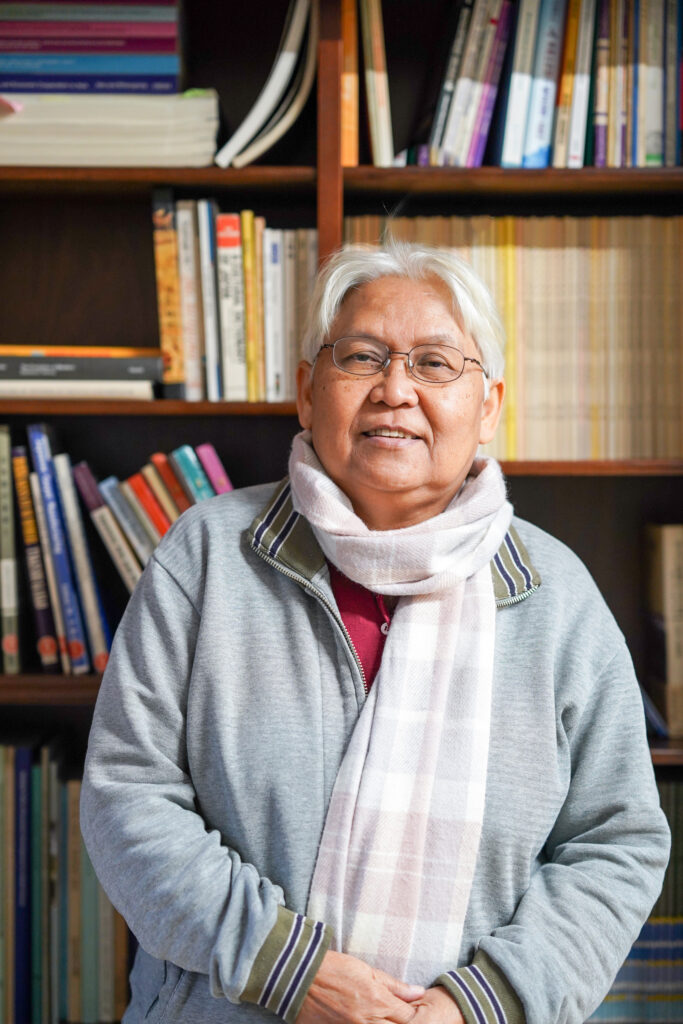
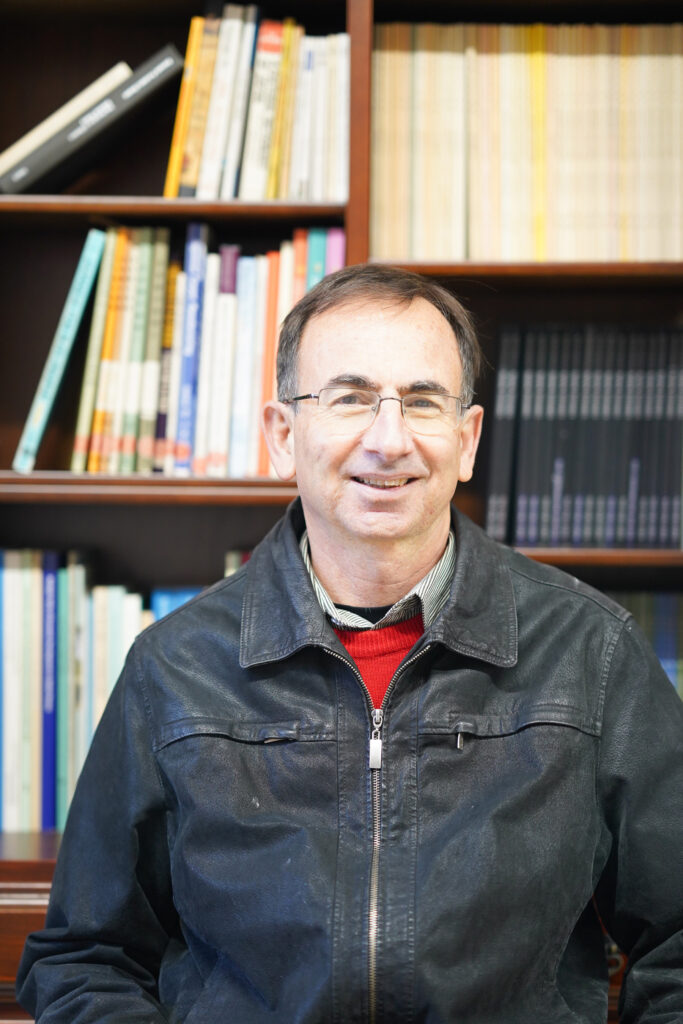
Philip Hirsch
Demarcating the public and private: land, natural resource and environmental governance in the Mekong Region
During my three months at CSEAS, I will embark on a co-authored monograph (with Carl Middleton, Chulalongkorn University) that takes a critical look at the context-determined demarcation between the public and private spheres in the realm of land, natural resource and environmental governance under intensified development in the Mekong Region. The book will commence by making the case for contextualizing the delineation of public and private roles and spheres rather than importing universalized schema, exploring tensions and contradictions of the neoliberal authoritarian context in which resource-based development and environmental governance is occurring in the Mekong Region. The remainder of the book will then develop a set of connected themes, each illustrated extensively by empirical material. These include: context-specific constructions of publics including “community”, “people”, “civil society” and State-as-public; the conflation of public interest and national interest discourses in contestation of large scale resource projects; public and private discursive space in an age of social media and authoritarian information controls; context-specific notions of public and private physical/living space; benefit, cost and risk distribution in public-private projects; privatization of public goods in post-socialist economies; the conflation of public and private benefits in bureaucratic and military control over natural resource projects and land/territory; and the commons as an “in-between” public/private domain.
The empirical underpinning of the project will include case studies of river basin development and hydropower, large scale land investments, forest exploitation and conservation issues, and the contested politics of environment in mainland Southeast Asia. The book will also draw on ongoing research in which I am currently engaged through a project funded by the Australian Research Council, entitled Rupture: nature-society transformations in mainland Southeast Asia and being carried out in collaboration with colleagues at the Australian National University.
Since this is in many ways a new intellectual venture on my part, I particularly welcome the opportunity to discuss some basic premises of the project with staff and visiting scholars based at CSEAS.
Patrick Jory
The Politics of Politeness: a History of Manners in Thailand; and The Rise of Buddhist Radicalism in Southern Thailandh
While I’m at CSEAS I will be completing two projects.
The first is a monograph that examines the history of manners in Thailand. There is an old and rich literature in Thailand about how to conduct oneself that dates back centuries. Much of this literature draws inspiration from the Buddhist doctrine of the need to control the “body, speech, and mind” (kai waja jai). Yet notions of how to manage oneself and one’s relations with others have constantly been contested. This book takes a long duree approach to the history of manners, arguing that the debate over proper conduct has been of crucial importance in Thailand’s modern history, including in the current political conflict. The book has a strong comparative dimension. It considers the extent to which Norbert Elias’s notion of the “civilizing process” for Western Europe can be used to understand changes in conduct in Thailand.
The second project explores the rise of Buddhist radicalism in southern Thailand. Much of the scholarship on the violence in the south focusses on the Malay Muslim community of the southern border provinces. Much less attention has been given to the largely overlooked phenomenon of growing religious-nationalist sentiment in the “Buddhist heartland” region of the mid-south (roughly Surat Thani, Nakhon Si Thammarat, Phatthalung and Songkhla).
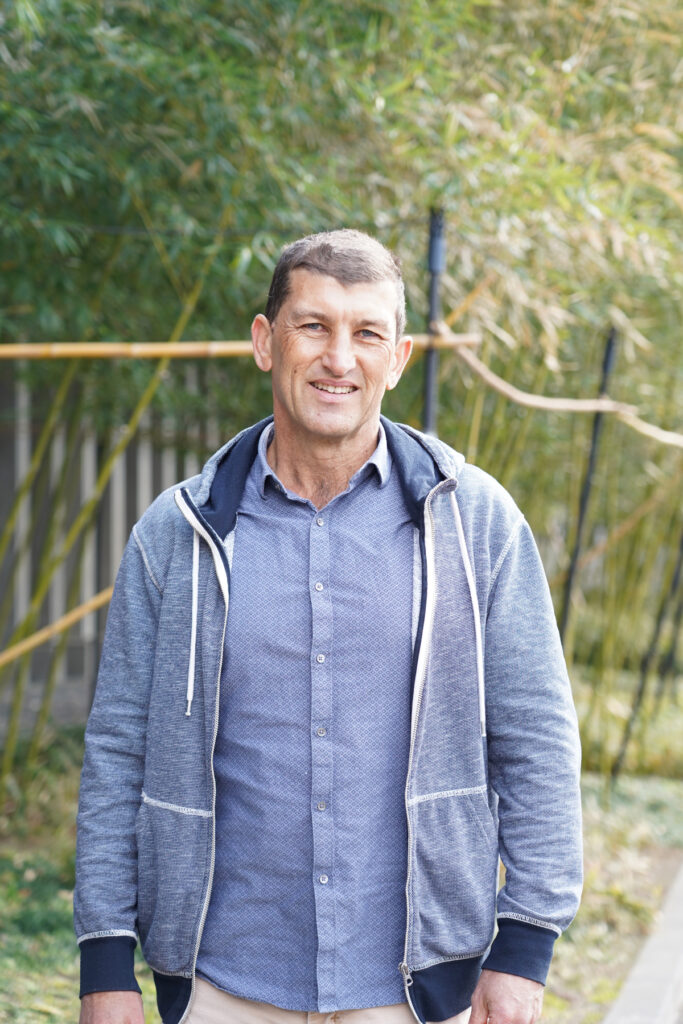
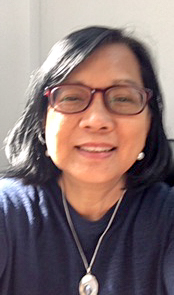
Maria Karina Africa Bolasco
Untold Lives and the Philippine Political Revolution of the Long 1970s.
The Communist Party of the Philippines (CPP) was the strongest opposition against the dictatorship of Ferdinand Marcos until it conceded that role on the eve of Marcos’s ouster. Thousands of young men and women joined this movement , many of them sacrificing their lives. And while some of the leaders of this political revolution still survive, their stories remain untold, creating this yawning gap in the history of the period. Without their stories, the writing of this important part of Philippine history will be incomplete.
I propose to write about their very own post-reflections on their work and conviction as top ex-leaders of the CPP, their passion and dedication as they carried out their daily tasks in the political revolution of the long 1970s. I hope to be able to show how their original concepts of social change and of a national democratic movement have changed or evolved over the 50 years of the CPP.
I shall be guided by Jonathan Culler’s (Literary Theory: A Very Short Introduction: Oxford 1997)definition of biography theory as ” accounts others can use about meaning, nature and culture, the functioning of the psyche, the relations of public to private experience and of larger historical forces to individual experience.”
Biography or life writing is both a historical activity and a literary genre. In the last four decades, people’s stories have made history more interesting and engaging to a public. Yet, it is the genre least studied and theorized, but simultaneously it is the most actively discussed, and more critically, due to the perceived limits of biographical knowledge. How are claims validated? Shall we pit their accounts against one another? Or is it more important that they all get to their personal truths. There are lessons for individuals and communities over regrets, failures, and sins of commission and omission. Isn’t this how individual lives move history forward?
This project shall be conscious of the demands of writing biographies that will accurately document the story of a political revolution “in the long 70s,” in the time of Marcos and Sison. Having handled the publication of so many books on martial law, on the heroes and martyrs who fought against it, and even collections of the memoirs of these men and women, I feel that this book would be the logical conclusion of all these early publishing efforts.
I have done, and continue to do via email, more interviews of these individuals. My goals here are to be able to 1) transcribe the many hours of interviews; 2) do further documentary research at the CSEAS and KU Libraries, and 3) write the first draft of the book.
Mohammad Golam Farouque
Prospects and Challenges of Managing Natural Resources through Community-based Approach in Bangladesh
The capacity to use and manage natural resources effectively is a great challenge in many developing countries. These resources reside under threatening conditions in Bangladesh where around 80 percent people, an estimated at 120 million people, live in rural areas and depend on natural resources (land, water and forests) for economic development, food security and other basic necessities. The country’s population is estimated to reach 210 million by 2030 and this will have serious implications on the sustainability of its natural resource base. The community-based natural resources management (CBNRM) approach is a systematic effort to improve soil and land productivity, agro-forestry development and other rural energy sources by which landholders gain access and use rights to, or ownership of, natural resources; collaborative and transparent planning and participation in the management of resources use; and achieving financial and other benefits from stewardship.
While at CSEAS, I will be working on research that will attempt to explore the prospects and challenges of a CBNRM approach through intensive literature review, consultation and discussion meeting with experts and observations as well under the guidance of my host Professor. However, to date, there have been very limited studies concerning the above issues in the context of Bangladesh. Identifying prospects and challenges will provide insights to establish this approach in Bangladesh while considering the perspectives from both developed and developing countries.
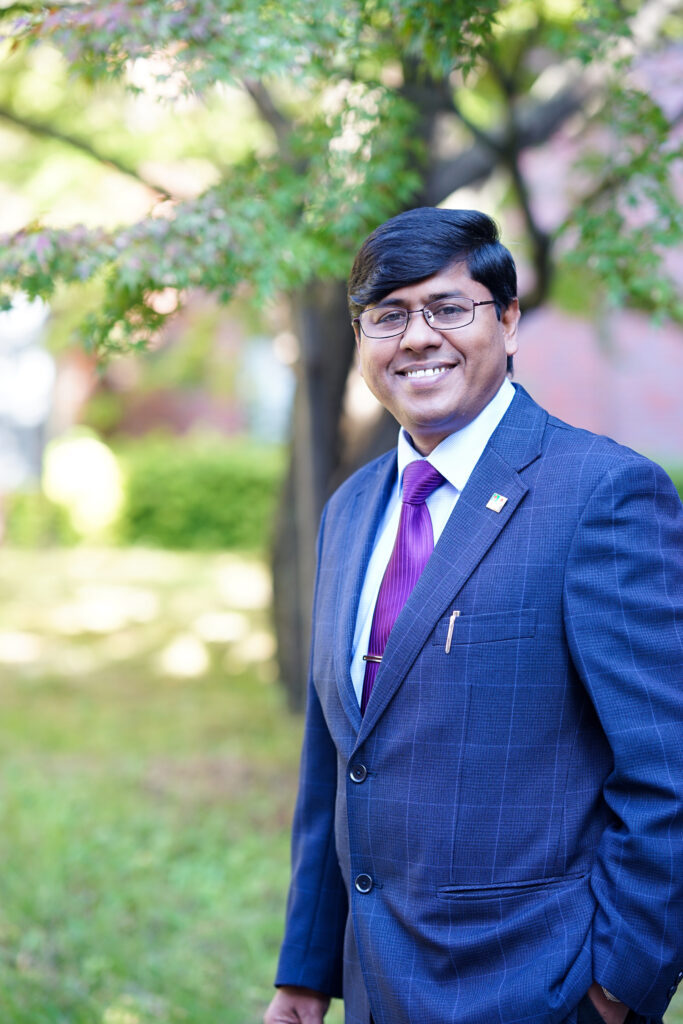
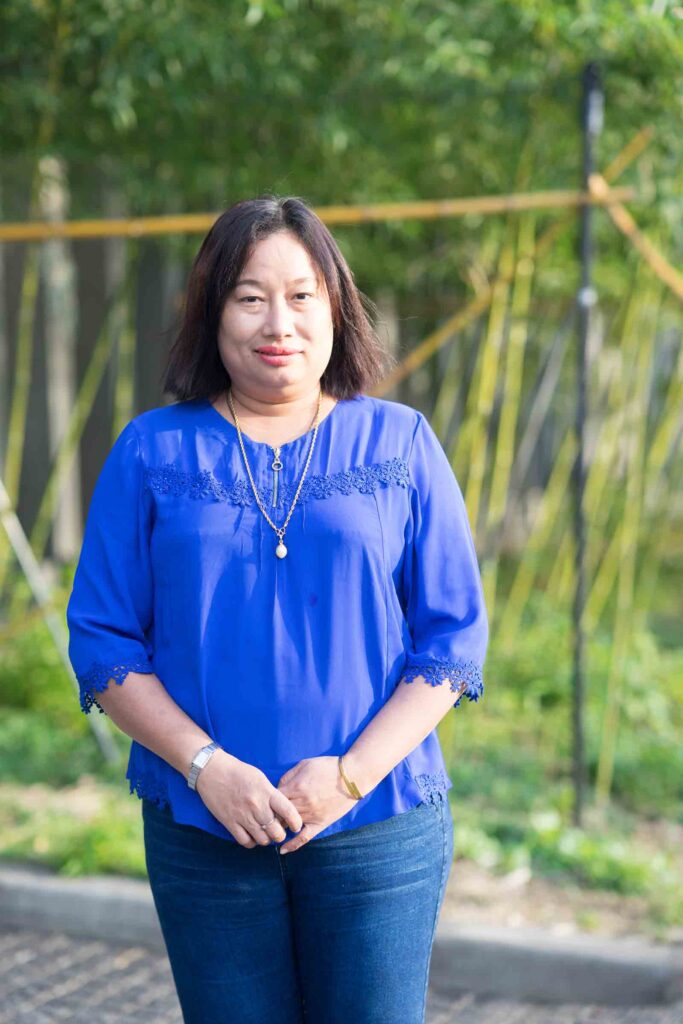
Swe Swe Mar
Assessment of farmers’ attitude towards the use of inorganic and organic fertilizers for rice cultivation in central Myanmar
I am Swe Swe Mar a lecturer in the department of soil and water science of Yezin Agricultural University, Myanmar. Between 2007 to 2012, I studied my master and doctor degree at the Tokyo University of Agriculture and Technology under the supervision of Professor Dr. Masanori OKAZAKI and Professor Dr. Koki TOYOTA.
My research project is an assessment of farmers’ attitude towards the use of chemical and organic fertilizers in rice cultivation of Naypyitaw, Myanmar. At present, Myanmar faces huge food supply challenges due to an increasing population, limited opportunities to increase arable land, and declining yields associated with continuously declining soil fertility. This research explores factors influencing fertilizer and manure use in rice cultivation. At present, well-established nutrient management practices undertaken by smallholder include use of manure and intercropping legumes while composting and agroforestry are relatively new and limited and manure releases nutrients to the soil slowly and helps soil to build organic matter with long-term benefit. One key requirement to overcoming the socio-economic as well as the biophysical constraints to improve soil fertility management at the farm level is an understanding of the basic rationale of small-scale mixed farming systems such as those in Myanmar with an adequate understanding of smallholders’ attitudes. This research will look into the above during my stay at CSEAS.
Dianto Bachriadi
Land conflicts in contemporary Indonesia and its meaning in the historical context
Land conflicts have occurred in many places all over Indonesia on many occasions. Here I will explore and analyze three main factors that work on this phenomena, which are land grabs, the unequal structure of land distribution, and colonial-minded agrarian laws and policies. With the first factor, land grabbing phenomenon show how easy corporations obtain control over large swaths of land straining space for people’s livelihood. With the second, I will explore how the structure of land distribution in Indonesia, which is always in unequal form, has been constructed, and subsequently created the conditions for land encroachment by local people into both public and private land. With the final one, I will explore the sustainability of a colonial-minded laws in Indonesian agrarian policies. I assume that as long as these three factors continue to work, land conflicts will persist.
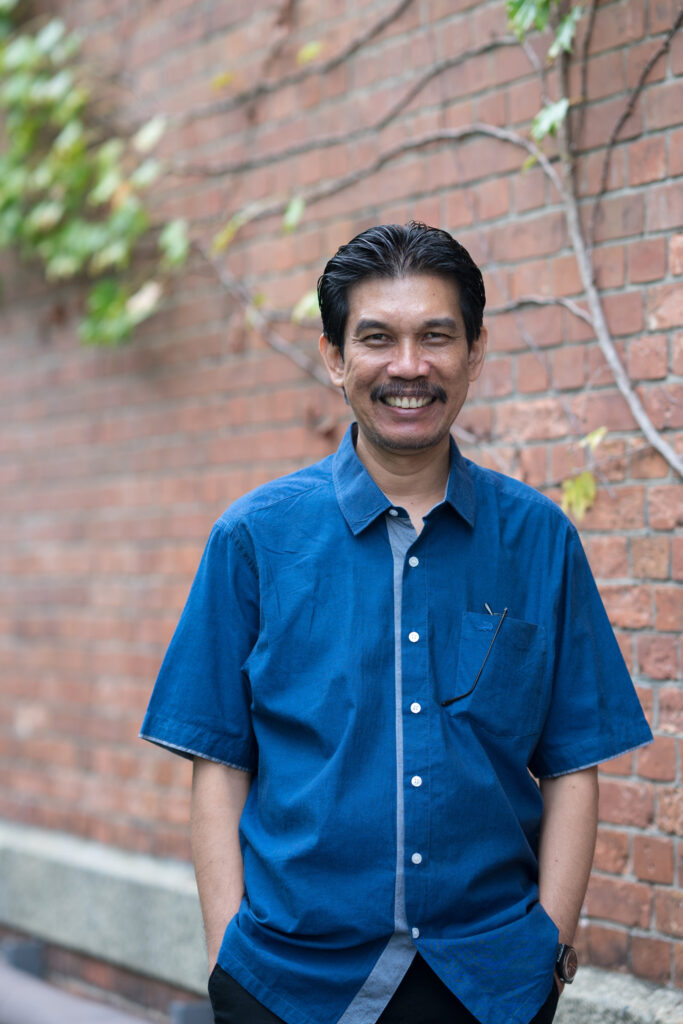
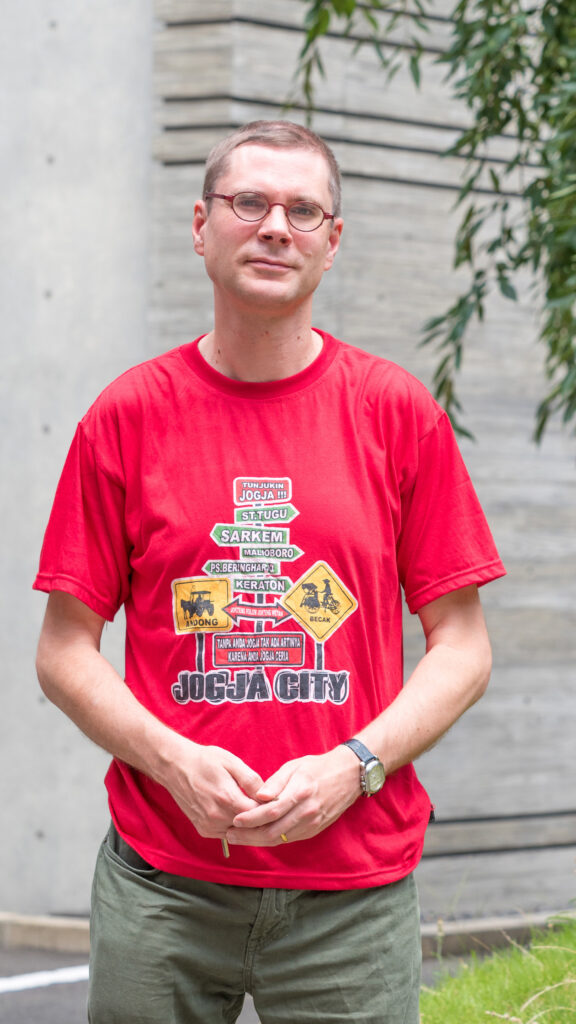
Marcus Mietzner
The pitfalls of democratization in Southeast Asia
While at CSEAS, I will be working on a manuscript for a new mini-book series edited by Edward Aspinall and Meredith Weiss for Cambridge University Press. This monograph will discuss the reasons behind the apparent obstacles to democratization in Southeast Asia. While autocracy firmly endures in states such as Vietnam, Laos, Cambodia, Singapore and Brunei, the young democracies of the Philippines and Indonesia show clear signs of deconsolidation. At the same time, the democratic transition of Myanmar is under threat, while Malaysia’s future remains uncertain. Why is it that Southeast Asia is such a difficult arena for democracy to take hold? The manuscript will ponder the evidence and offer some explanations in the context of rising inequality and populism in a post-globalisation world.
Alicia Chavarria Esguerra
Mabuhay!
I am Alicia Chavarria Esguerra, Librarian at Bulacan State University, located in the historic City of Malolos, Bulacan, Philippines. I am also an Associate Professor in the same university, teaching various Library and Information Science subjects in the undergraduate level. It is my first time to be in the beautiful City of Kyoto although it has always been my dream to visit this amazing country which exemplifies that technology and nature can co- exist and share a symbiotic relationship with each other.
While at CSEAS, I will be working on a research that will attempt to describe library education and practices in Japan and the Philippines; identify the similarities and understand their differences, with the aim of finding avenues by which these two great nations can work in mutual cooperation in the field of Librarianship and Information Science. I also hope to finish my research about the history and development of library education and librarianship during the early period of American colonization in the Philippines. In addition, I will be working on the cataloging and classification of the Ambeth Ocampo Collection available at the CSEAS Library, and work in partnership with Professor Mikiko Ono in the compilation of an annotated bibliography of this rich Filipiniana collection.
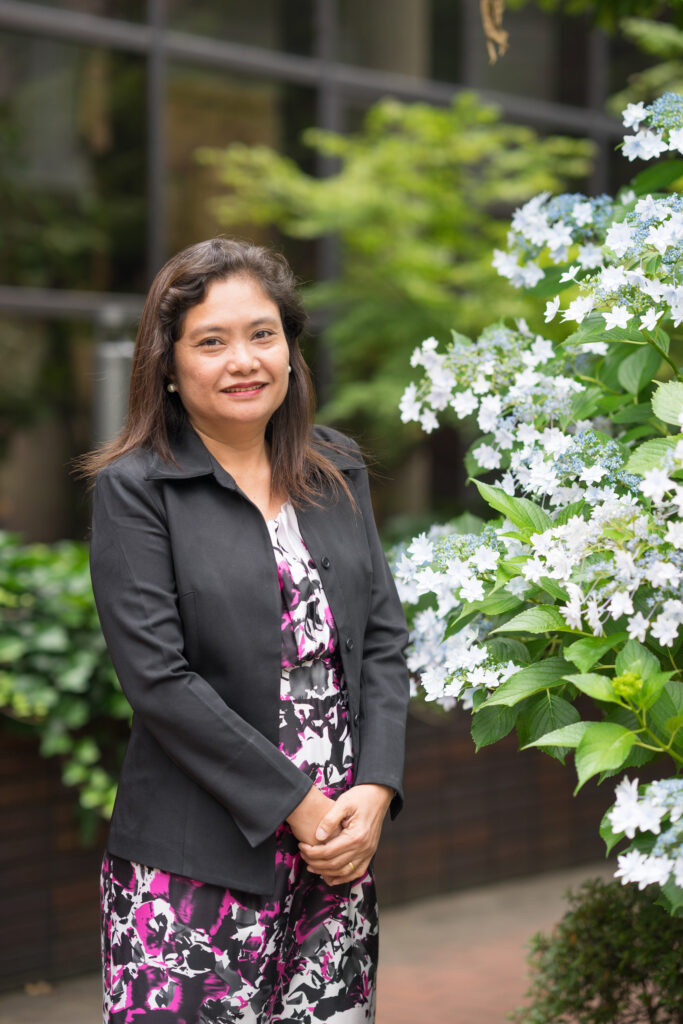
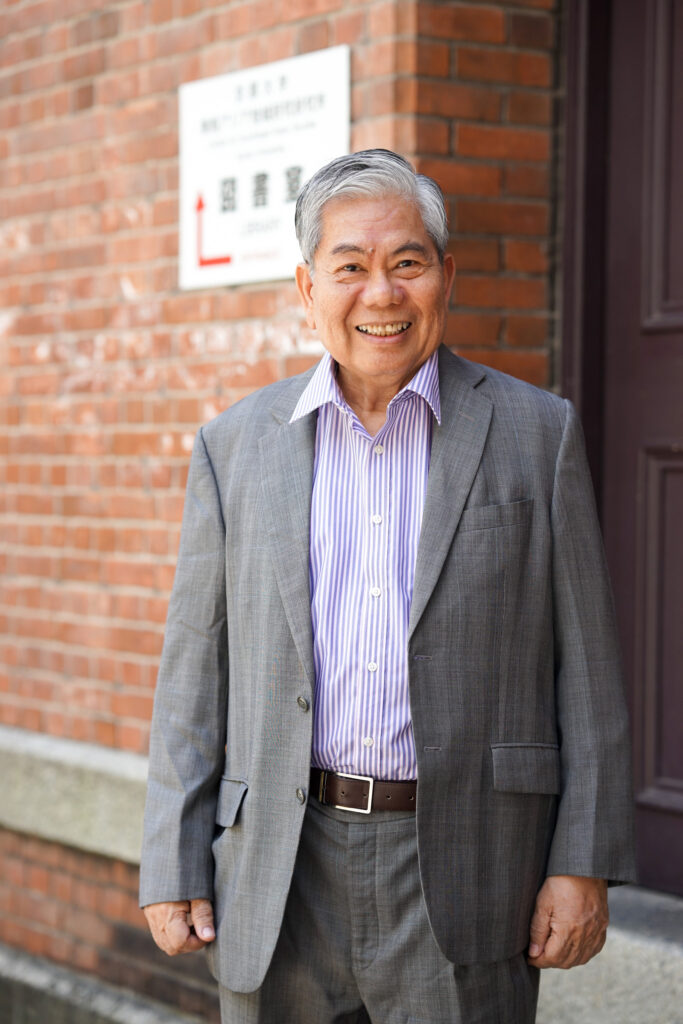
Wilfrido V. Villacorta
China, Japan, ASEAN: Towards A Mutually Acceptable Modus Vivendi?
Transformations in the character of world affairs necessitate different responses from traditional as well as emerging powers. Perceptions of who are friends and who are enemies are becoming more blurred. As states are faced with formidable challenges of this century, what is evident is that there are no permanent interests either. The parameters of so-called national and regional interests have to be re-framed. Definitions of core benefits of individual states tend to be parochial and short-term, deep-rooted in bloated concepts of national pride, perpetuation of self-serving official narratives and vested interests of leaders. One-upmanship is the name of the zero-sum game.
Massive poverty, transnational crime, natural disasters due to environmental destruction, international terrorism, the specter of a global nuclear holocaust-these more serious threats to human survival should be the over-riding focus in the pursuit of national interest. My study will examine and evaluate the extent to which these moral imperatives are effectively addressed by Japan and China, the prospects of closer cooperation between these two leading powers in the region, and the catalytic role of ASEAN in unlocking these possibilities.
Ronald Everette David HOLMES
My current research focuses on an examination of the values, beliefs, motivations, and characteristics of Filipino citizens/voters. In the run-up to the last 2016 elections and under the current administration, Filipino voters/citizens have been characterized as bobotante (a portmanteau of bobo [stupid] and botante [voters]); tangahanga (another compound word of tanga [stupid] and tagahanga [fan]); dilawan (yellows, referring to those who support the Liberal Party or its leaders [former President Benigno S. Aquino or presidential candidate Manuel “Mar” Roxas]); or Dutertards (term used for describe those who support presidential candidate and now incumbent president Rodrigo Duterte). These characterizations are, at the very least, sweeping. Thus, this research, through an examination of prior qualitative work, as well as existing and future survey data, aims to surface what could be deemed as “drivers” of political behavior of Filipino citizens/voters.
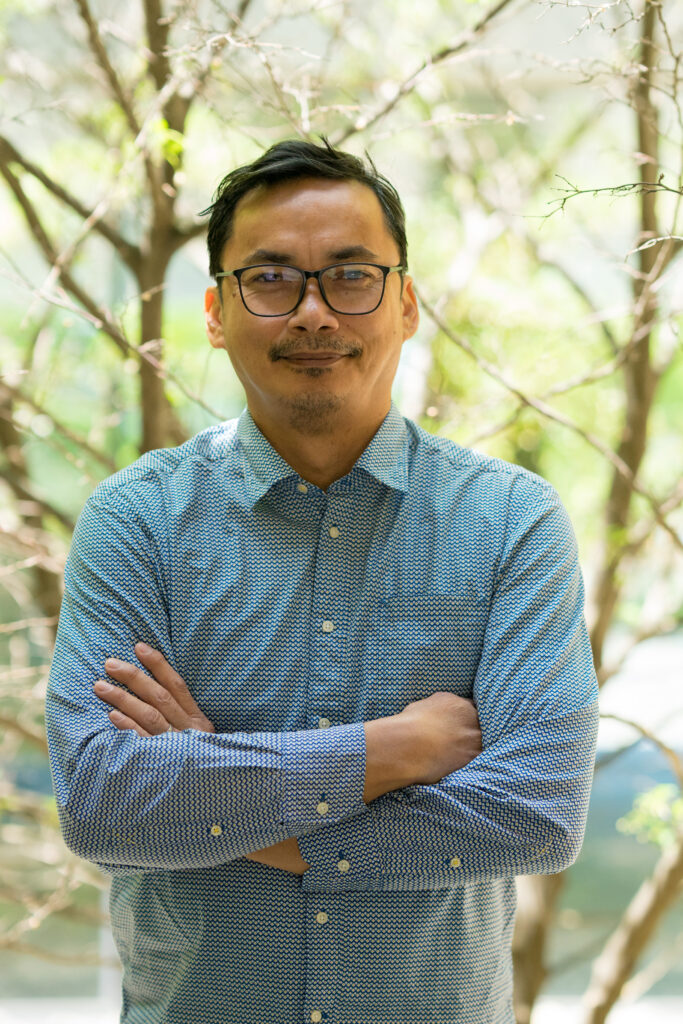
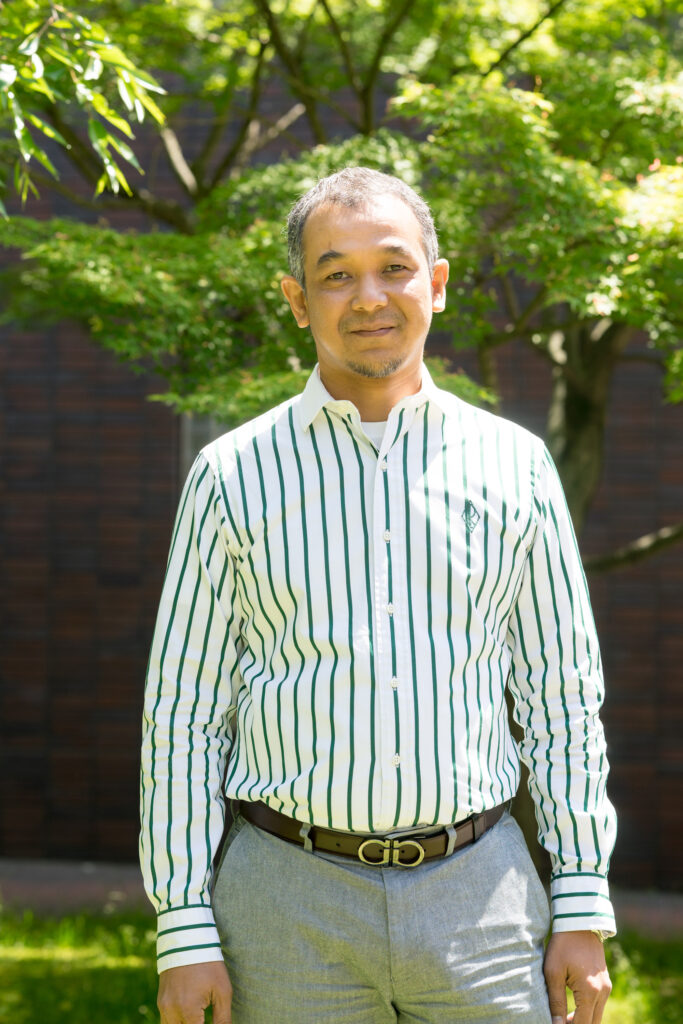
Hezri Adnan
Retro-fitting or Transformation? Sustainable Development Goals and Public Policy in Southeast Asia
In Southeast Asia, governments, businesses and non-governmental stakeholders are laying the building blocks necessary to adopt a suite of 17 Sustainable Development Goals (SDGs). The goals, targets, and indicators of SDGs aim for a global transformation by 2030 whereby ‘no one will be left behind’ in development as well as to ‘end poverty, protect the planet, and ensure prosperity for all’. While at CSEAS, I will analyze the nature and extent of SDG implementation in Malaysia, Indonesia and Thailand at various scales of governance. Informed by the scholarship on policy change and sustainable humanosphere, the research will examine whether countries are merely ‘retro-fitting’ the SDG agenda into their existing priorities, or ambitiously exploring the potential for credible policy reforms or transformation.
Colin Andreas DÜRKOP
Research Topic: ASEAN and BSEC – A comparative analysis between two Regional Organizations
While numerous studies exist which focus on multilateral cooperation at a regional and/or sub-regional level, little research appears to have been conducted on inter-regional comparisons. This is surprising in times of advancing globalization and regional cooperation. As a case in point, the Black Sea Economic Cooperation Organization (BSEC) is hitherto little known in Southeast Asia (and vice-versa). So far, there has been no comparative analysis between these two regional organizations which share many similarities but also different features. Moreover, no institutional links have so far been established between ASEAN and BSEC comparable to the Forum for East Asia-Latin America Cooperation (FEALAC). Similarly, only few exchanges on academic/scientific level or between think tanks and NGOs took place so far.
Against this backdrop it appears to be of academic interest to compare the goals, structures, working principles and methods as well as different programs of the two regional bodies situated in Southeast Asia and West Asia, two economically vibrant regions with a potential to complement each other. This research will address the question to what extent or in which areas BSEC could serve as a source of inspiration (rather than an alternative model) for the ASEAN in general or AEC in particular, or vice versa. As a case study, SME development approaches pursued by both regional organizations will be chosen as a focal point for the analysis.
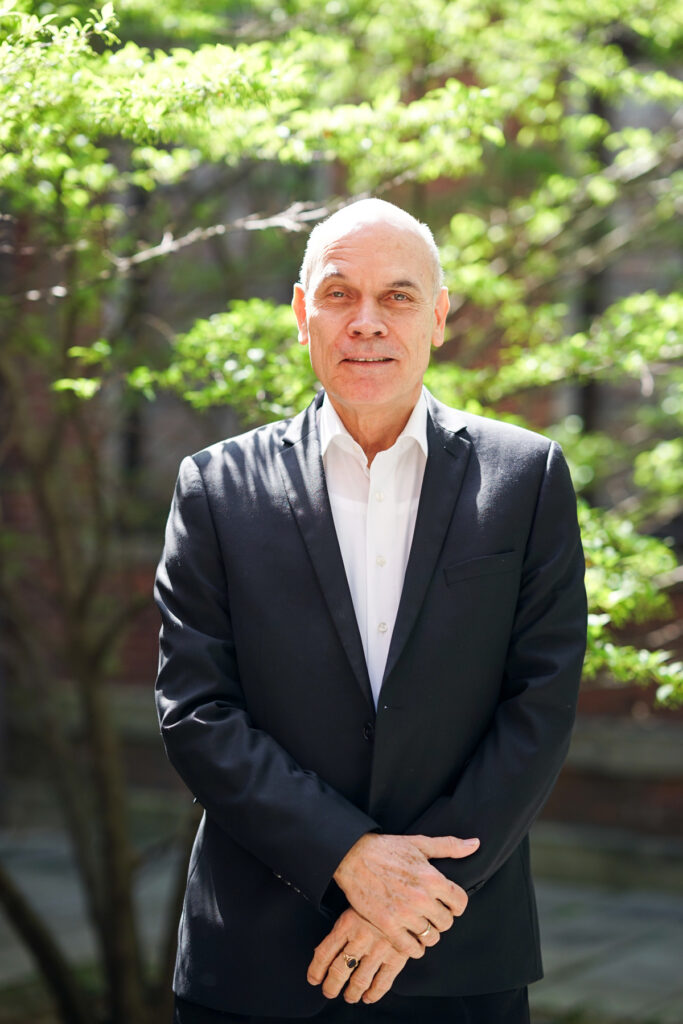
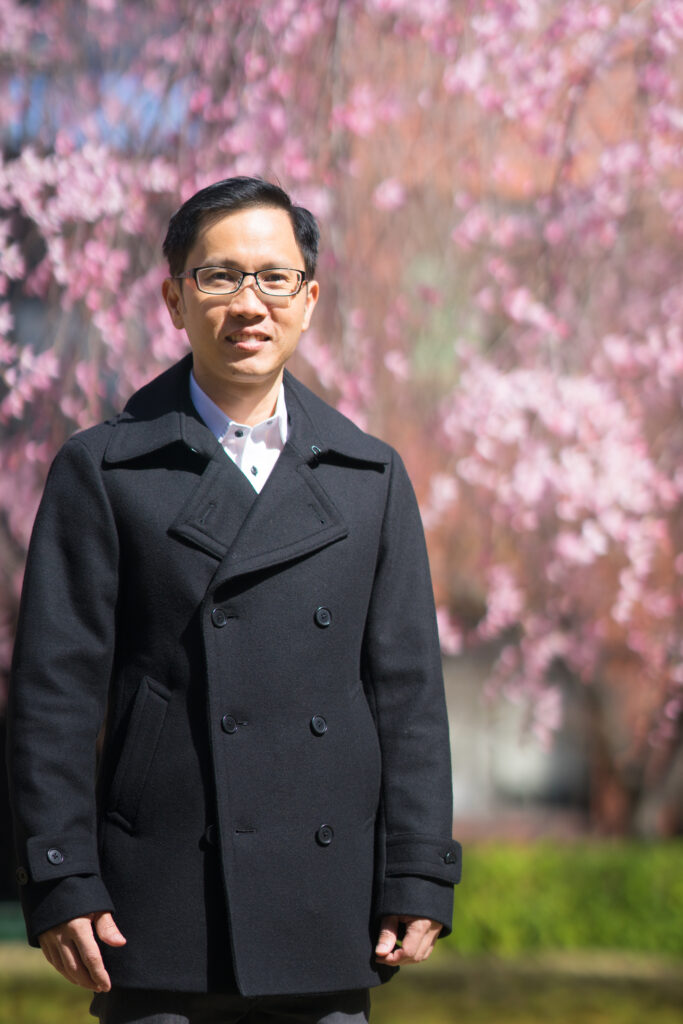
Saksith Chalermpong
The Political Economy of Public and Informal Transport in Thailand
At CSEAS, I will work on synthesizing the lessons learned from Thailand’s experiences in planning and regulation of public transport systems over the past two decades. I will employ a political economy approach to understand the interactions between government institutions, and the behaviors of transport operators, in particular, how the action or inaction of government institutions create incentive systems for operators, drivers or other stakeholders. Such decisions often produce outcomes that are generally socially desirable, but often times problematic. Institutional, organizational, and other issues that affect performance of public transport, including formal and informal operators in Bangkok, will be analyzed and compared with those in other Southeast Asian countries. It is hoped that Thailand’s experiences with planning and regulation of public transport systems can offer useful lessons for other developing countries in Southeast Asia and elsewhere.
Puangthong Pawakapan
Research topic “The Thai Military’s Civil Affairs Projects”
Associate Professor Puangthong Pawakapan
Visiting Research Scholar at the CSEAS, Kyoto University
The Thai military’s civil affairs projects, including rural development program, mass organizations and psychological operations, were essential tools of counter-insurgency operations during the Cold War period. The Internal Security Operations Command (ISOC) was the nerve center of the operations. ISOC was known for its use of violence and propaganda techniques against the movements of students and peasants in the 1970s. The demise of communism did not see the winding up of ISOC power. Instead, the military expanded its power widely, especially after the coups of September 2006 and May 2014. This research examines the role and impact of ISOC in organizing and mobilizing several segments of Thai citizenry nationwide with the aim to undermine electoral democracy and to entrench the power of the conservative elites, especially when Thai society is polarized deeply by the color-coded conflict.
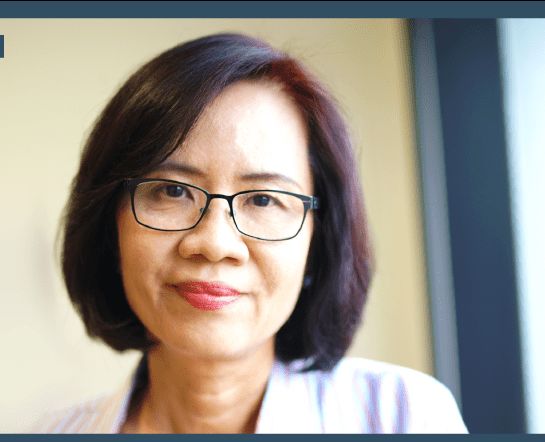
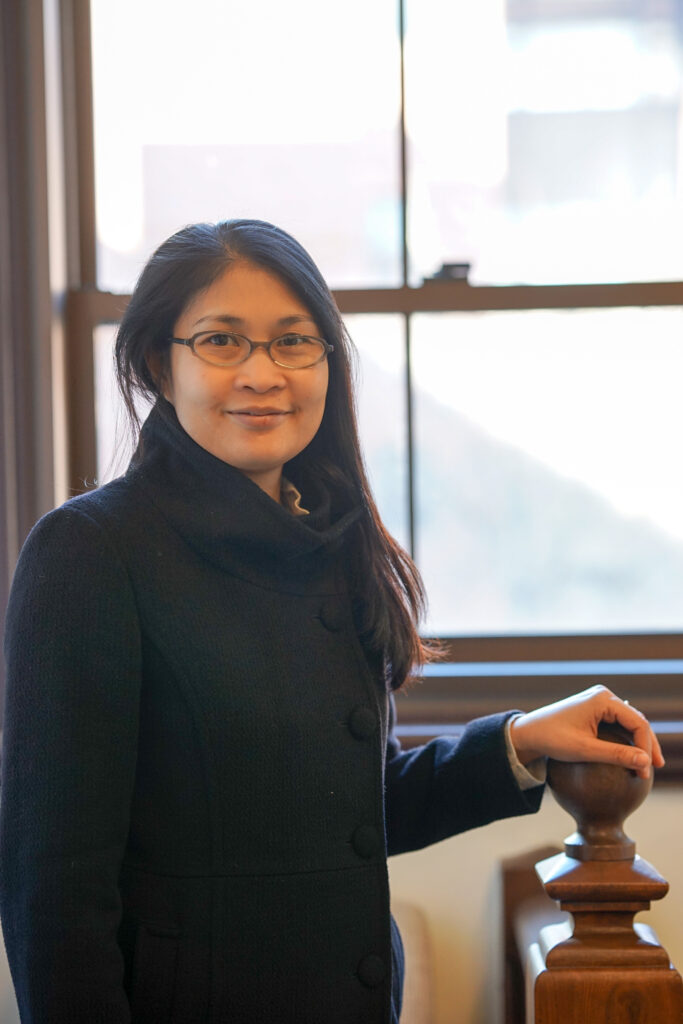
Thongphanith PHOUKHAM
Creating and Printing of the National Bibliography
2 year ago I was able to participate in a Sakura Science Project and visited Japan. I did not think I would be able to visit again however, I am glad that this became a possibility and that I have received a warm welcome from CSEAS. During my stay I hope I will gain valuable academic experience and learn about how CSEAS operates. I aim to use my experiences here to lead to more fruitful cooperation between the National Library of Laos and CSEAS in the future.
Sypha PHONGSAVATH
Compiling Academic and Non-Academic Journal Titles are Published in Laos for Making the National Journal Bibliography Books.
I am a librarian from the Central Library of the National University of Laos and this is my first time that I have an opportunity to visit Japan and Kyoto University. I am very happy to be a member of CSEAS and I would like to express my thanks to the staff for their very kind opportunities to be here and their warm welcome. For three months I have been here, I have improved my librarian skills and will bring all of knowledge I have gained here to help develop Lao libraries after I return to Laos. I also aim to work on a paper entitled, Compiling Academic and Non-Academic Journal Titles are Published in Laos for Making the National Journal Bibliography Books. I will try my best to gain valuable academic knowledge and experience in Kyoto. Hopefully Lao librarians will be able to improve their library science skills as I have and I hope that we can have enduring cooperation between Kyoto University and Lao libraries in the future.
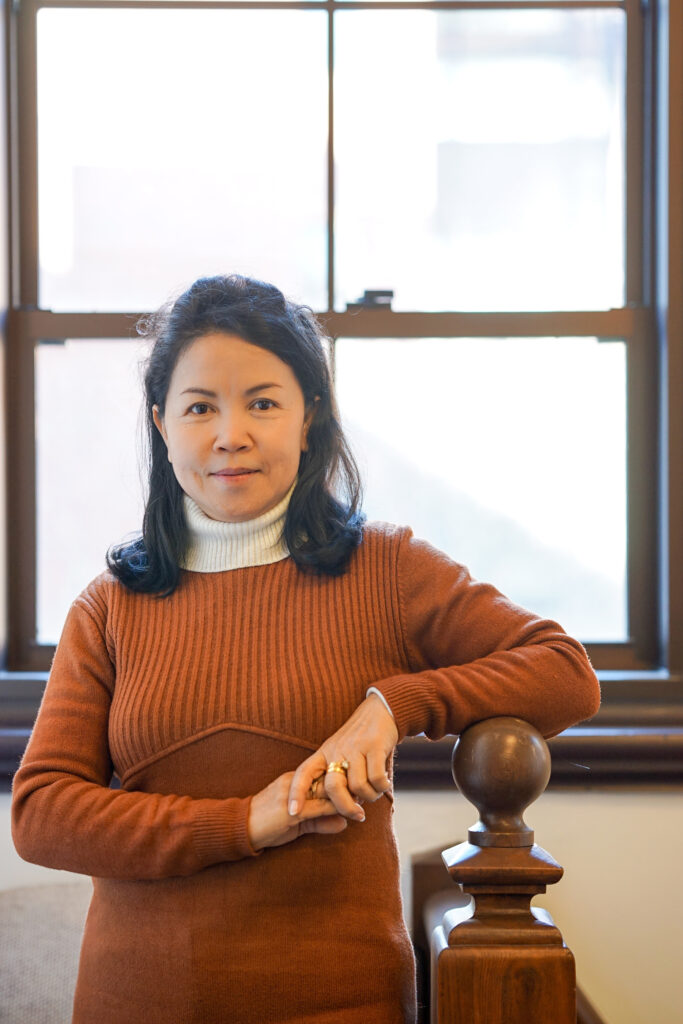
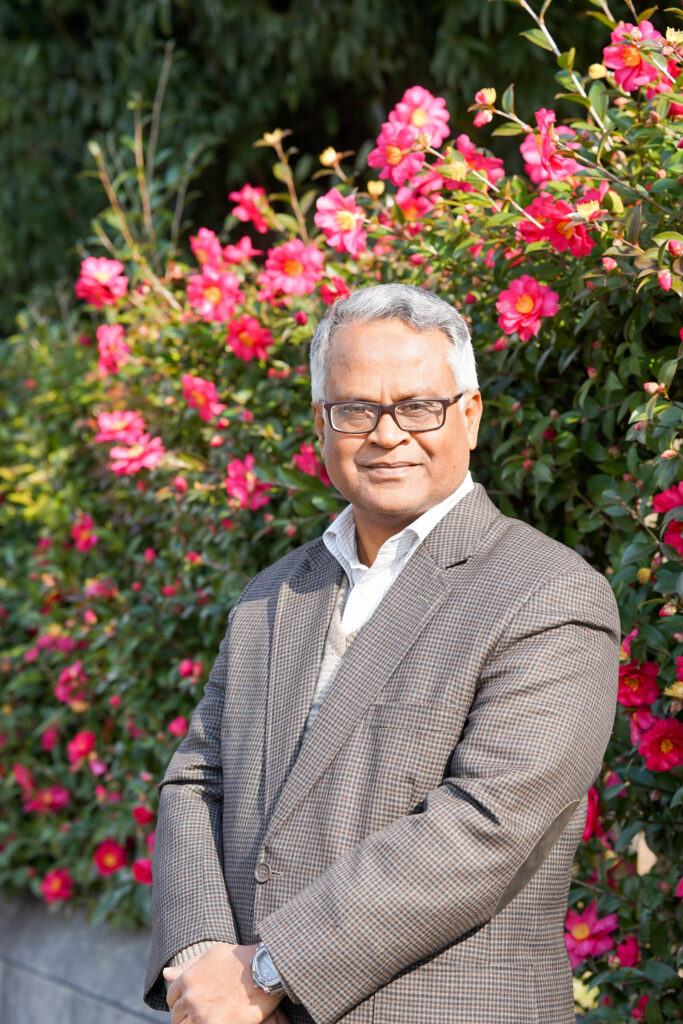
Muhammad SALIM
Agricultural Modernization and Sustainability of Rice Production in Bangladesh: Technological Issues
At the beginning of the Green Revolution in the late 1960s, modern varieties of rice were introduced in a number of developing countries that were struggling to overcome food deficits, including Bangladesh. The area under rice production in Bangladesh since independence in 1971 has been, to date, almost static while production has been increasing over the past four decades. Rice production more than tripled but progress has been slowing down. The yield plateau of rice must be overcome by revamping agricultural research through the development of a wide number of technologies such as development of suitable varieties in different Agro-ecological zones (AEZs), fertilizer management technology, water saving technology and systems of rice intensification (SRI) etc. Globally, the orientation of the development of agricultural is shifting from productivity to sustainability, stability and safety. However, these issues have not been studied properly in Bangladesh. While at CSEAS, I will study and focus on technological issues and the sustainability of rice production in Bangladesh.
Zaher SAMMAN TAHAN
Examination of some Genes Encoding Virulence-associated Factors in Asymptomatic Bacteriuria Escherichia coli Strain 83972 to Understand its Colonization Mechanism and to Evaluate its Potential Use in Prevention of Symptomatic Urinary Tract Infections
Escherichia coli (E. coli) is a well-known intestinal bacterium as a commensal of the humans and other animals. Most of E. coli strains causes no problem or even are beneficial to their hosts. However, some E. coli strains cause debilitating and sometimes fatal diseases in humans as well as warm-blooded animals. E. coli pathogenic strains are divided into intestinal pathogens causing diarrhea and extraintestinal E. coli causing a variety of infections including meningitis, septicemia and urinary tract infections (UTI’s), the latter being called uropathogenic E. coli strains responsible for urinary tract infections.
UTI is considered to be the most common infections in humans and serious health problem affecting millions of people each year and one of the most common infection in Syrian’s hospitals. The primary infection step of UTI’s by these strains is colonization, i.e., bacterial adherence is generally considered to be a pivotal step in the colonization of host urinary tract epithelium submitted to hydrodynamic flow forces, so that the bacteria can resist removal by urine flow. Bacterial adherence not only contributes to colonization, but also to invasion, biofilm formation, and host cell damage.
Various types of uropathogenic E. coli strains possessing different attachment mechanisms have been reported. Fully virulent uropathogenic E. coli causes symptomatic UTI’s, accompanied by acute inflammation with strong innate immune response and tissue damage. Less virulent strains establish asymptomatic bacteriuria (ABU) accompanied by an innate immune response too weak to cause symptoms.
While at CSEAS I will be studying the difference between uropathogenic E. coli strains isolated from symptomatic UTI’s and their well-characterized virulence factors and an (ABU) E. coli strain 83972. Past molecular characterization of the strains isolated from bacteriuria, a representative UTI, revealed the following virulence-associated factors: various types of fimbria necessary for attachment, formation of biofilm and production of Siderophore; uropathogenic E. coli strains differ from the commensal E. coli by possession and expression of these specific virulence factors involved in interaction with host tissues. So, characterization of E. coli 83972 for possible virulence factors and modification of this strain, if needed, will enable us to use E. coli 83972 as a basis for establishment of a novel strategy to prevent recurrent UTI’s in Syria, which at present is strongly suffering from an internal dispute, and to reduce the everlasting issue of random and uncontrolled use of antibiotics, therapeutic treatment, for which no alternative treatment method is established.
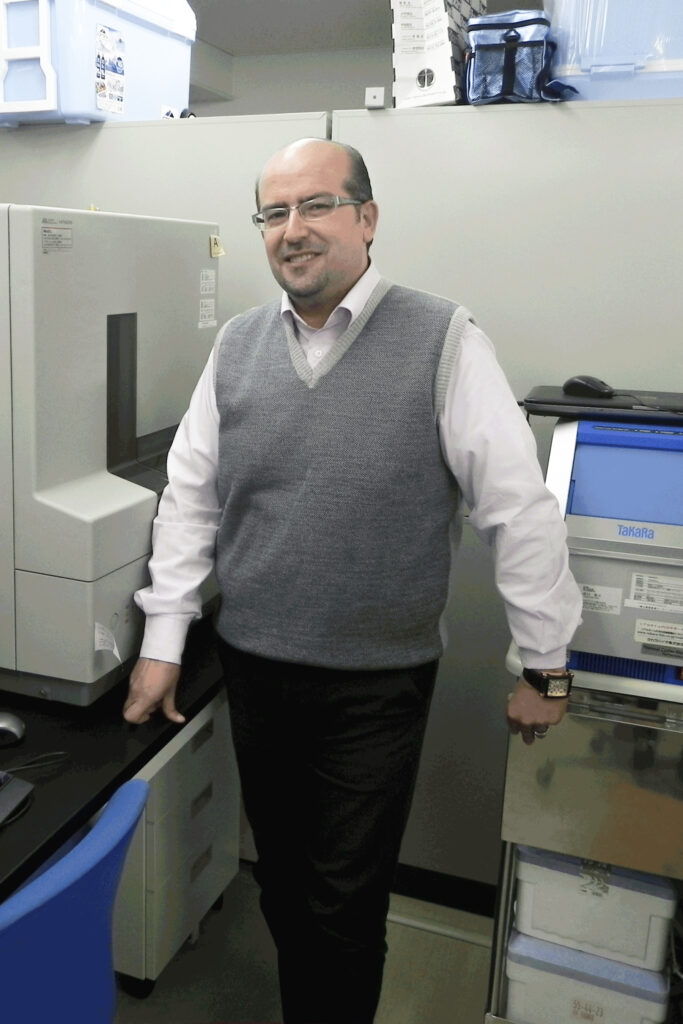

Kathrina MOHD DAUD
While at CSEAS, I will be working on a translation into English of Norsiah Gapar’s Pengabdian. Norsiah Gapar is one of the foremost Malay-language writers in Brunei Darussalam, and was the first female Bruneian writer to win the S.E.A Write Award in 2009. Pengabdian was her debut novel, and the winner of the first novel-writing competition organised by the National Language and Literature Bureau – it remains a staple of the national literature curriculum at the secondary and tertiary levels.
I will also be working on a project to understand and frame the production of contemporary Muslim literature in Southeast Asia, through its engagements with global as well as regional Muslim literature. While classical Muslim literature has been studied extensively, there is much less scholarship on contemporary global Muslim literature, and no comprehensive overview of contemporary Muslim literature in the Malay world in Southeast Asia. There has recently been increased focus on the Muslim Malay countries of Southeast Asia (Brunei, Malaysia, Indonesia) as emerging centers and offering national models for global Islamic civilization. As such, it is an opportune time to examine the cultural production of Islam in the region.
Coeli Barry
While at CSEAS I will work on two interrelated projects, the first of which is a series of short memoir-essays on life as a mother, a teacher and a human rights specialist in Thailand/Southeast Asia. Among other themes, these essays reflect on how the challenges of pursuing a more pluralistic, democratic Thailand has had an impact on both a personal and professional level. Assimilation, internationality and politics also figure into the second project, which looks at migration and higher education in ASEAN. High-skilled international labor on Southeast Asian campuses is valued by policy-makers, university leaders and students, as well by foreign academics. This research examines the gaps and conflicts that can and often do emerge over expectations about what and how foreigners should teach, what role (if any) they should have in shaping research agendas and whether foreign scholars can have a meaningful role in the host society more widely.
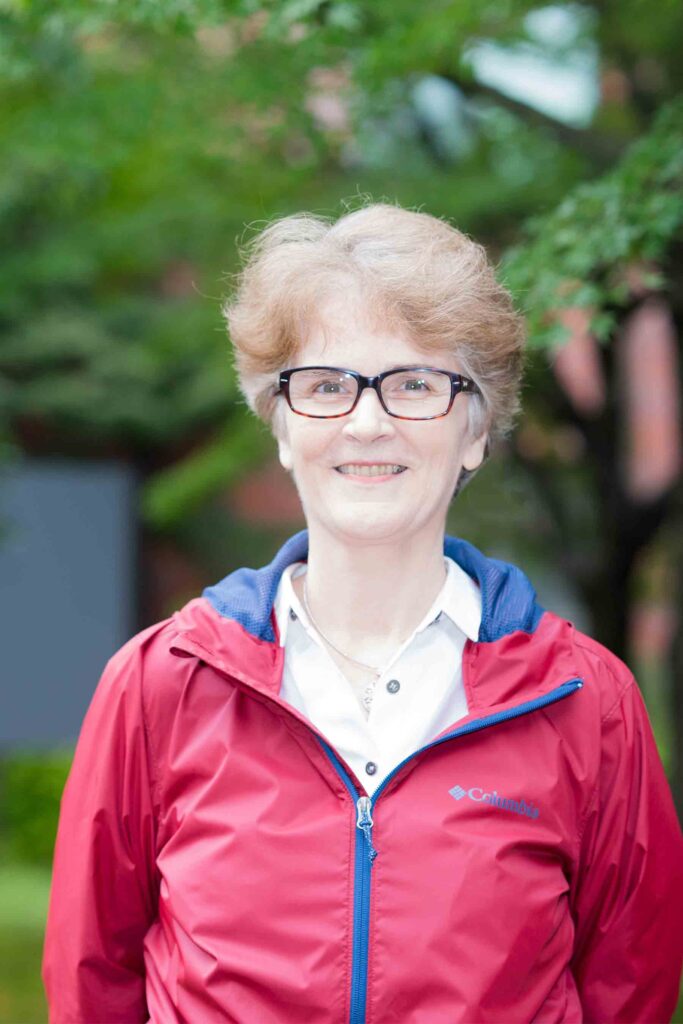
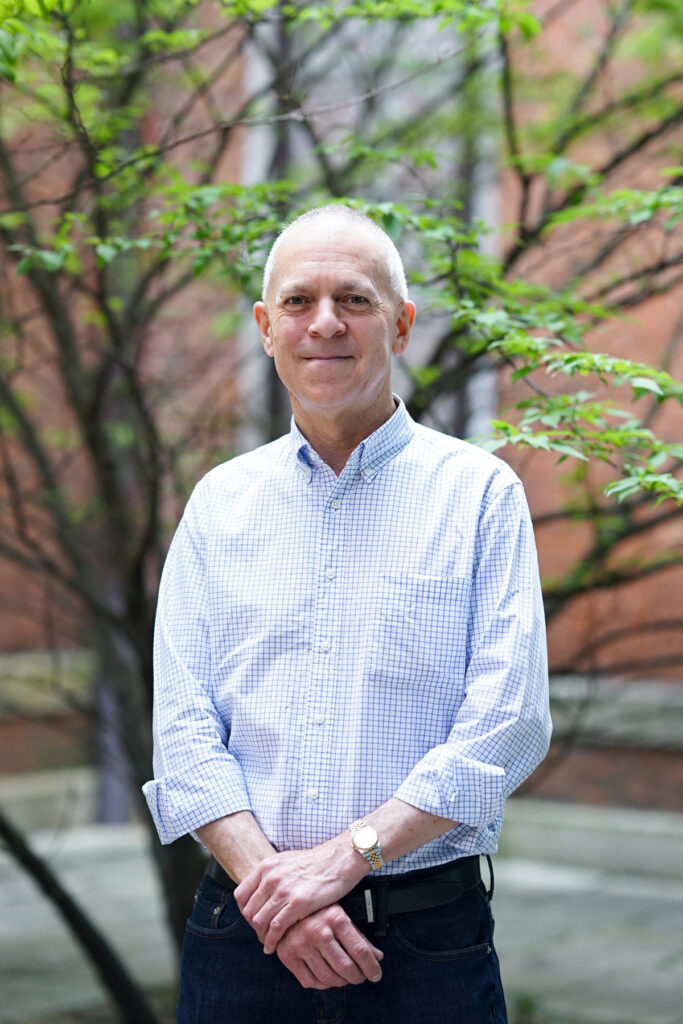
Peter Anthony JACKSON
While at CSEAS I will be studying how new spirit cults in Thailand that seek supernatural intervention to achieve success, wealth, and power have become increasingly popular among senior politicians, civilian and military bureaucrats, and also within royal circles. I am interested in the sociological processes that have seen these cults move from the socio-cultural margins to the centre of national religious life, where they have often been incorporated within state projects under the aegis of Theravada Buddhism. While the political influences of institutional religions in Southeast Asia – Buddhism, Islam, Christianity, and Hinduism – are well-established fields of research, the political significance of supernatural cults outside the major religions is less well understood. Drawing on cross-disciplinary insights from political science, history, anthropology, and religious studies I hope to shed some light on why modernity in 21st century Thailand is producing forms of supernatural “enchantment” that are increasingly central to the exercise of political authority.
Meredith Leigh Weiss
Malaysia: Politics & Society
I am currently working on two projects: completing a book manuscript on the resilience of the current regimes in Malaysia and Singapore, and a broader inquiry into the nature of Malaysia’s state and civil society. Both these projects draw on qualitative research—mostly interviews, observation, archives, and both primary- and secondary-source documents—and take an interdisciplinary, historical approach. Moving beyond the usual narratives of Malaysia’s communal politics and strong, centralized state, both projects highlight themes of developmentalism and its implications, forms of political participation and contention, and processes of social and political change. I hope this research will add to our understanding of the workings of the distinctive and perennially interesting Malaysian polity.
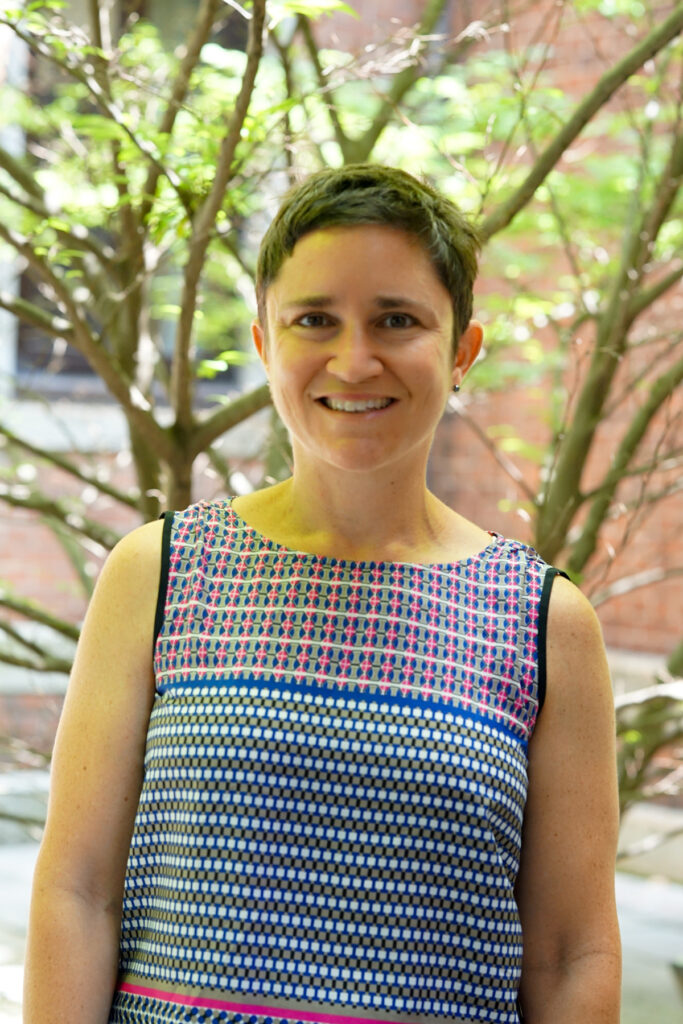
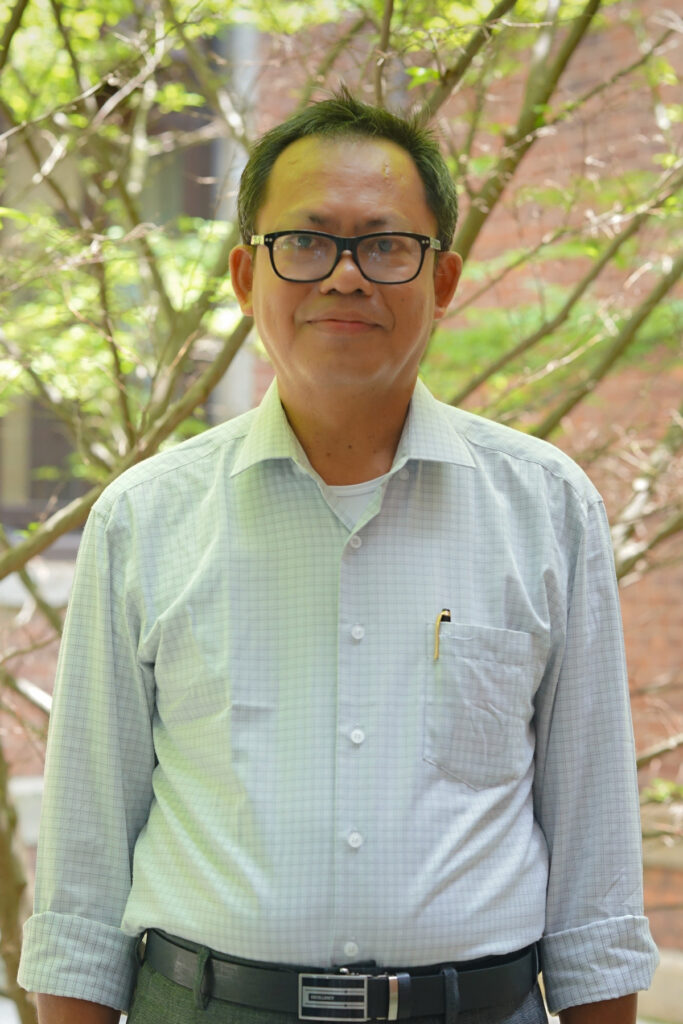
San Tun
The Social Implications of Studying Abhidhamma in Contemporary Myanmar
At CSEAS, Kyoto University, I will conduct a research project to study Abhidhamma, Buddhist Philosophy, and its social implication in contemporary Myanmar Society. In Myanmar’s traditions, there are Buddhist social activities carried out every full moon day of each
month. The full moon day of the seventh month of Myanmar calendar is called Abhidhamma Day and Myanmar Buddhists celebrate “respect and
forgiveness day.” Nowadays, the significant feature of contemporary Myanmar is “political change” and democratization. Through this
process, social, economic, and conceptual change in Myanmar society is a strong influence. My assumption is that some persons apply their
knowledge of Abhidhamma in their problem solving, in terms of friendships, leadership, and of their philosophical attitudes.
Christine Anne PADOCH
Human mobility has recently been in the international spotlight, as high-volume refugee flows dominate the news. Migration is of course not a new phenomenon in Southeast Asia. While at Kyoto I will pursue a transdisciplinary approach to the study of patterns of mobility, both now and in times past, in the Malaysian state of Sarawak. The research has two specific foci, both of which would serve to update earlier understanding of mobility especially among the Iban. One focus will be upon the fate of one village that was forced to migrate due to the construction of a hydroelectric dam at the town of Lubok Antu in the 1980s. A second focus will be on traditional and new forms of wage-labor migration or “bejalai”. Both will bring historical information, including previously unpublished ethnographic data, to bear on present forms of human mobility and demographic change.
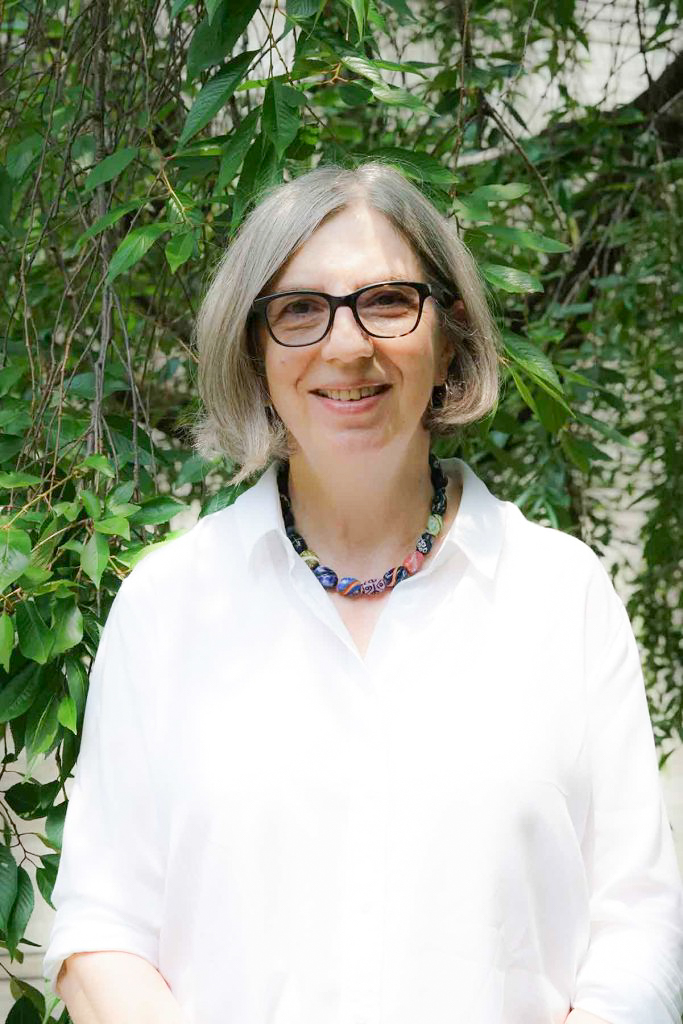

Kevin John HEWISON
Cold War Alliances: The U.S., Counterinsurgency and the Making of the Modern Monarchy
The study of the monarchy role in Thailand’s politics has grown in significance in recent years, with several books and articles appearing and a constant stream of media commentary, much of it associated with the question of succession. Yet there has been less attention to the relationship between Cold War, the political rise of the monarchy and the path of domestic politics. Because of censorship, research in Thailand on this intersection of monarchy, counterinsurgency and the US alliance in Thailand has been all but impossible. This period of research at CSEAS permitted a detailed assessment of US official and semi-official sources at the State Department, Presidential libraries, RAND and the CIA. In fact, a few days after my arrival in Kyoto, the CIA released millions of documents, meaning that I was able to assess the thousands of these relevant to Thailand, from the mid-1940s to the mid-1980s, as well as read and assess a range of published materials. As a result of this all-too-short research period, I was able to make three presentations that reflected on the monarchy, counterinsurgency and succession at CSEAS and GRIPS in Tokyo.
Weera OSTAPIRAT
Prof. Weera Ostapirat is currently carrying out a joint-project at CSEAS with Prof. Nathan Badenoch on the ‘Linguistic past and present of the Palaung people of the Myanmar-China border area’. The primary output of the project will be a volume co-edited with Prof. Badenoch, tentatively titled Exploring the Diversity of the Palaung Languages. This publication will bring together a collection of research papers, including a paper co-authored with Prof. Badenoch, and a large compilation of new data on Palaung languages spoken in Thailand, Myanmar and China.
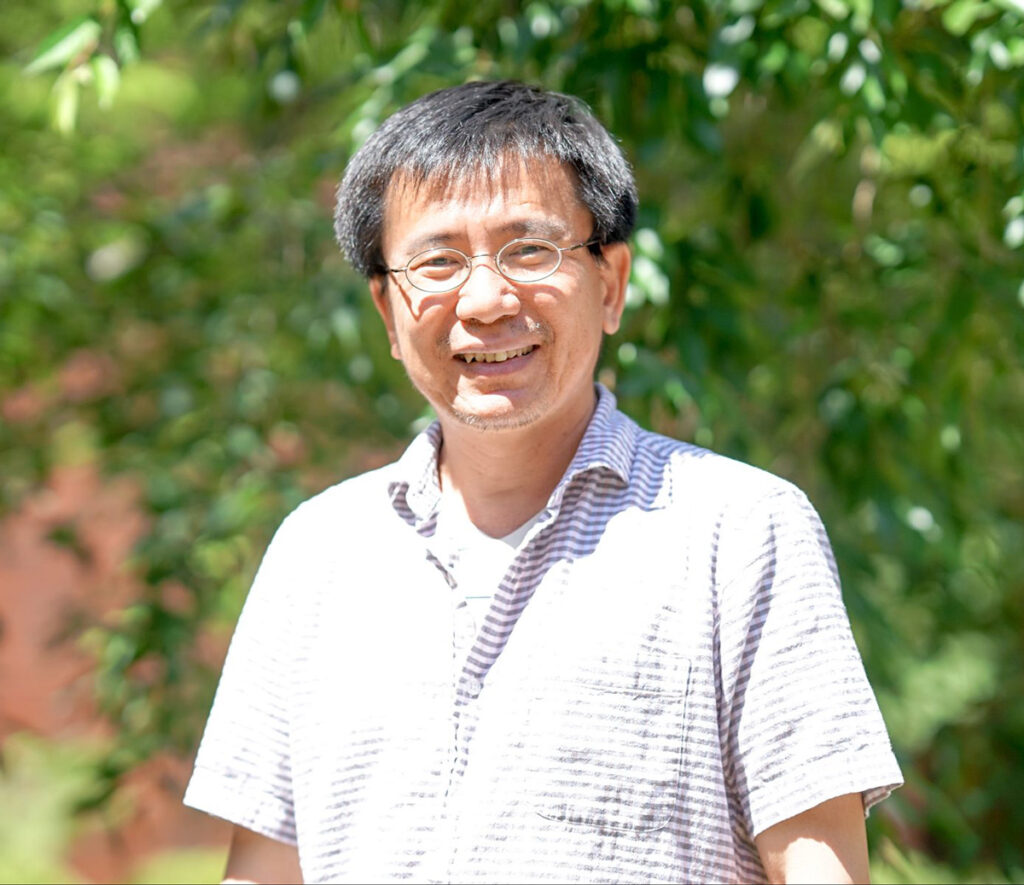
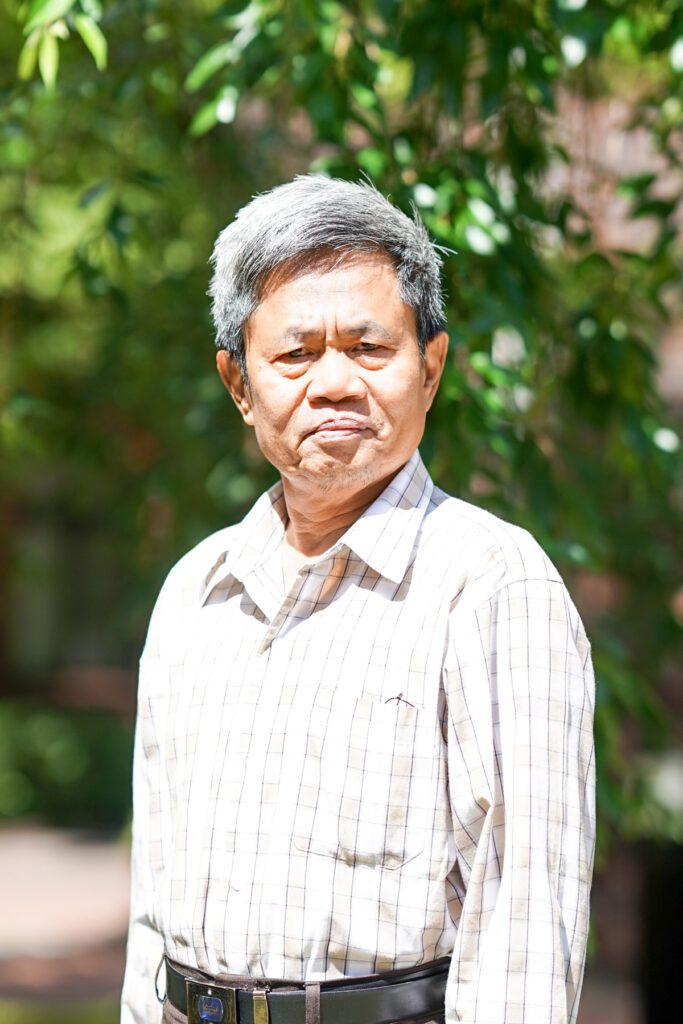
Ali Musa
The CSEAS library contains various collection of books, some of which are special collections that cover South East Asia and Dutch collections. Speaking about my research in CSEAS, so far I have managed several catalogues of the late Prof. T. Igarashi collections. It is an honor for me to be personally acquainted with the collections. The collections that I’ve been managed are mostly journals, magazines and personal works. The special collections contains various languages from Bahasa Indonesia-Jawi-Basa Sunda to Dutch.
Whilst I have been going through Prof. Igarashi collections, I have covered various areas dealing with agriculture, economic development, politics in the colonial period, the revolution, and pre- and post of Indonesian independence.
At last, it such an honor for me to have been given the great opportunity to experience CSEAS’s professional working environment. It is my hope that I will learn from and contribute more to CSEAS in the future.
Aung Naing Oo
Food security and socio-economic impacts of soil salinization in the central Myanmar: A case study
Central Myanmar is known as a Dry Zone due to its physical characteristics such as low annual precipitation, uneven distribution patterns, significant high temperatures and low relative humidity. In Htein Kan Gyi village in Myittha Township, Mandalay Division, more than 700 acres of land is salt-affected due to the water logging due to the main canal system of the Kinda Dam. As a result of this, soil salinity has been one of the most important issues for local farmers who live in this village. Decreasing soil productivity caused by salinization has led to social tension, unemployment and reduced incomes for all households. This research at CSEAS will survey the impacts of soil salinity on crop production, food security and socio-economic conditions of this village.
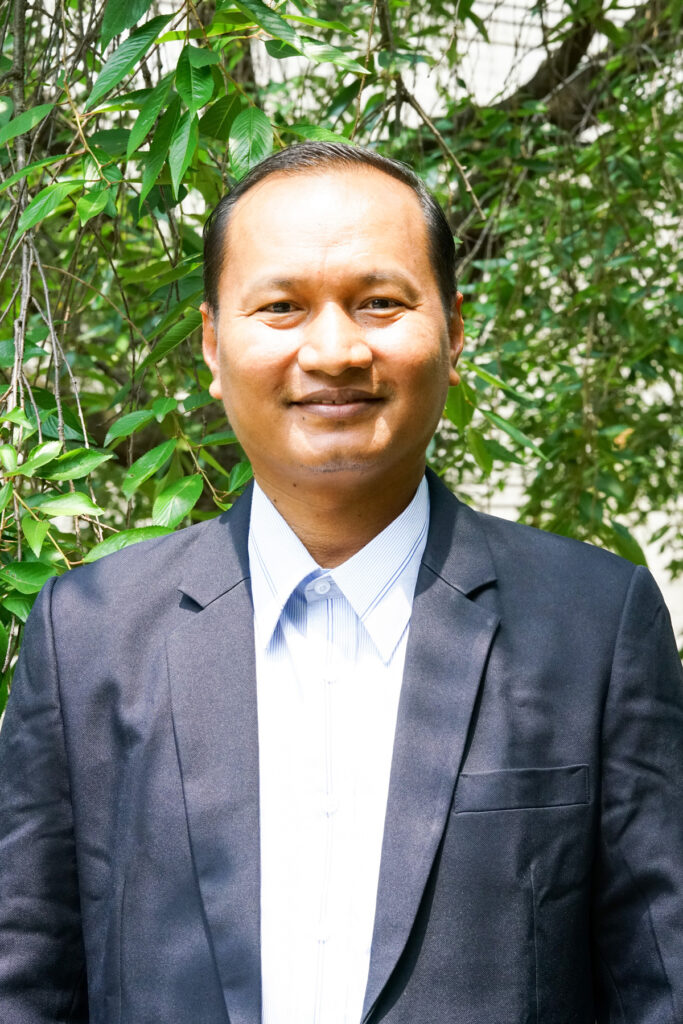
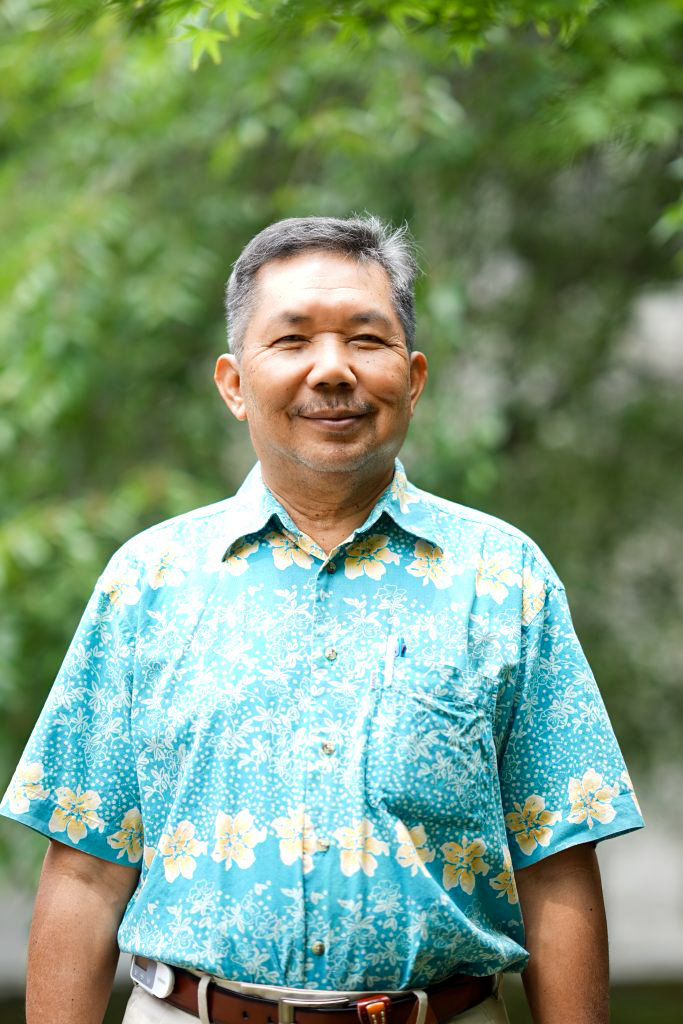
Wan Abdul Manan
While at CSEAS, I was able to review literature and secondary data on obesity in Malaysia and Thailand in relation to food habits, lifestyle and ethnicity, with a particular focus on the Malay population in Southern Thailand and Malaysia. I was also able to compile literature on the prevalence of obesity in Malaysia and Thailand from journals, survey reports, and government documents. The sojourn also afforded me the opportunity to visit South Thailand to discuss collaborations with academics, researchers and doctors in Prince of Songkla University (Pattani and Hatyai campuses) and the Ministry of Public Health, Southern Branch, Pattani. My stay also allowed me to study about the Japanese School Lunch Program, to see if it can be adopted in Malaysia as part of long term measures to combat obesity in children and adults in the future. I visited and observed school lunch preparation in a primary school in Sanda City, Kobe and visited the Museum on Japanese School Lunch Program in Saitama Prefecture.
Seminars presented:
1. “Imagining World-Class ASEAN Universities: Derailed Past and Future Roadmap?” Field Medical Workshop among Thailand, Malaysia and Japan, March 29th, 2017
2. “Nutrition Transition in Malaysia: Deconstructing the Hunger-Obesity Paradox”, CSEAS Colloquium, June 22nd, 2017
3. “Erosion of the Academic Dogma in Malaysian Universities: Drifting in the Abyss of World-Class Quest, “ CSEAS Special Seminar, July 3, 2017
TAYLOR Robert Henry
The Comparative Study of the Military in Southeast Asian Politics
The study of the role of the military in Southeast Asian politics has been a topic of interest to students of the region since the early days of the Cold War. Now, in the post-Cold War period, emphasis has switched to the study of ‘democratisation’ but the military is still present and no successful transition to a civilian constitutional order is possible without the cooperation of a state’s army. During my time at Kyoto I studied much of the new literature on this topic, particularly in regard to Indonesia and the Philippines about which I was less familiar than that on Myanmar and Thailand. The resources of the Centre’s and the University’s libraries were essential to cover such an extensive literature expeditiously. As a consequence, I was able to make presentation on this topic to seminars in Hiroshima, Osaka, and at CSEAS as well as give a talk on the study of Myanmar politics since the 1950s in Tokyo.

